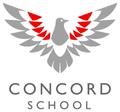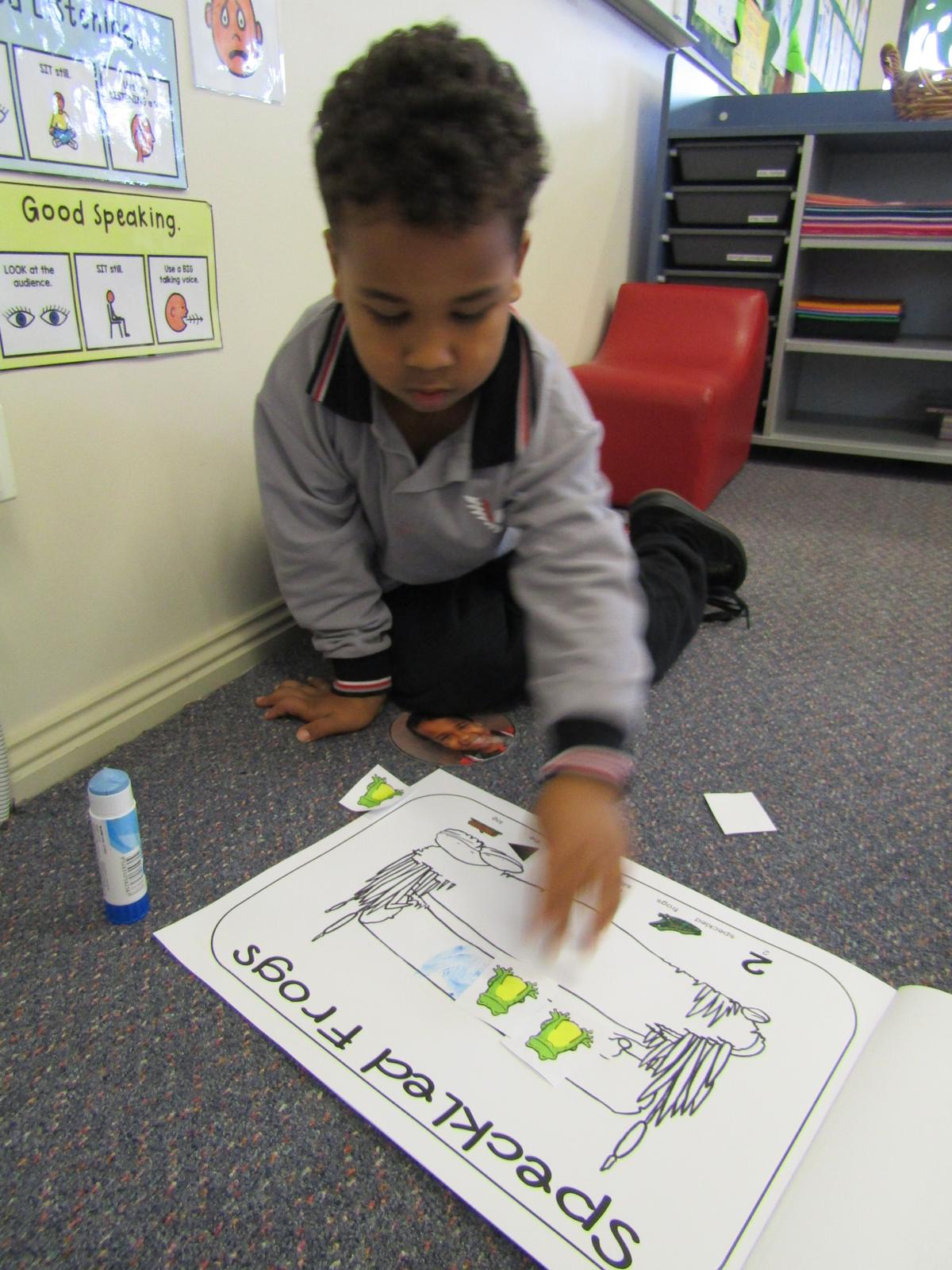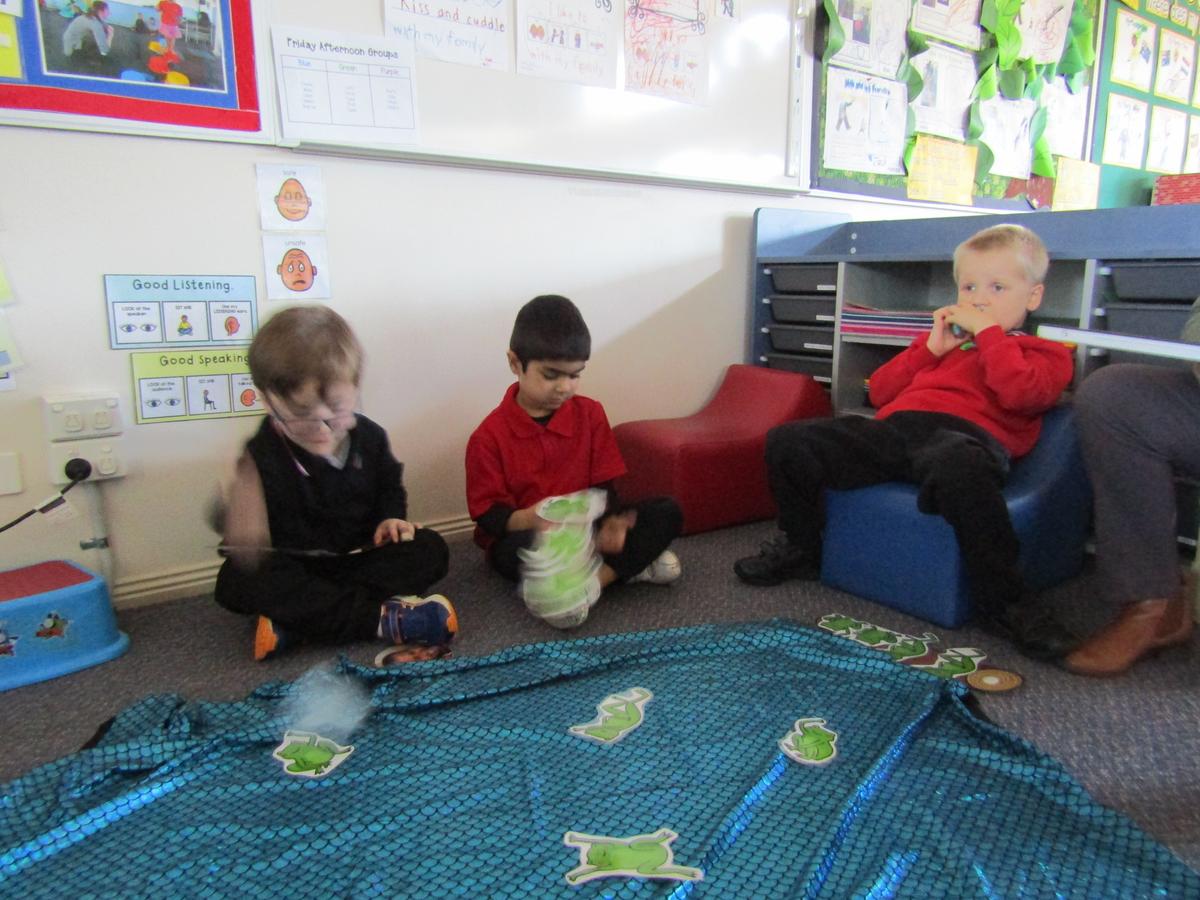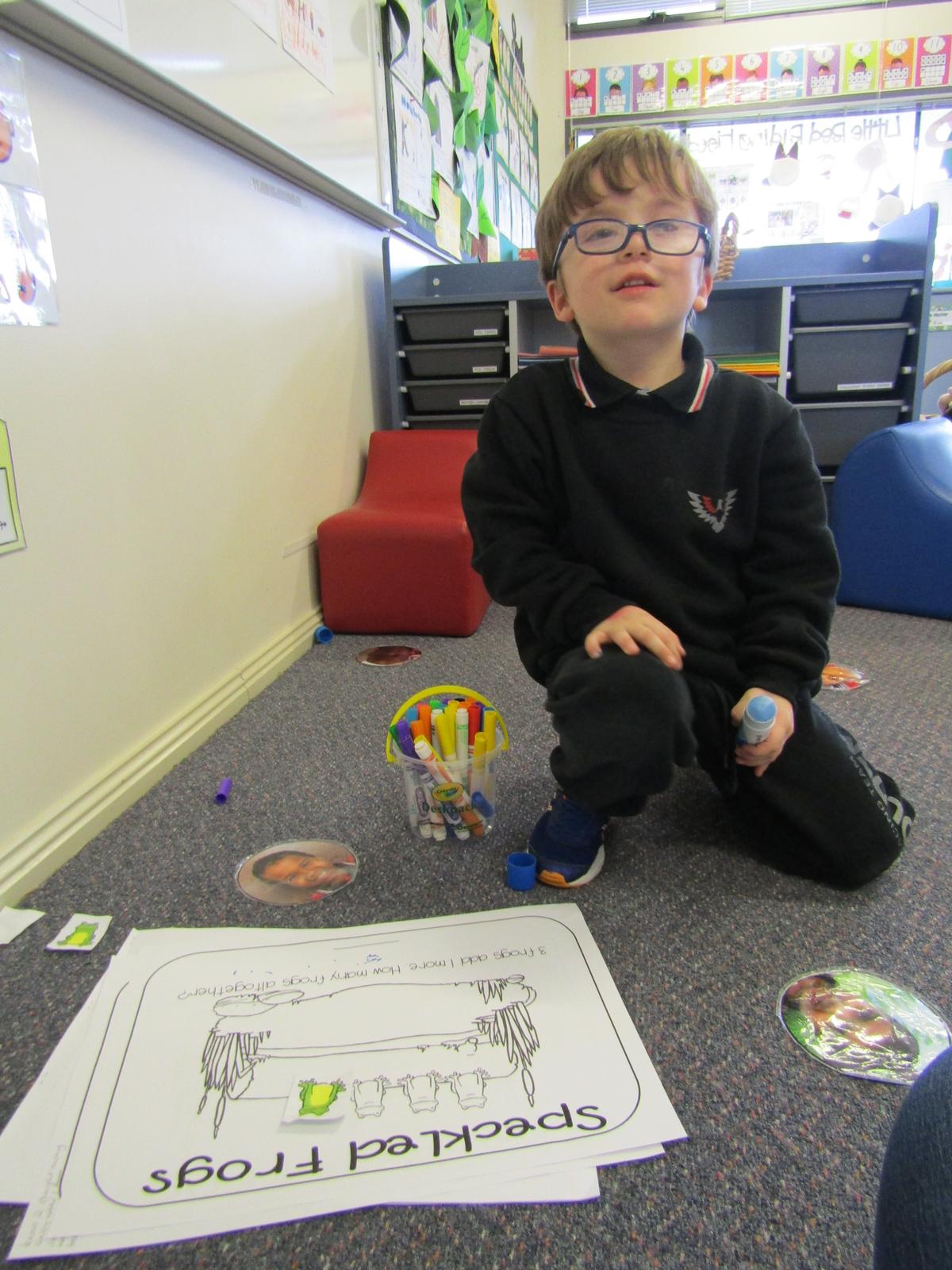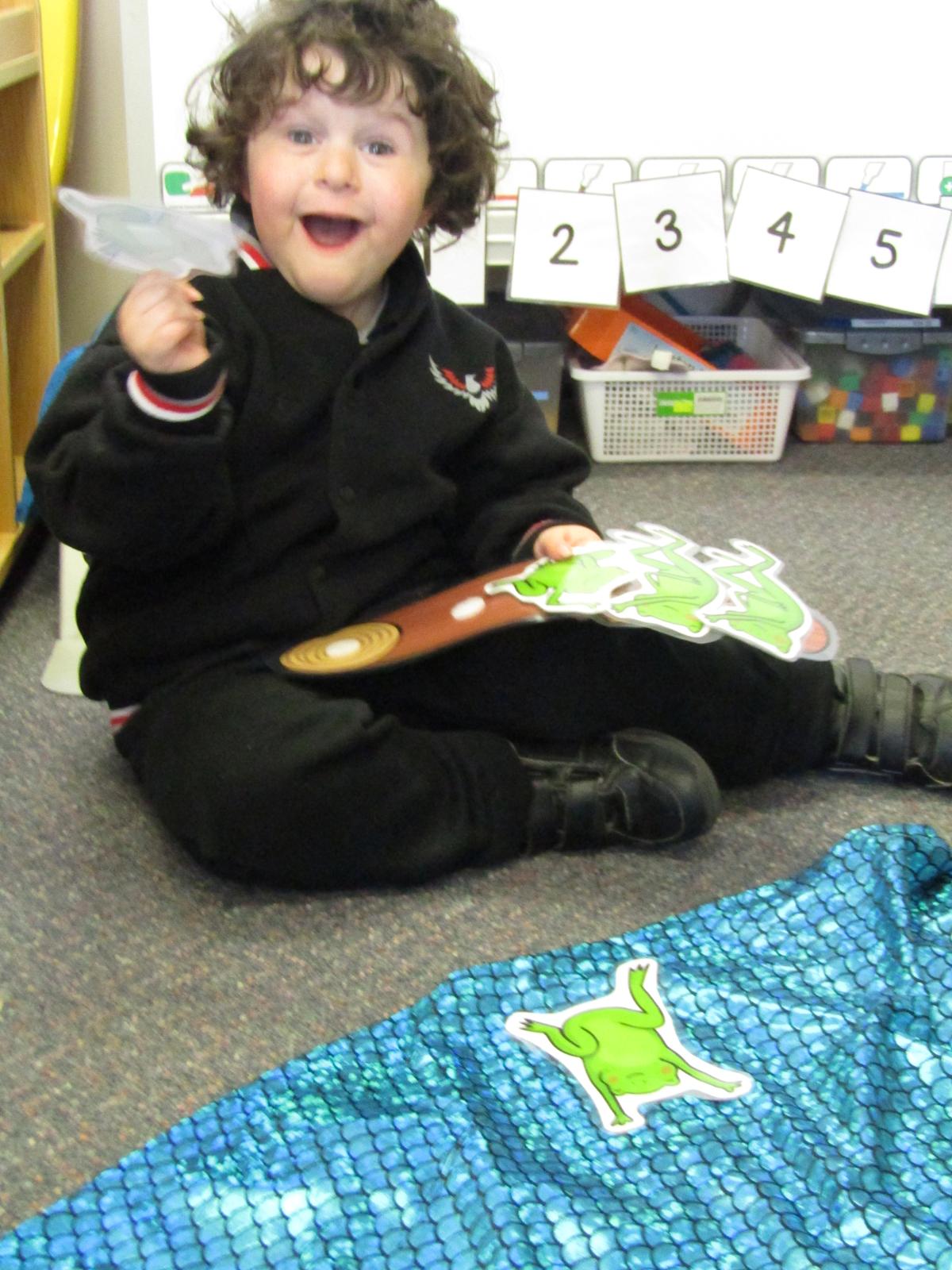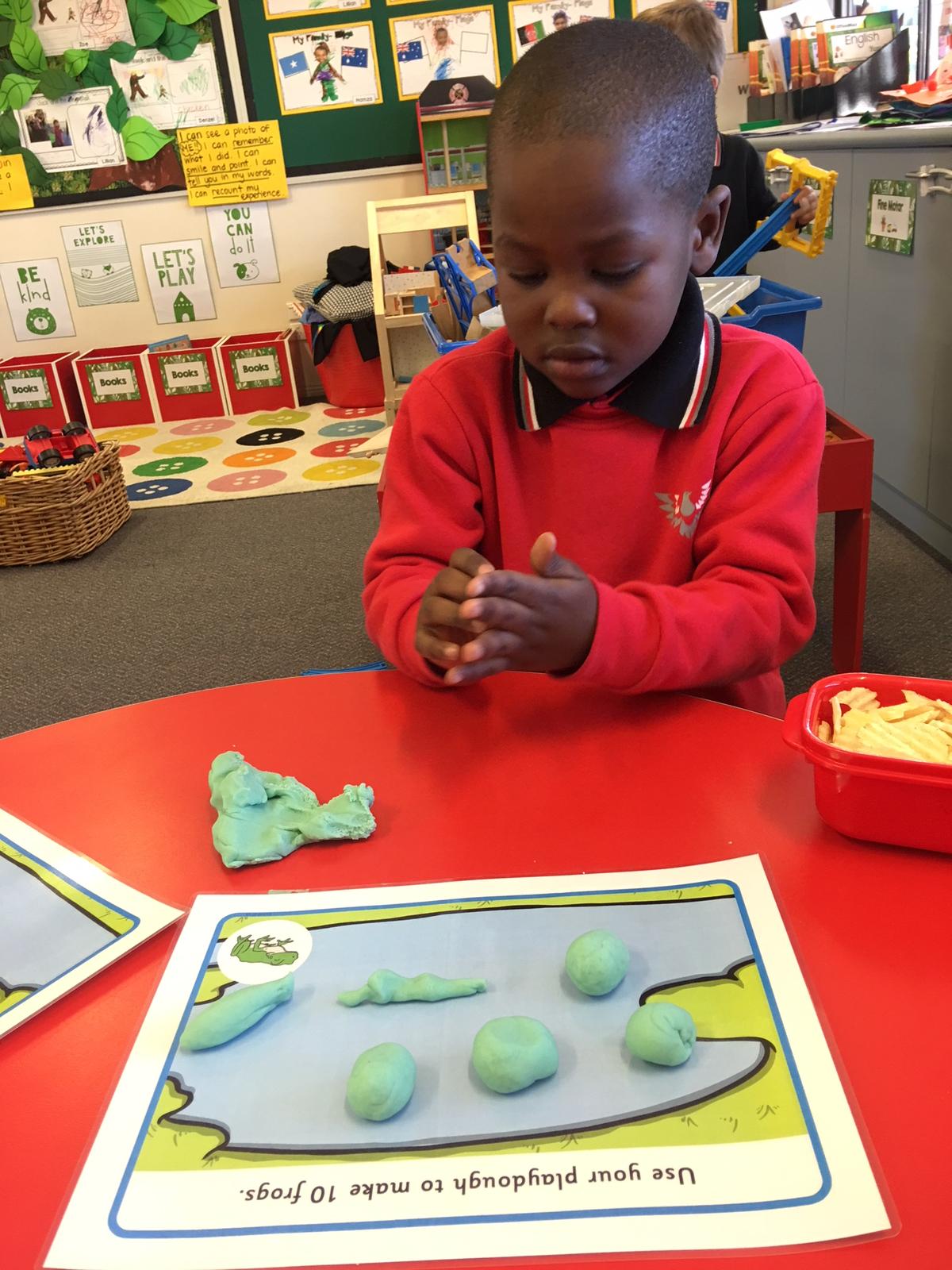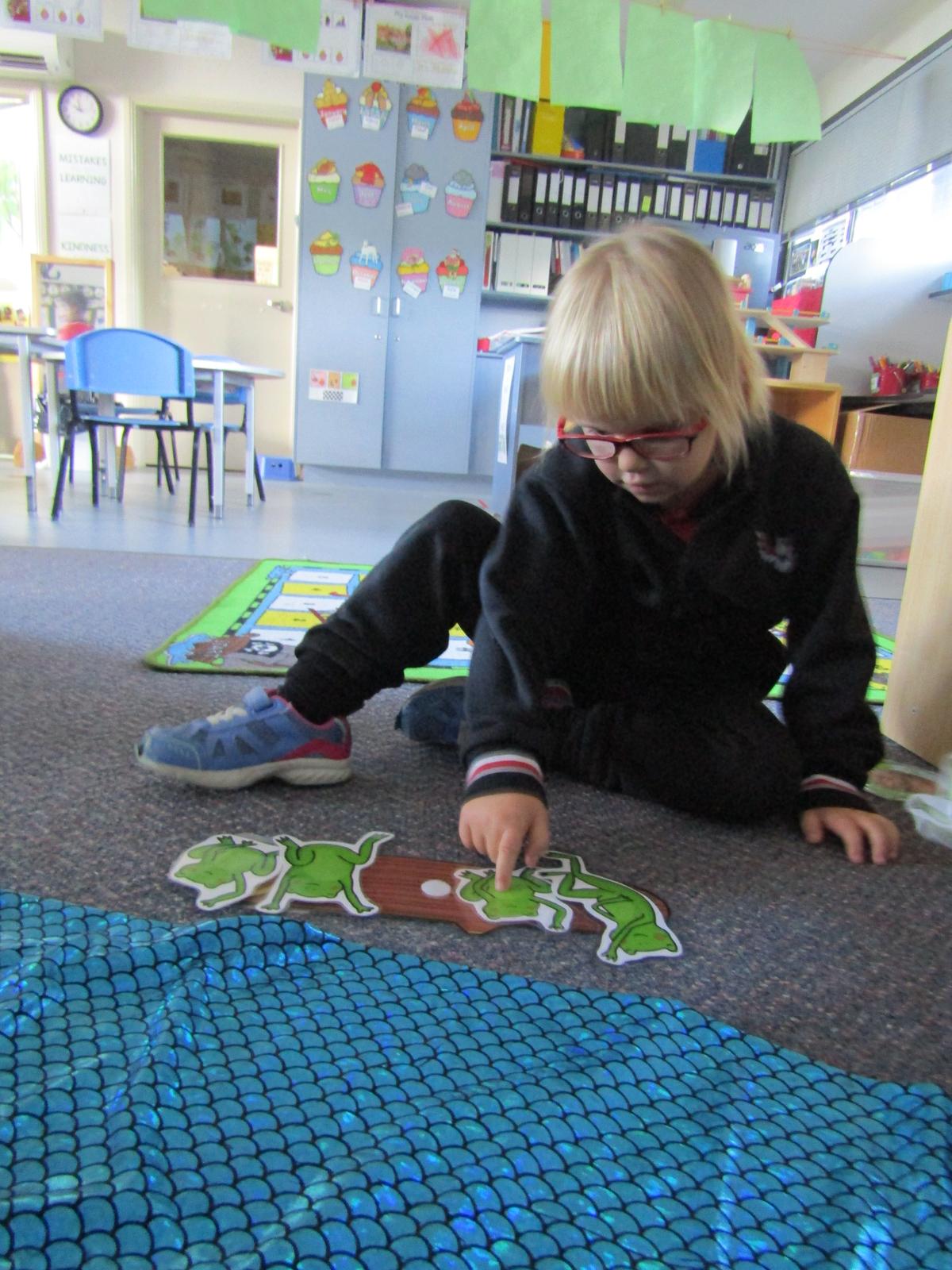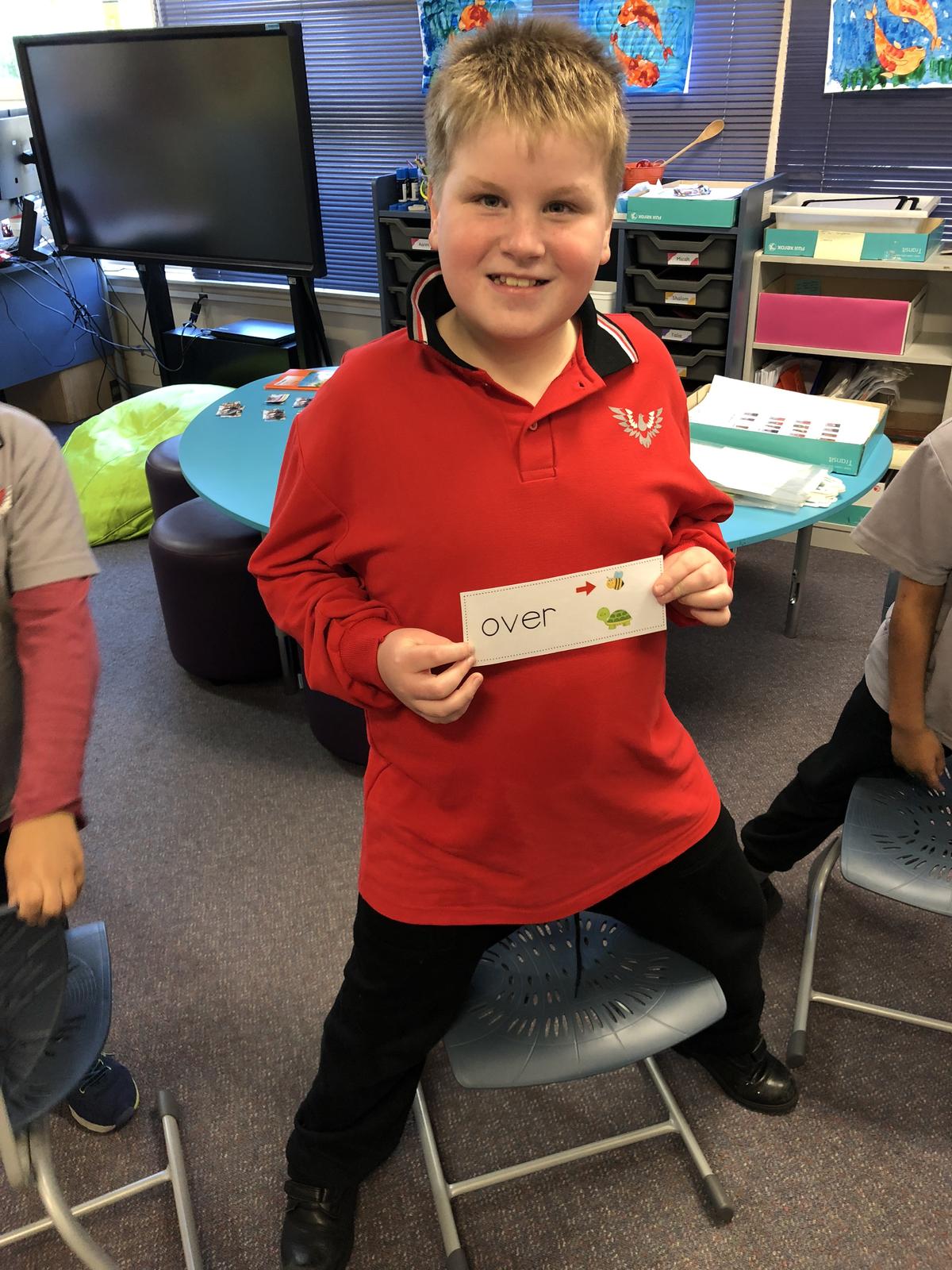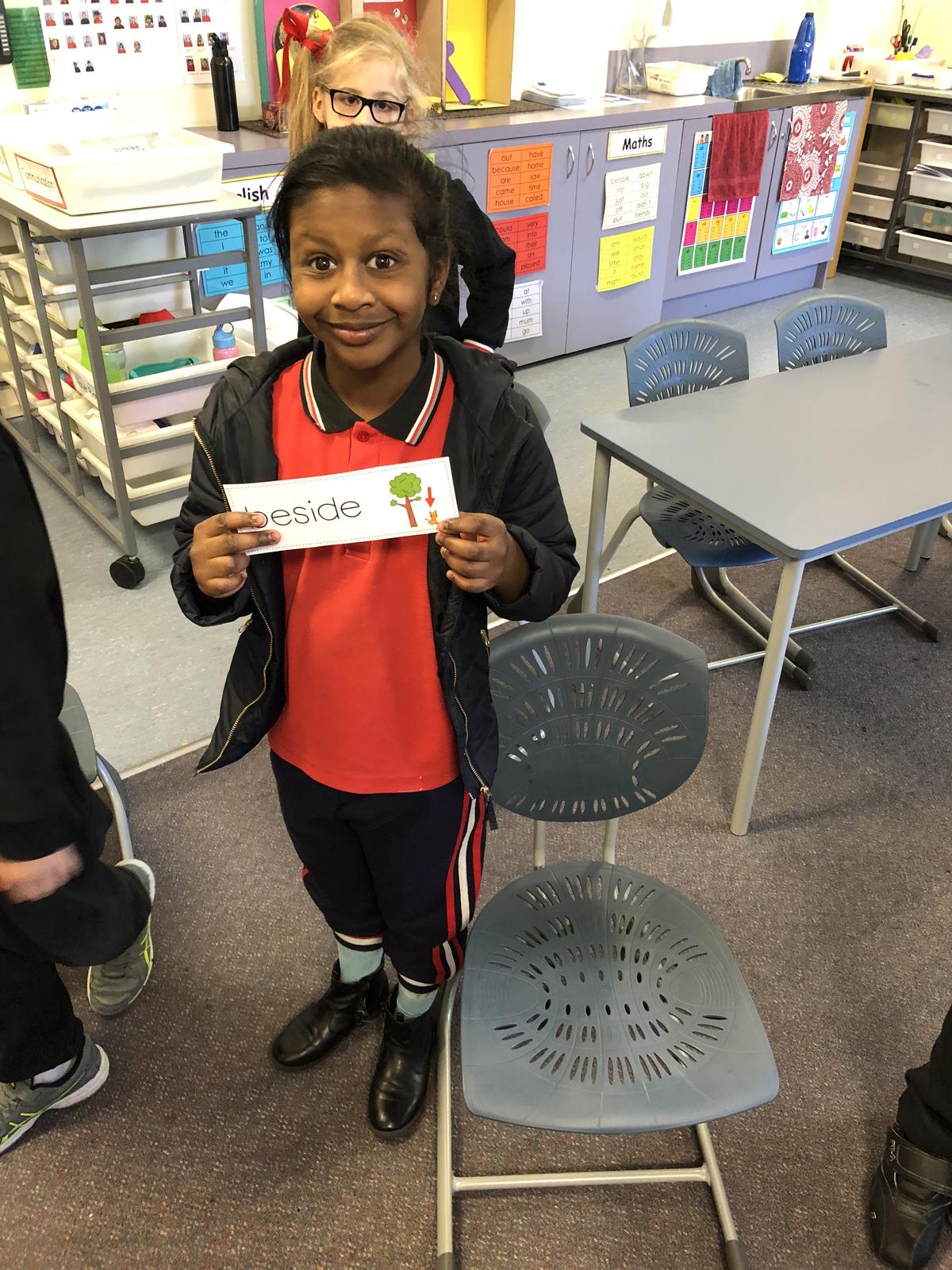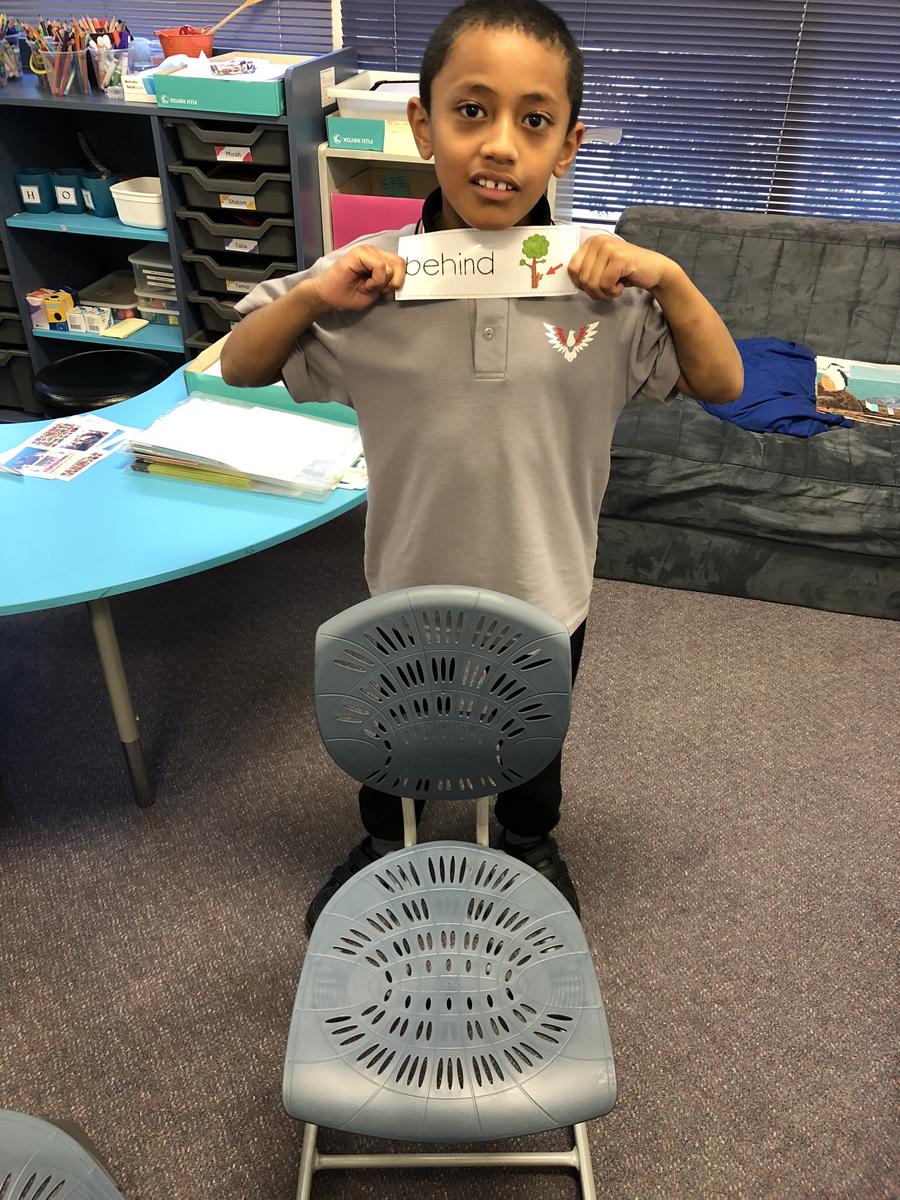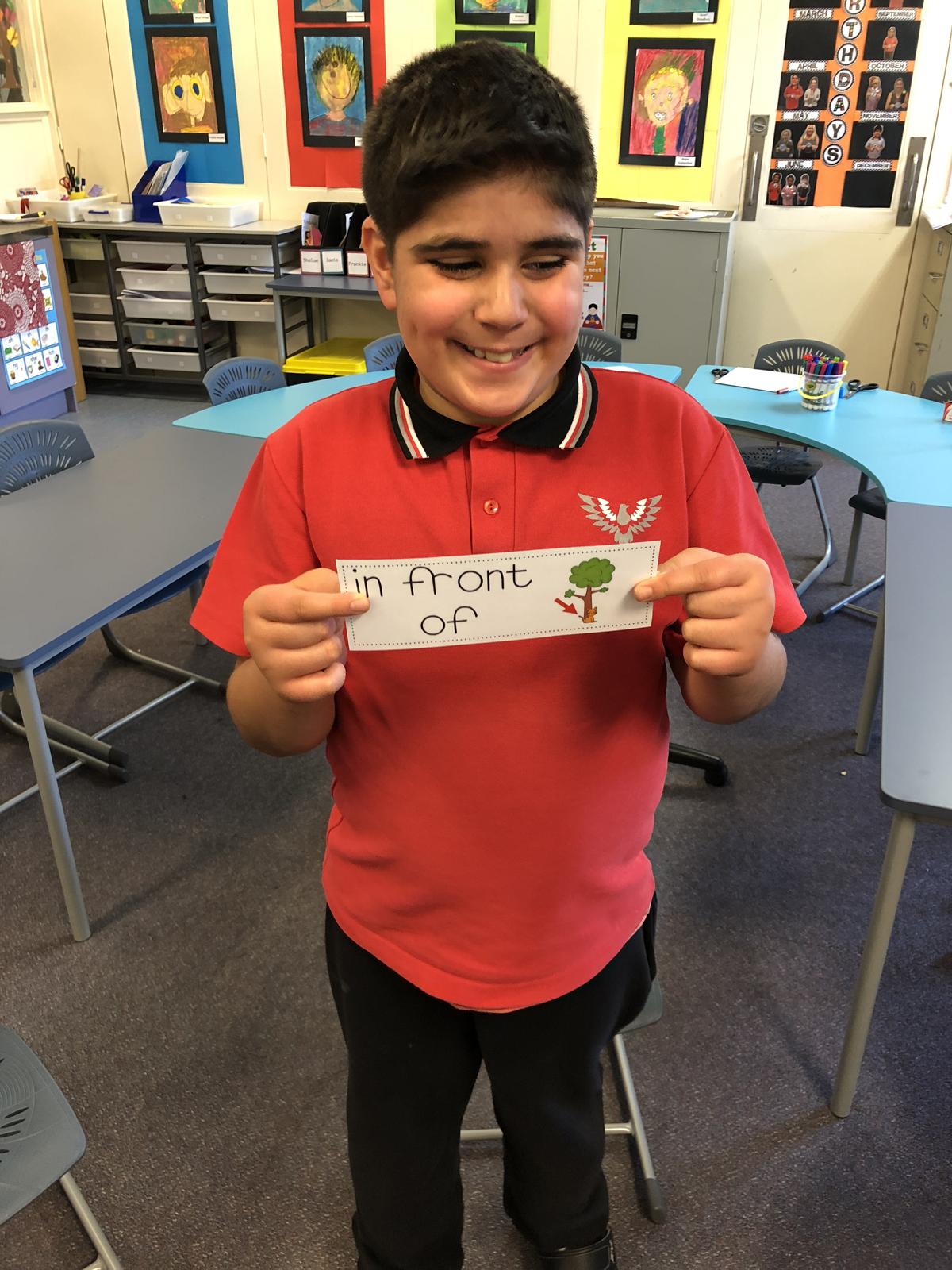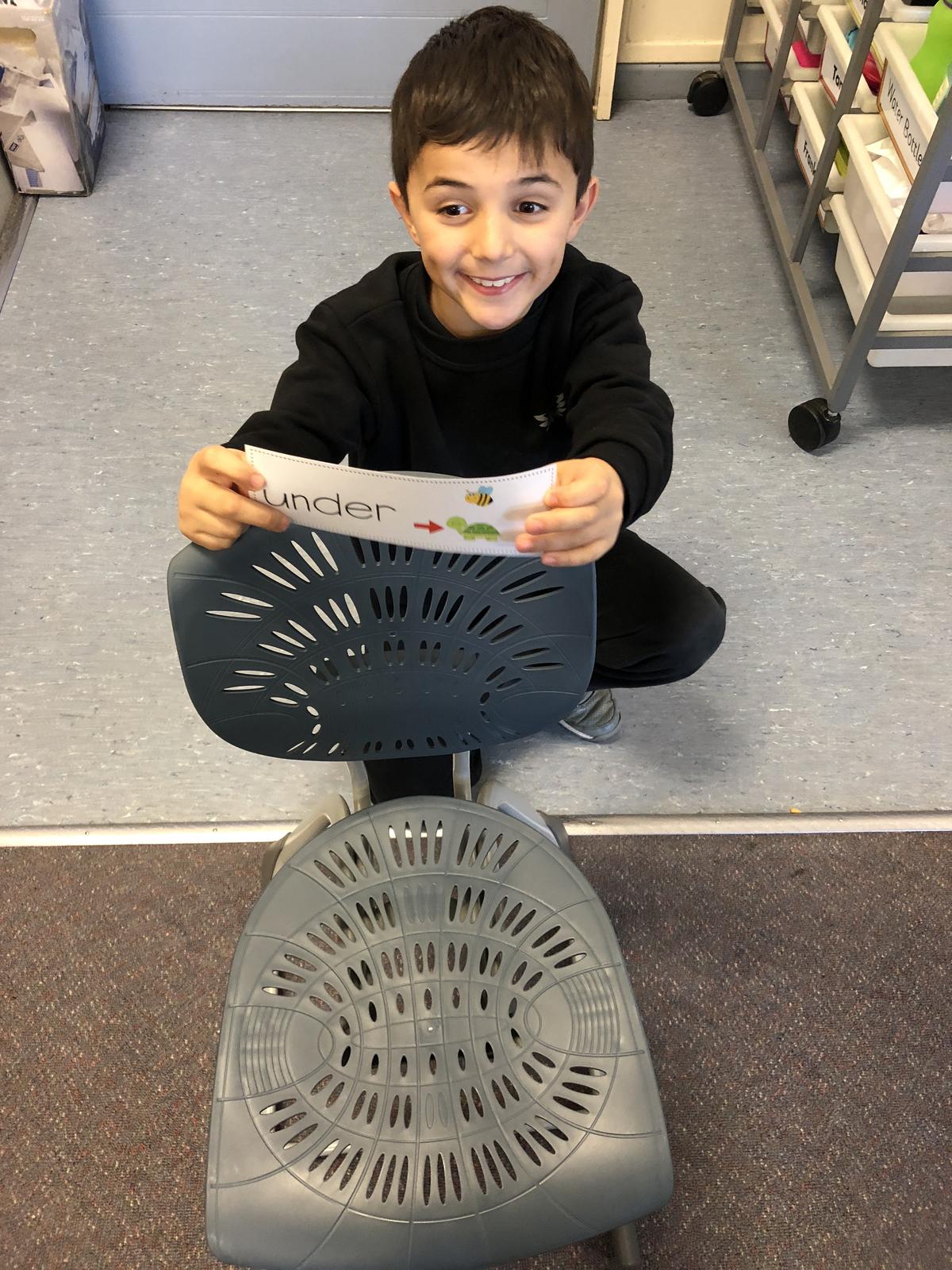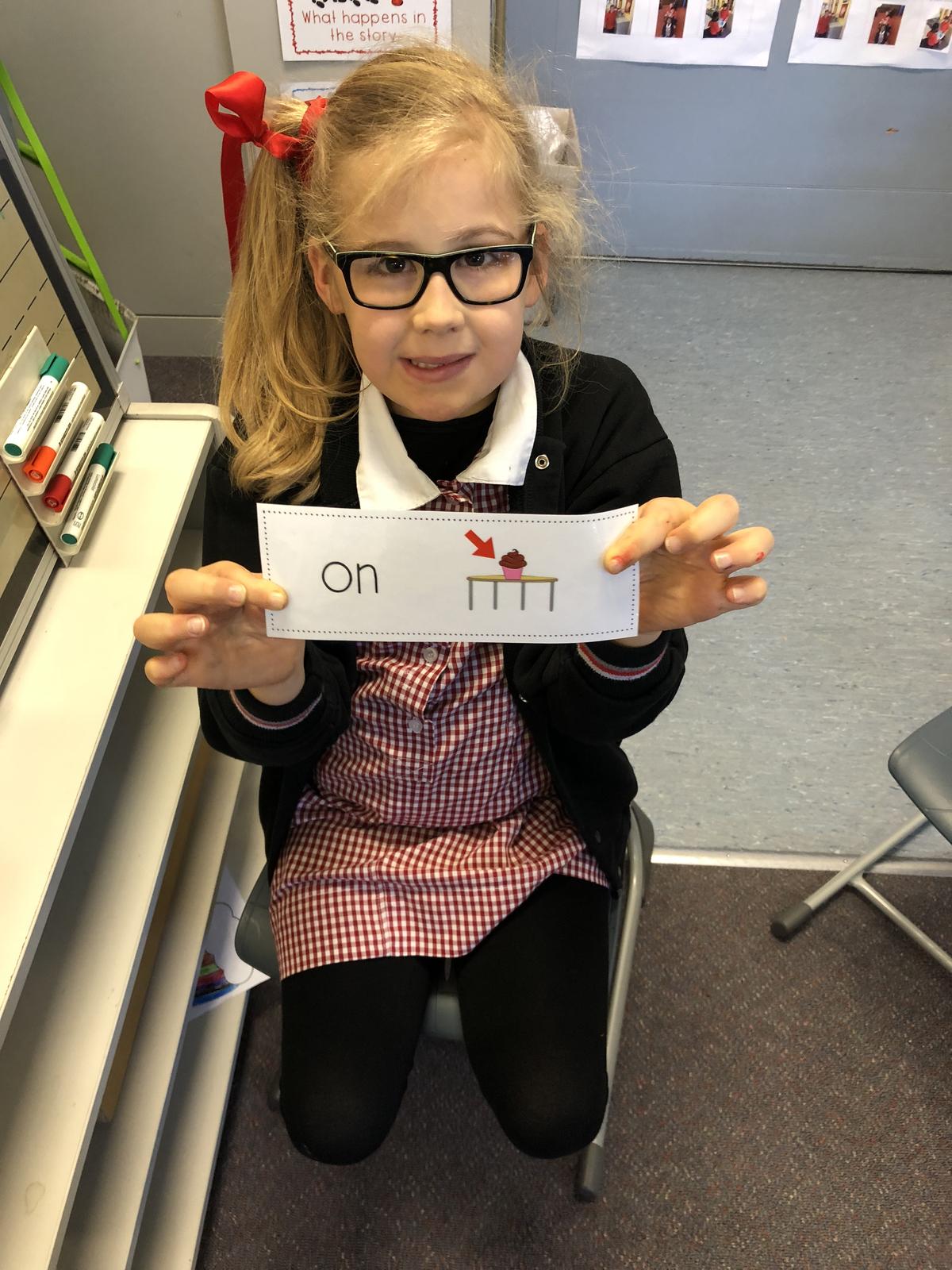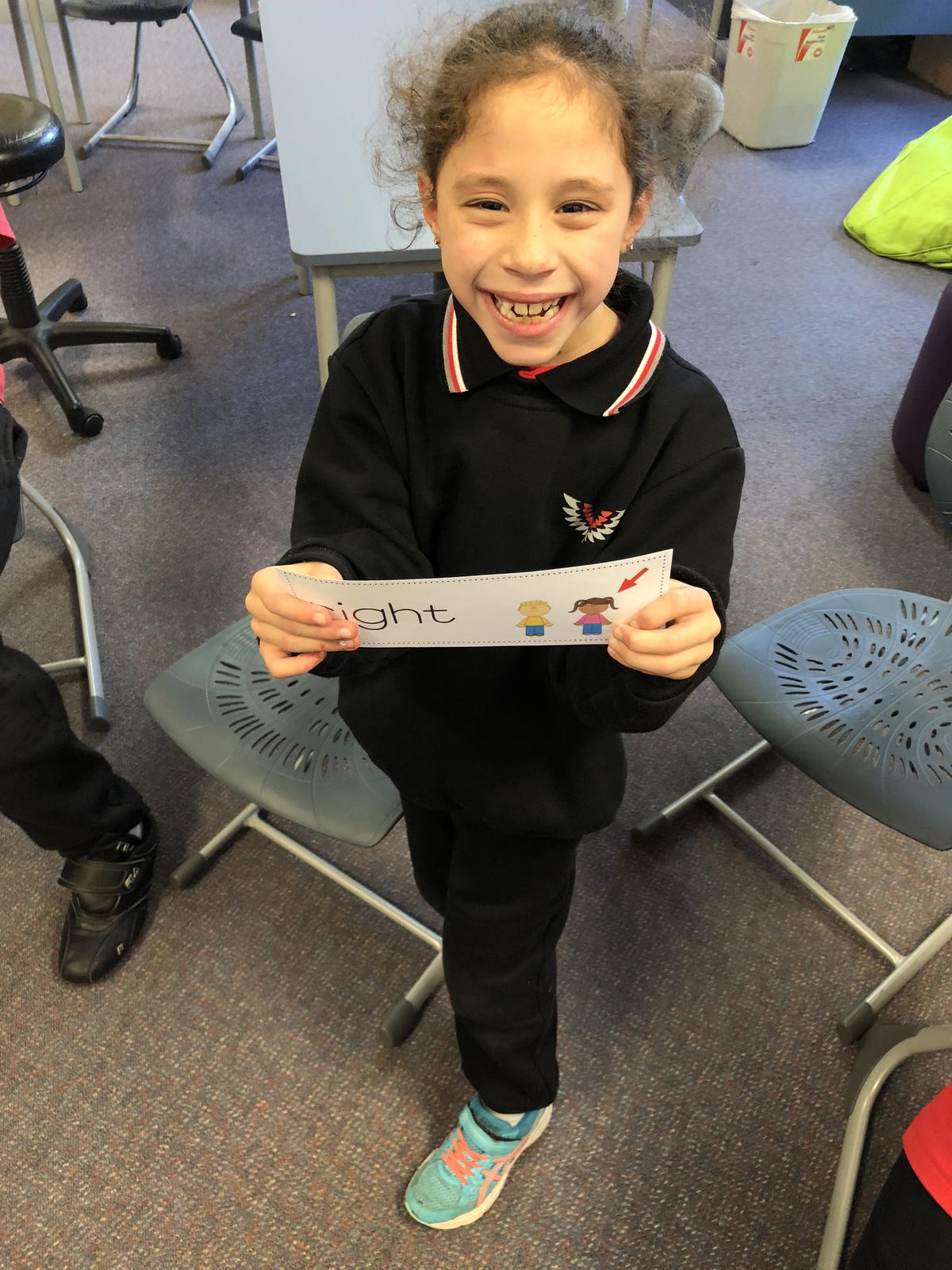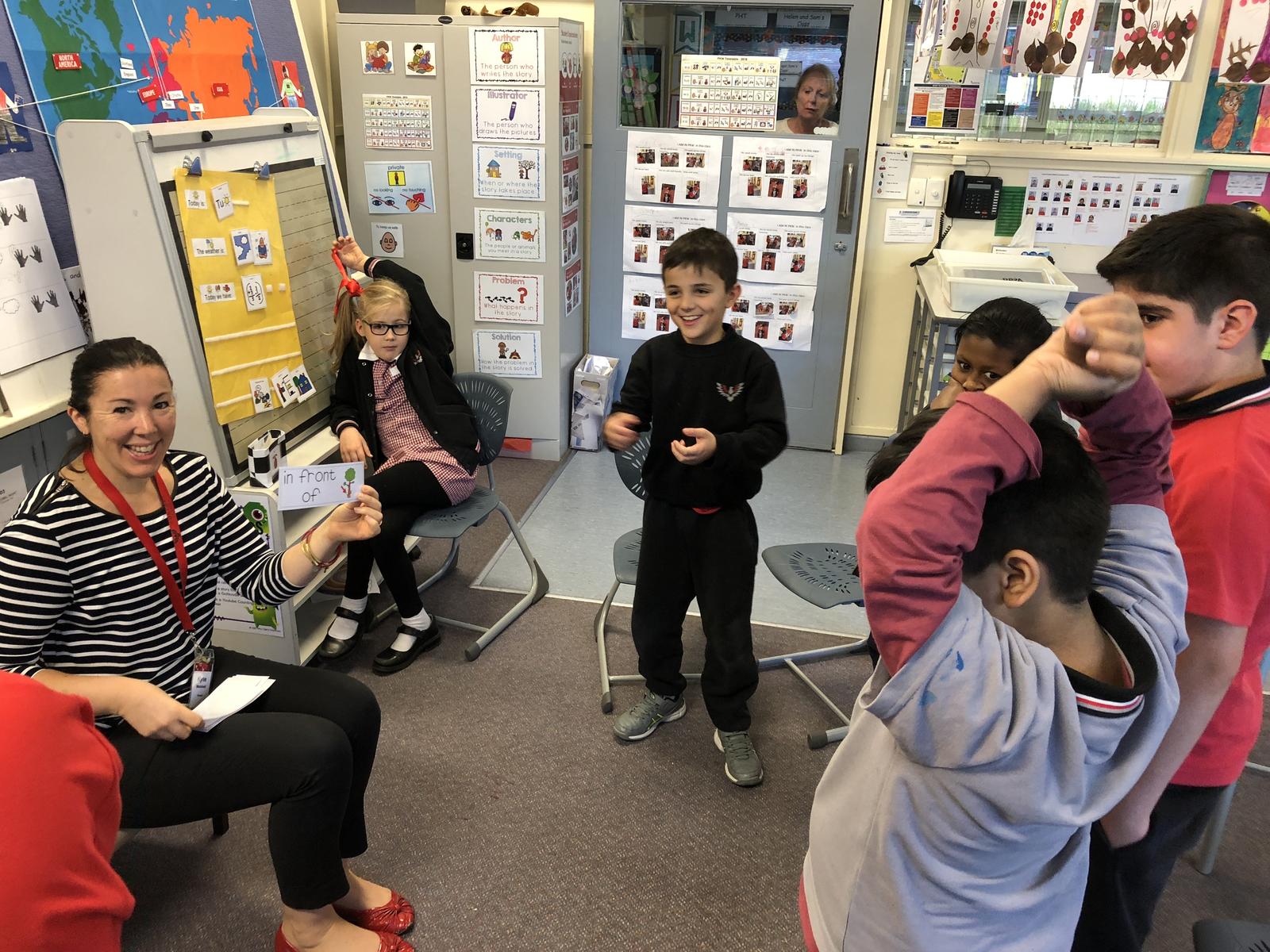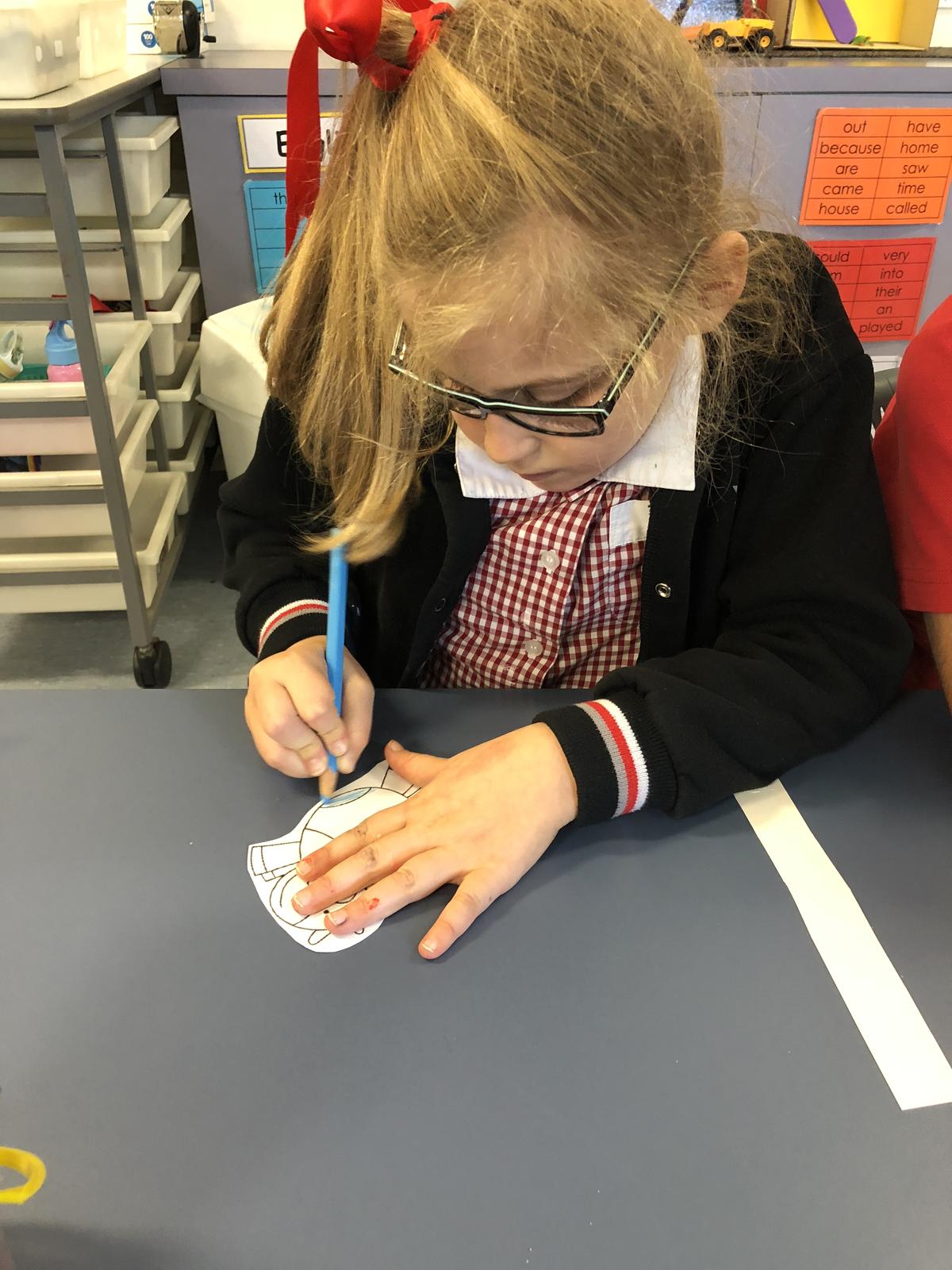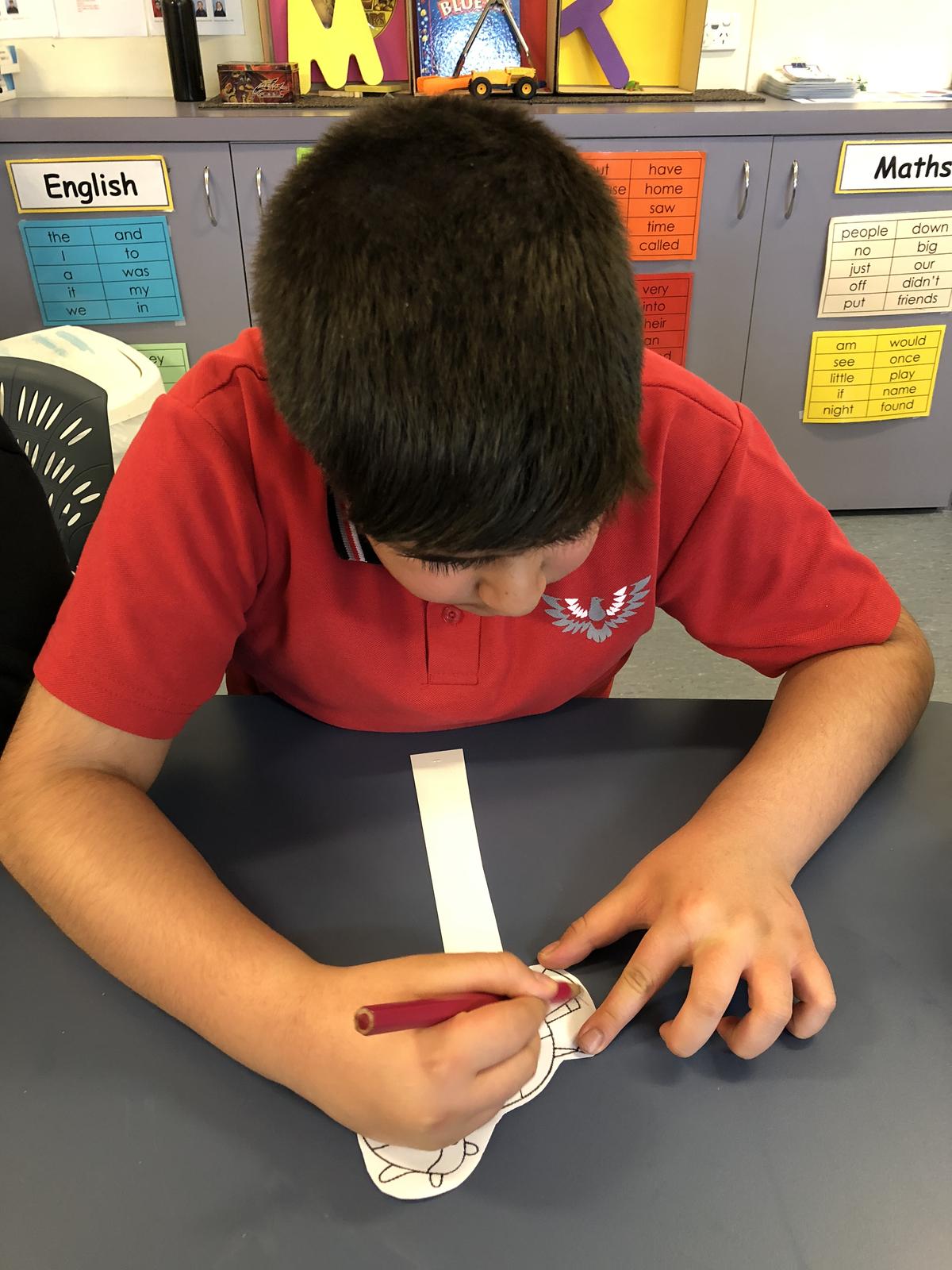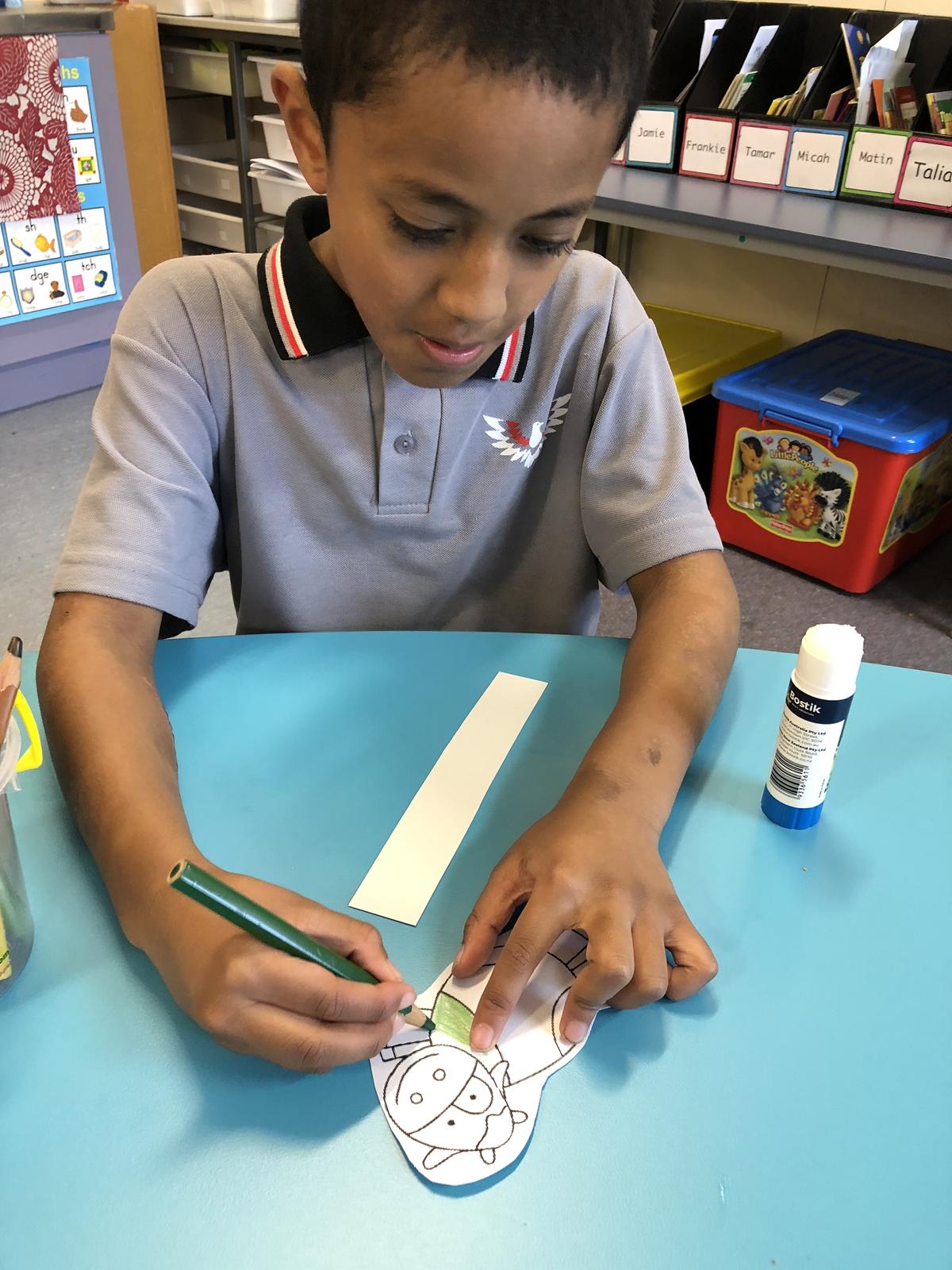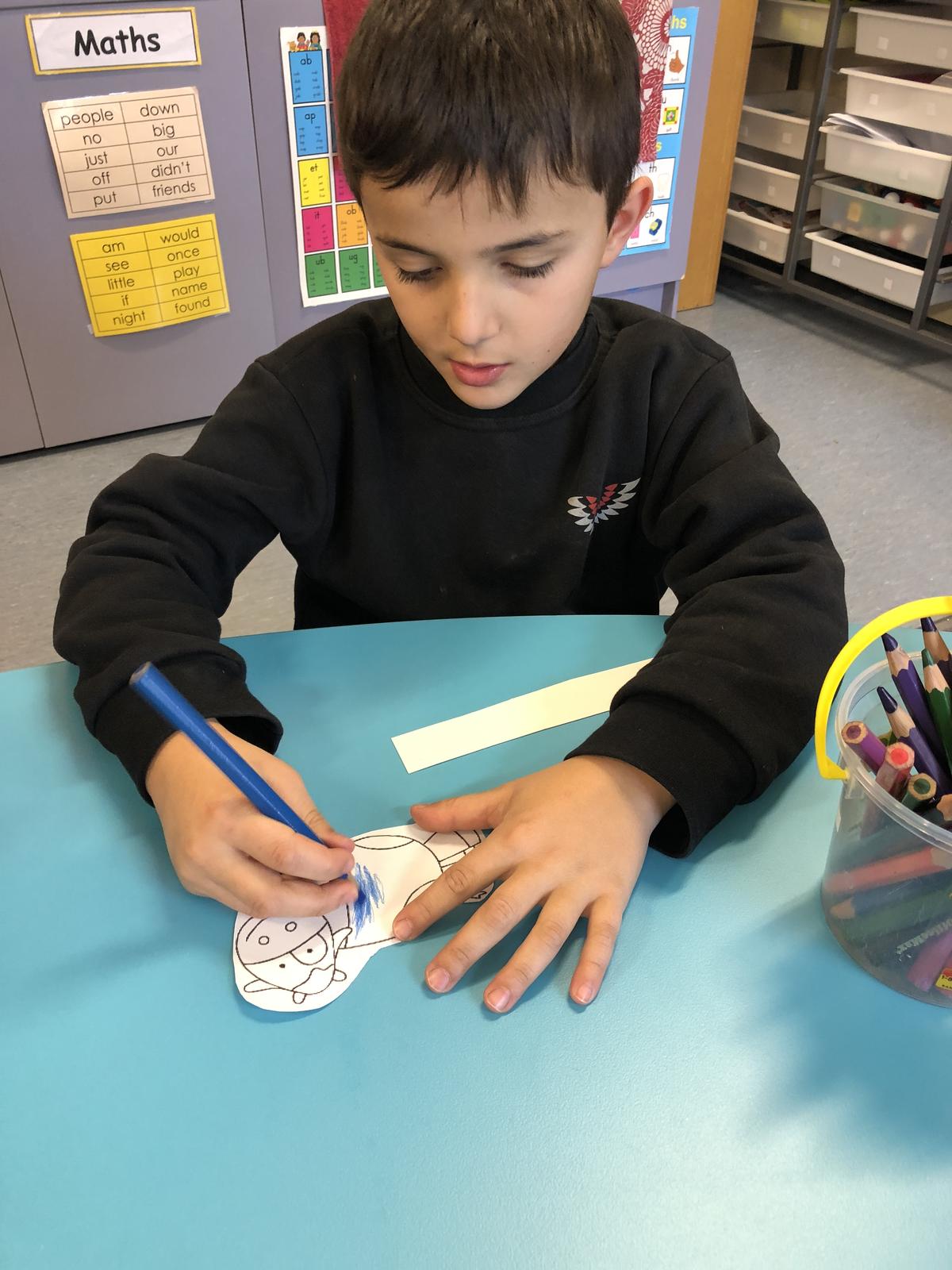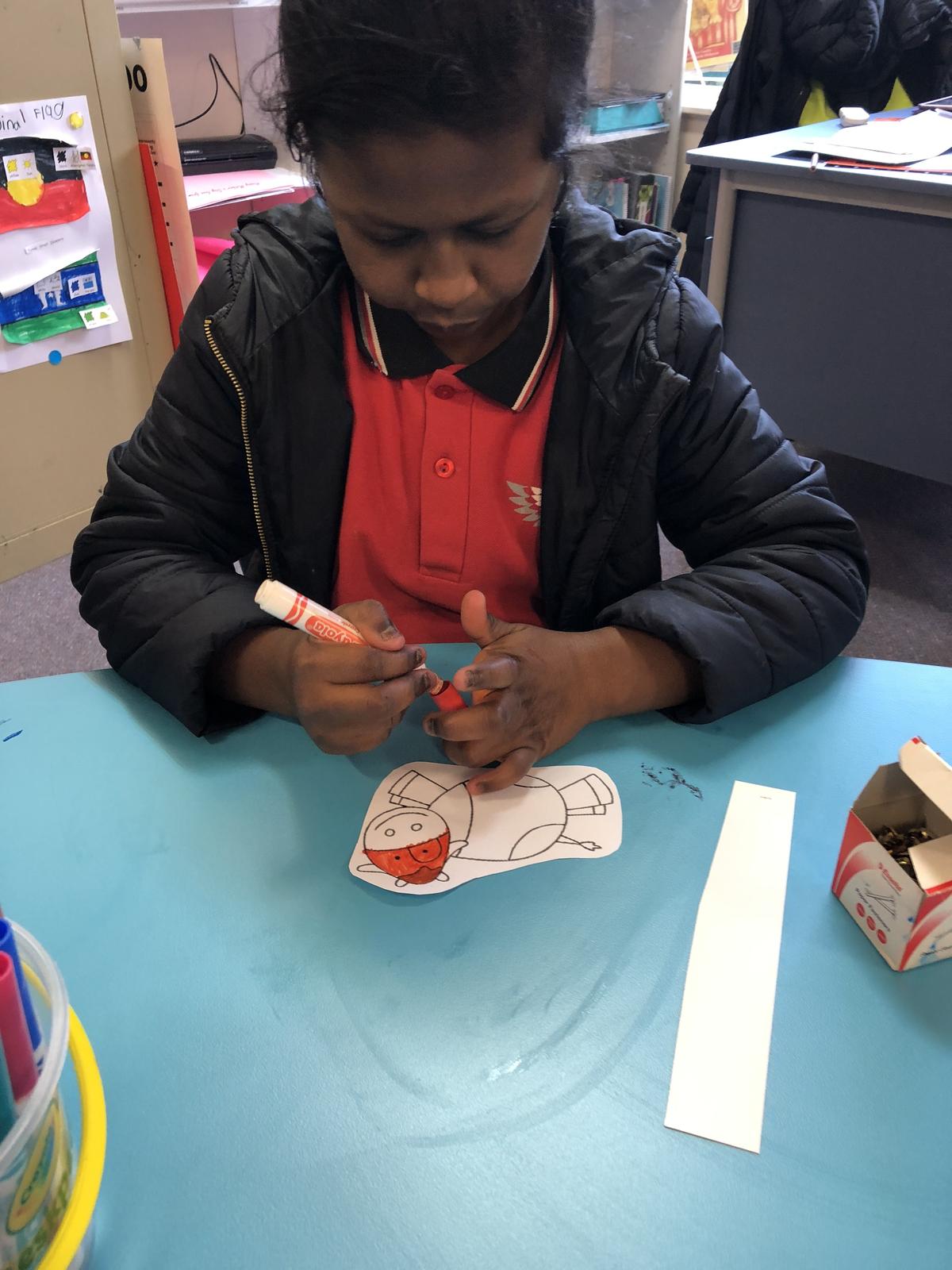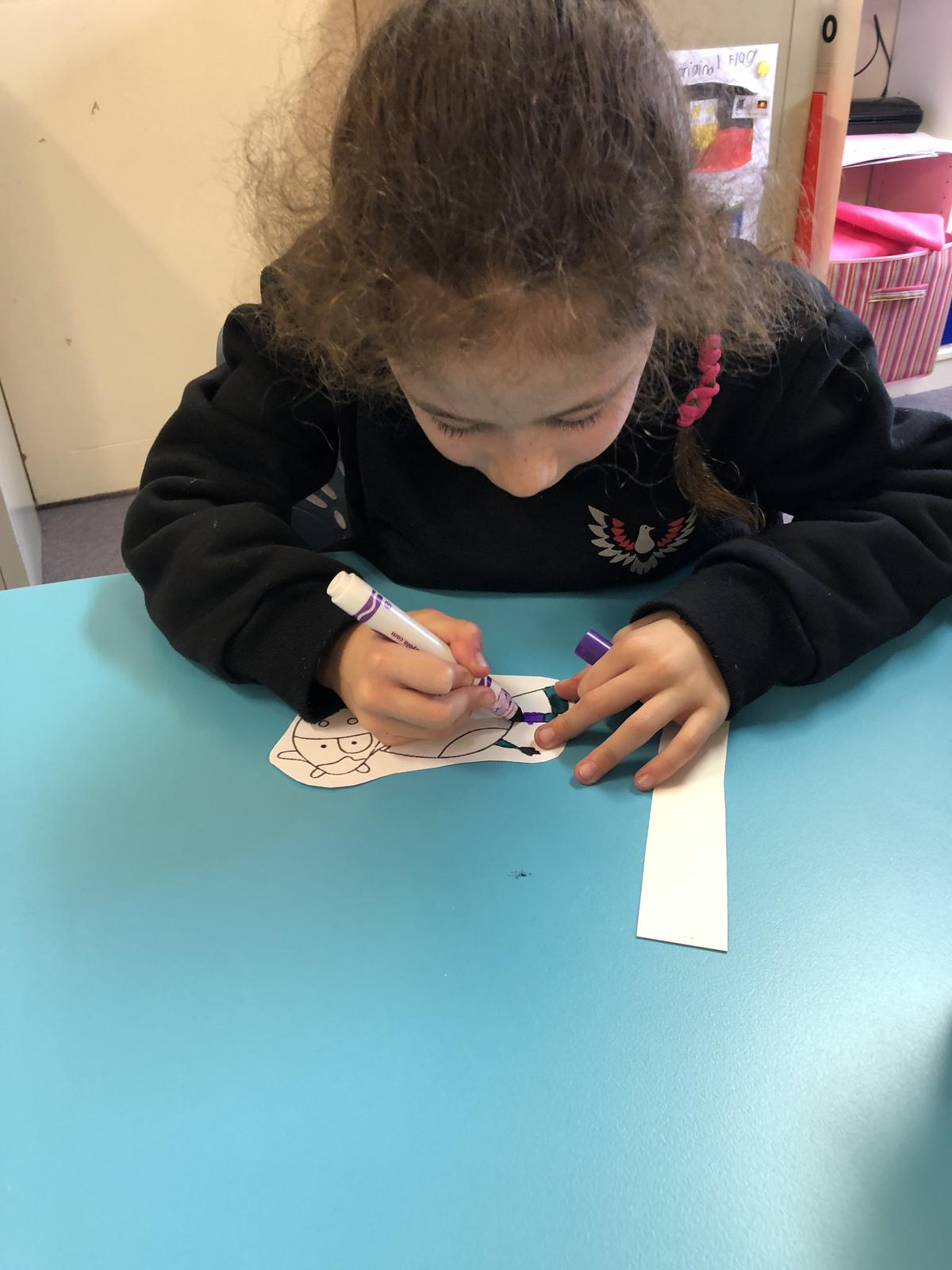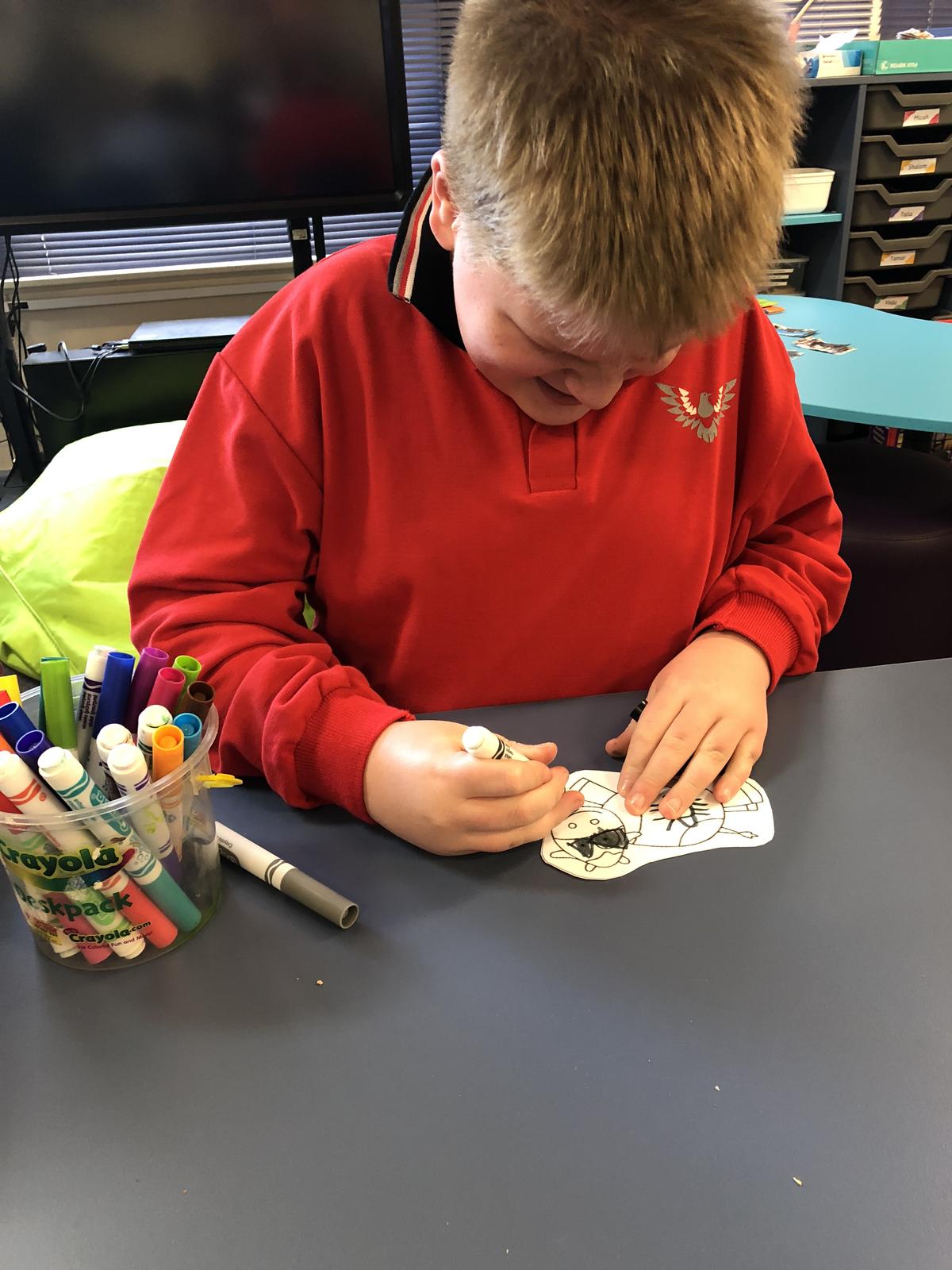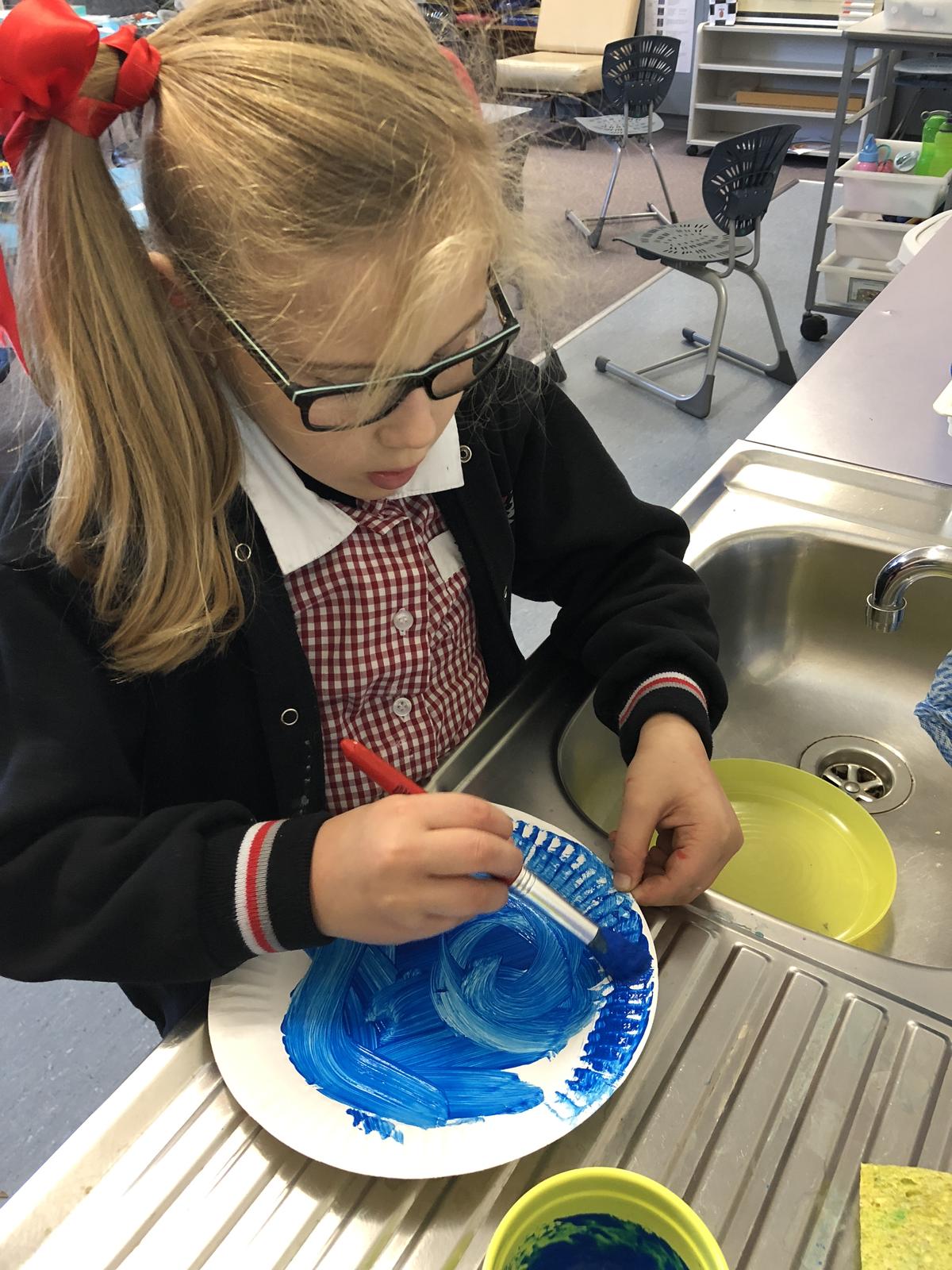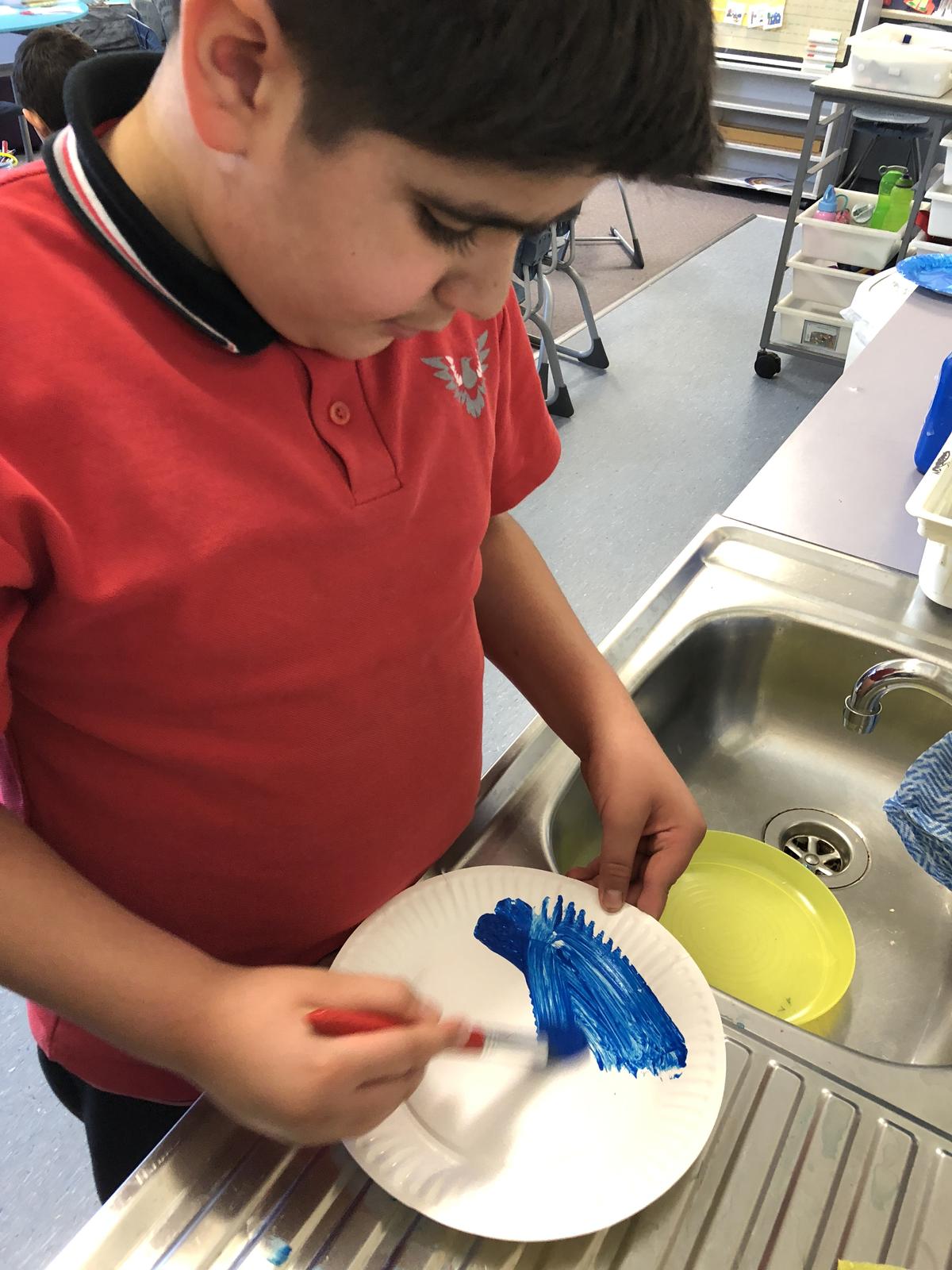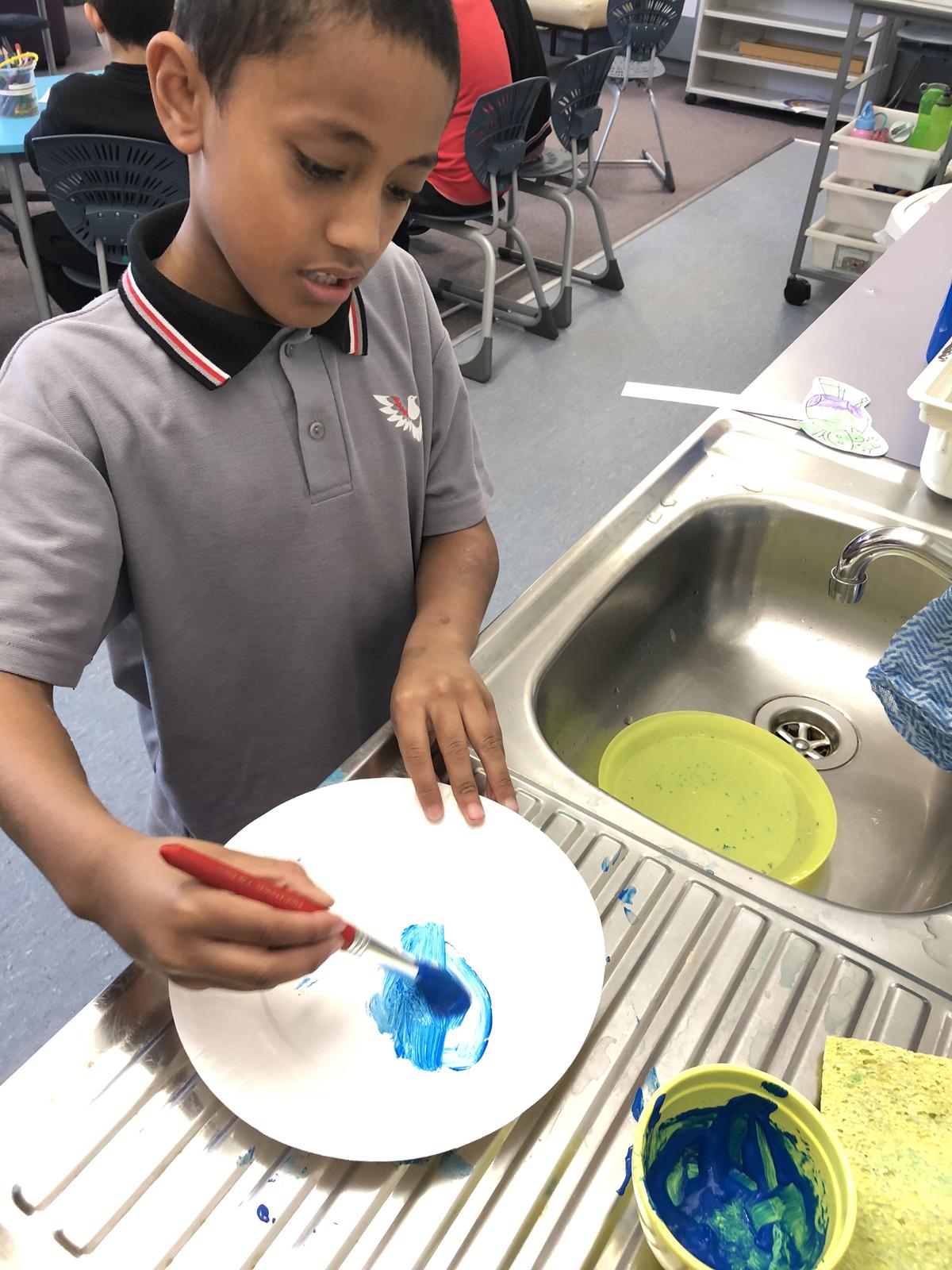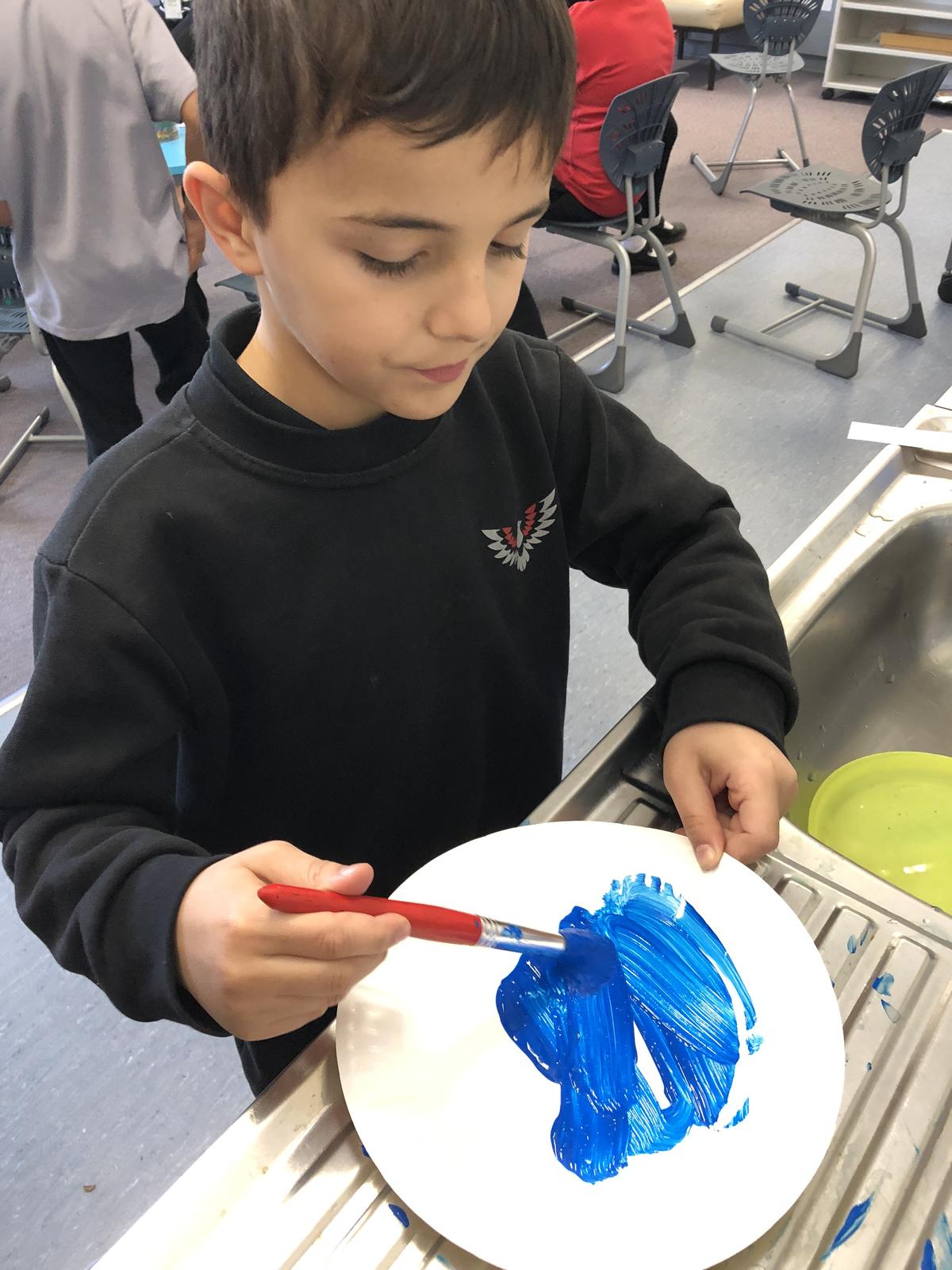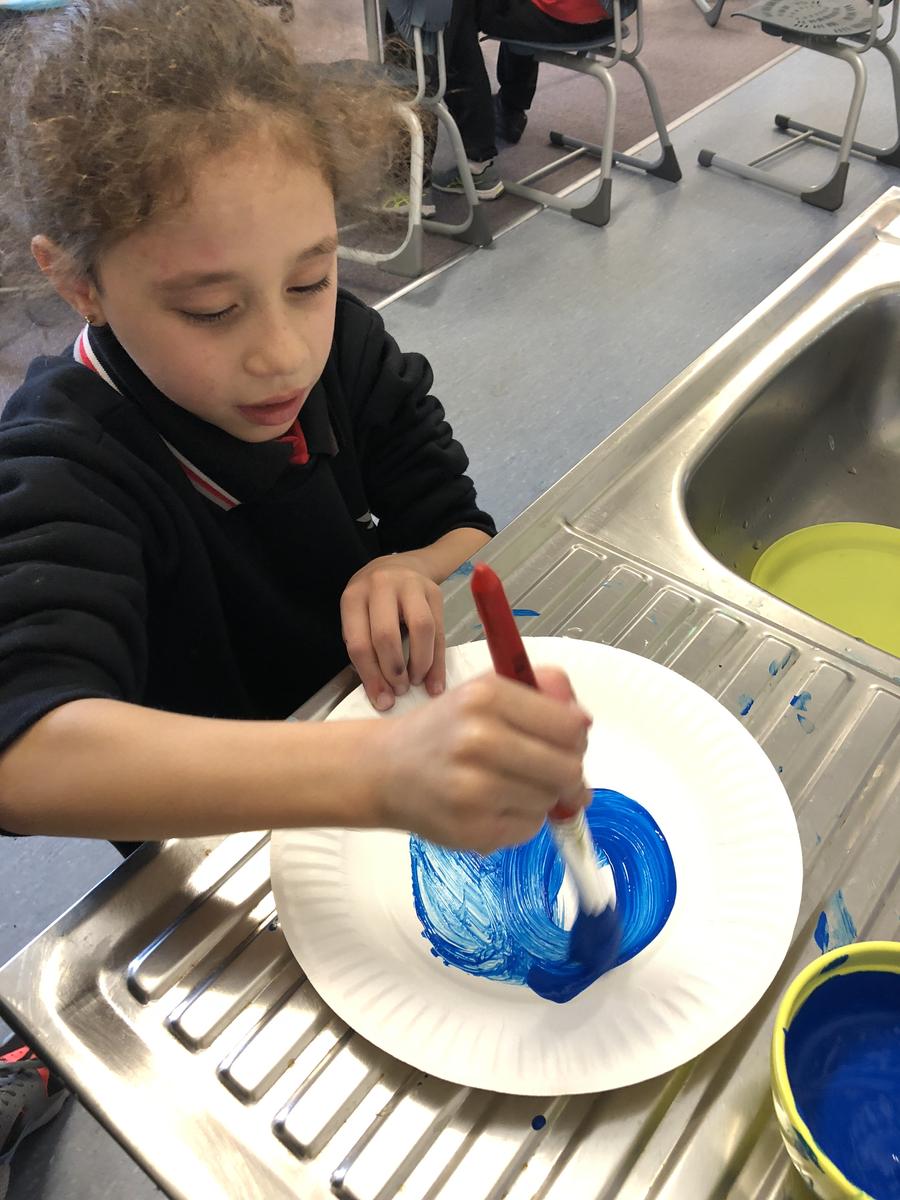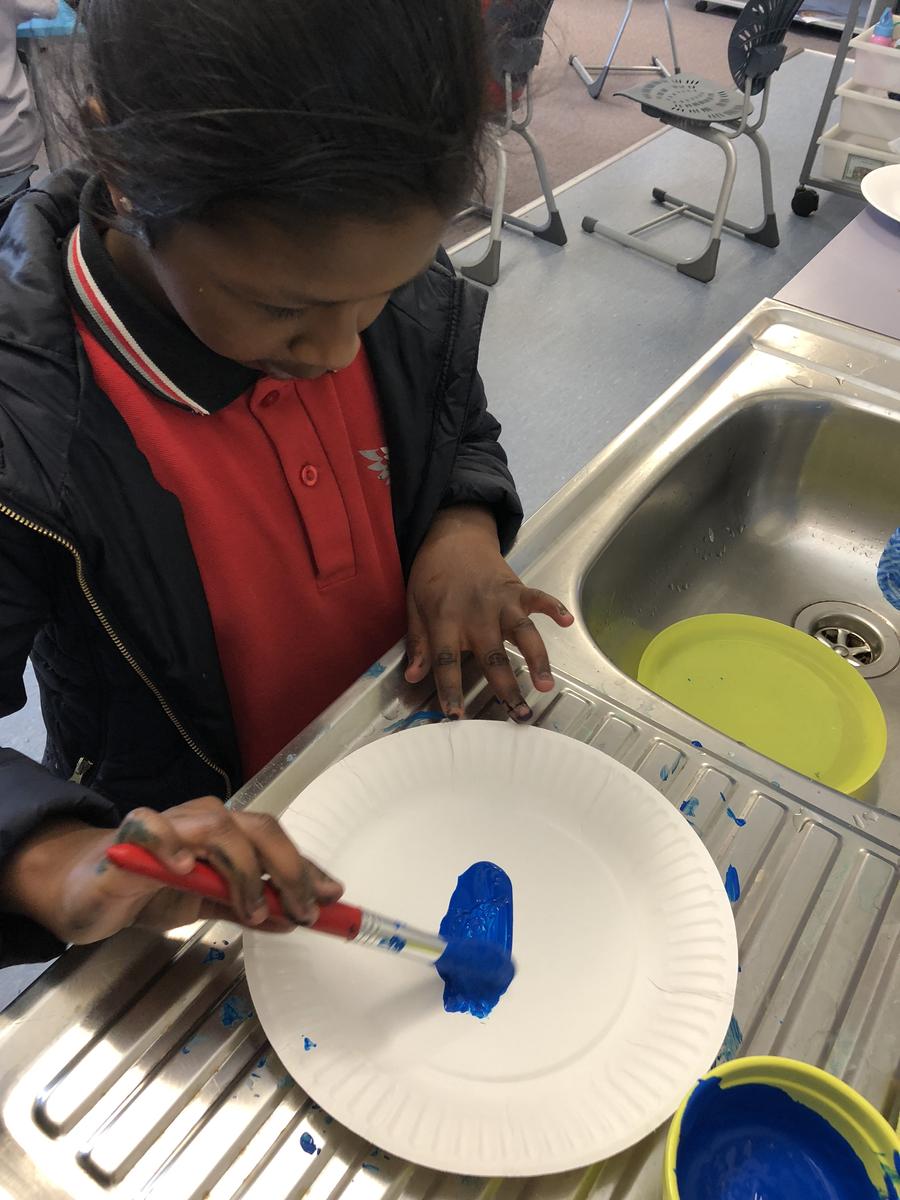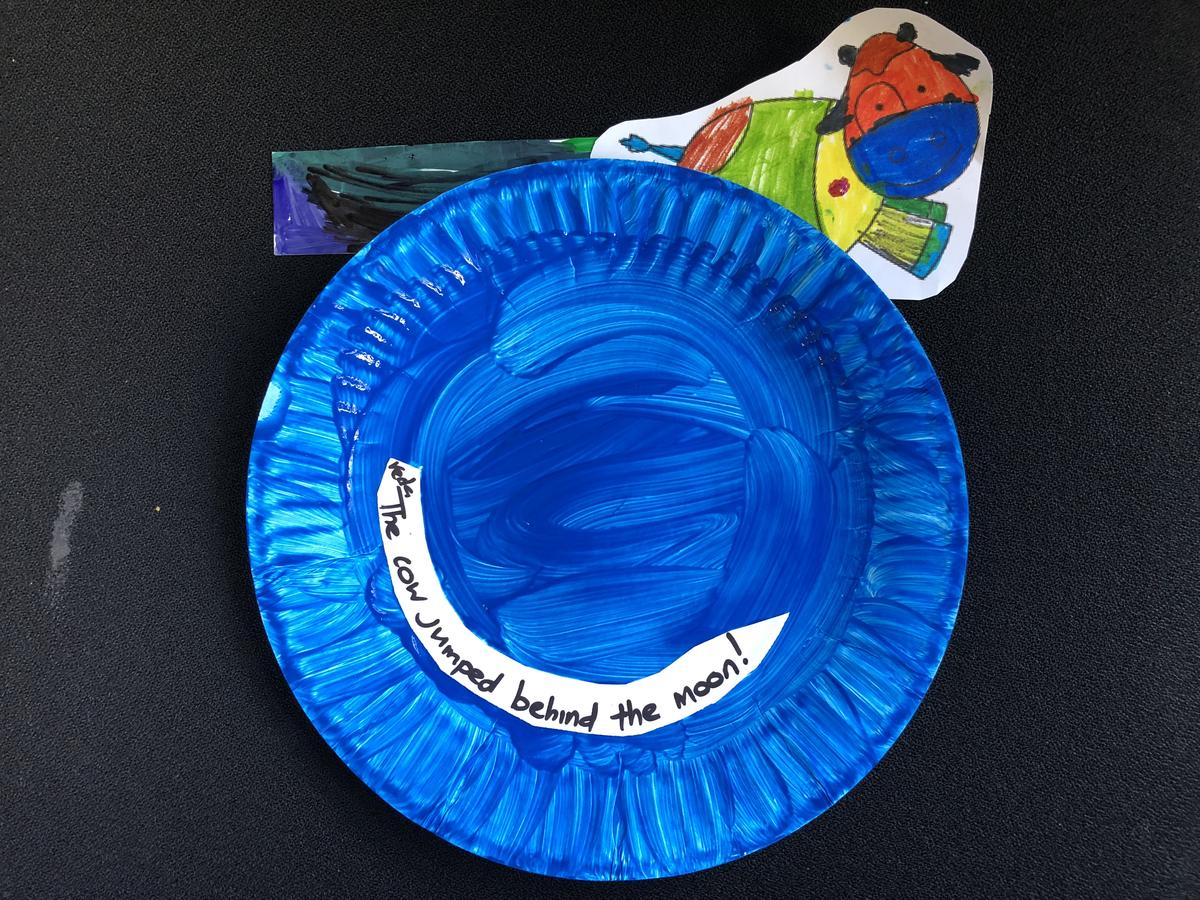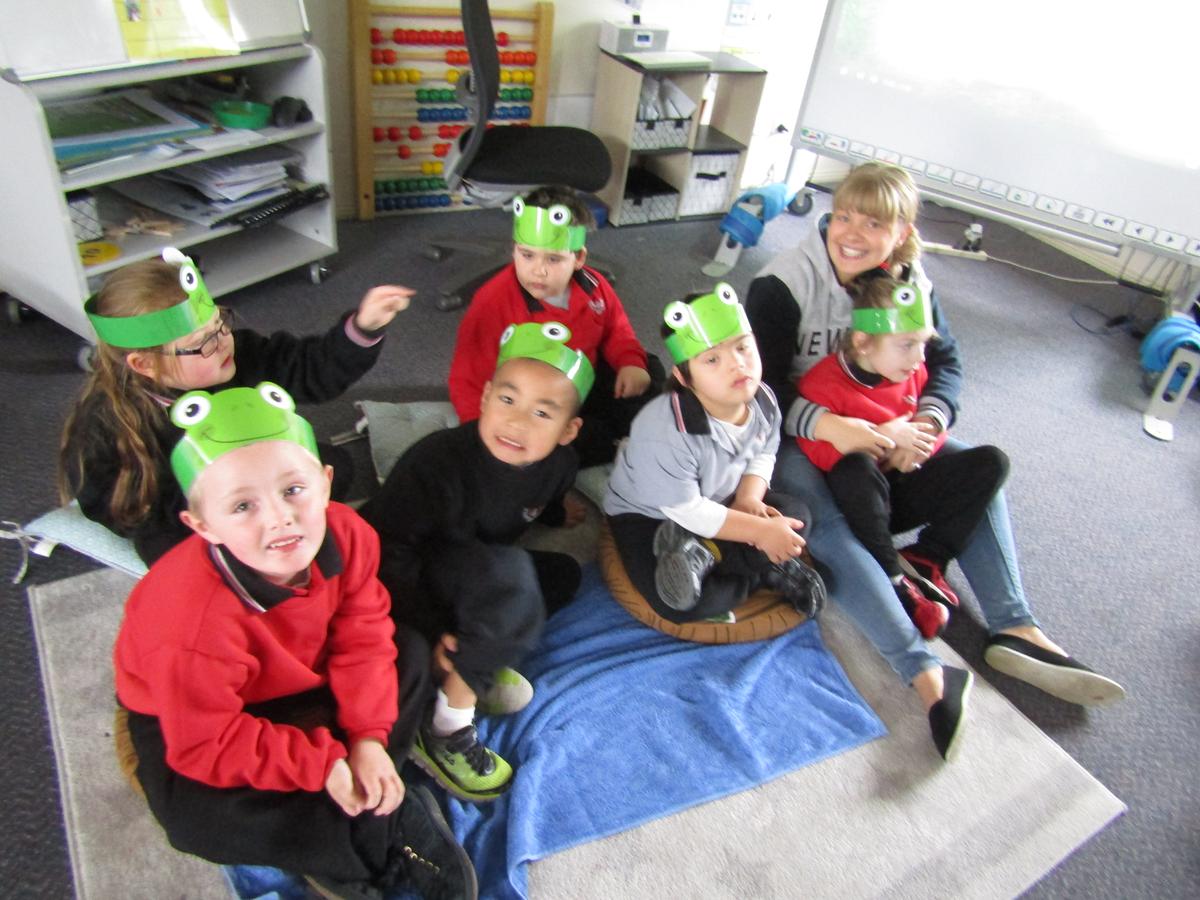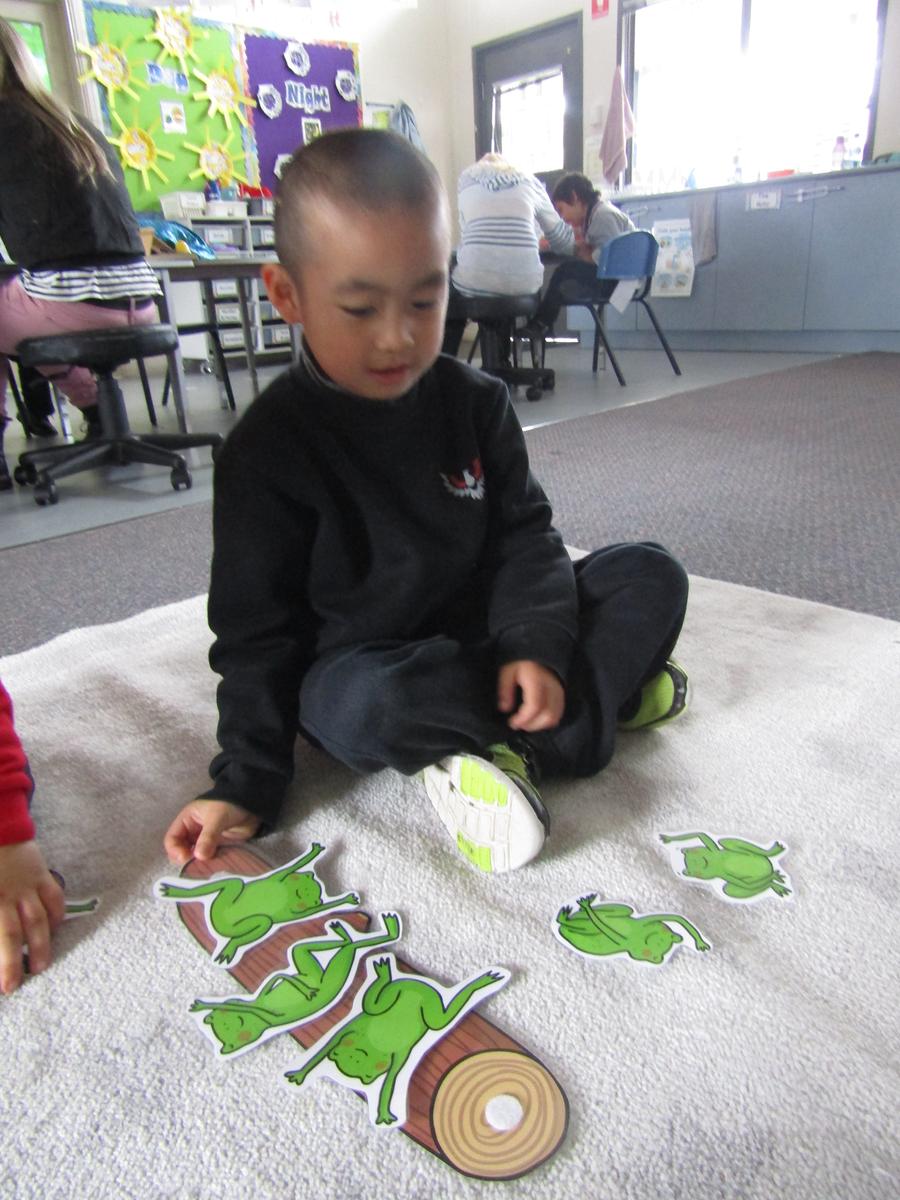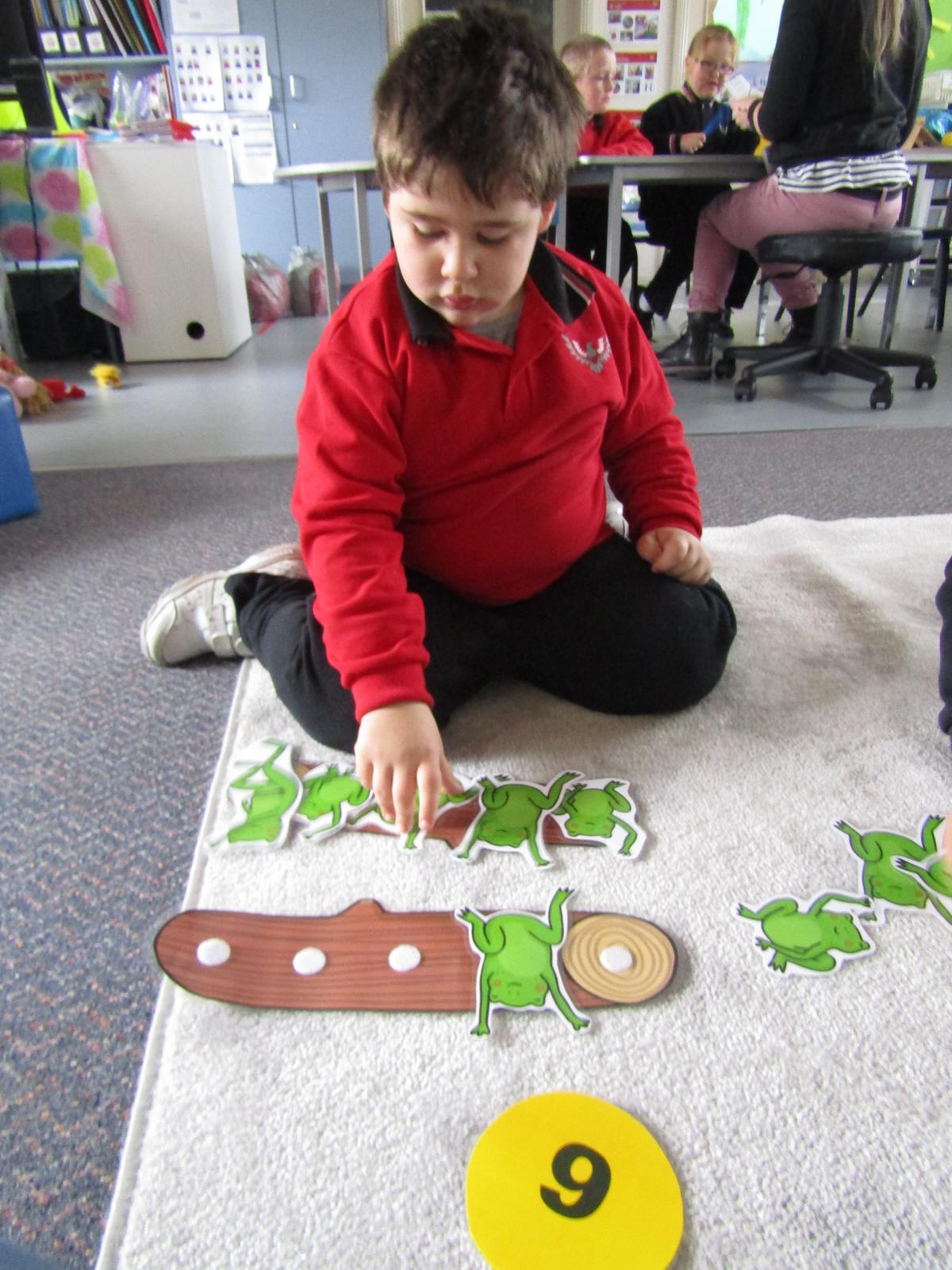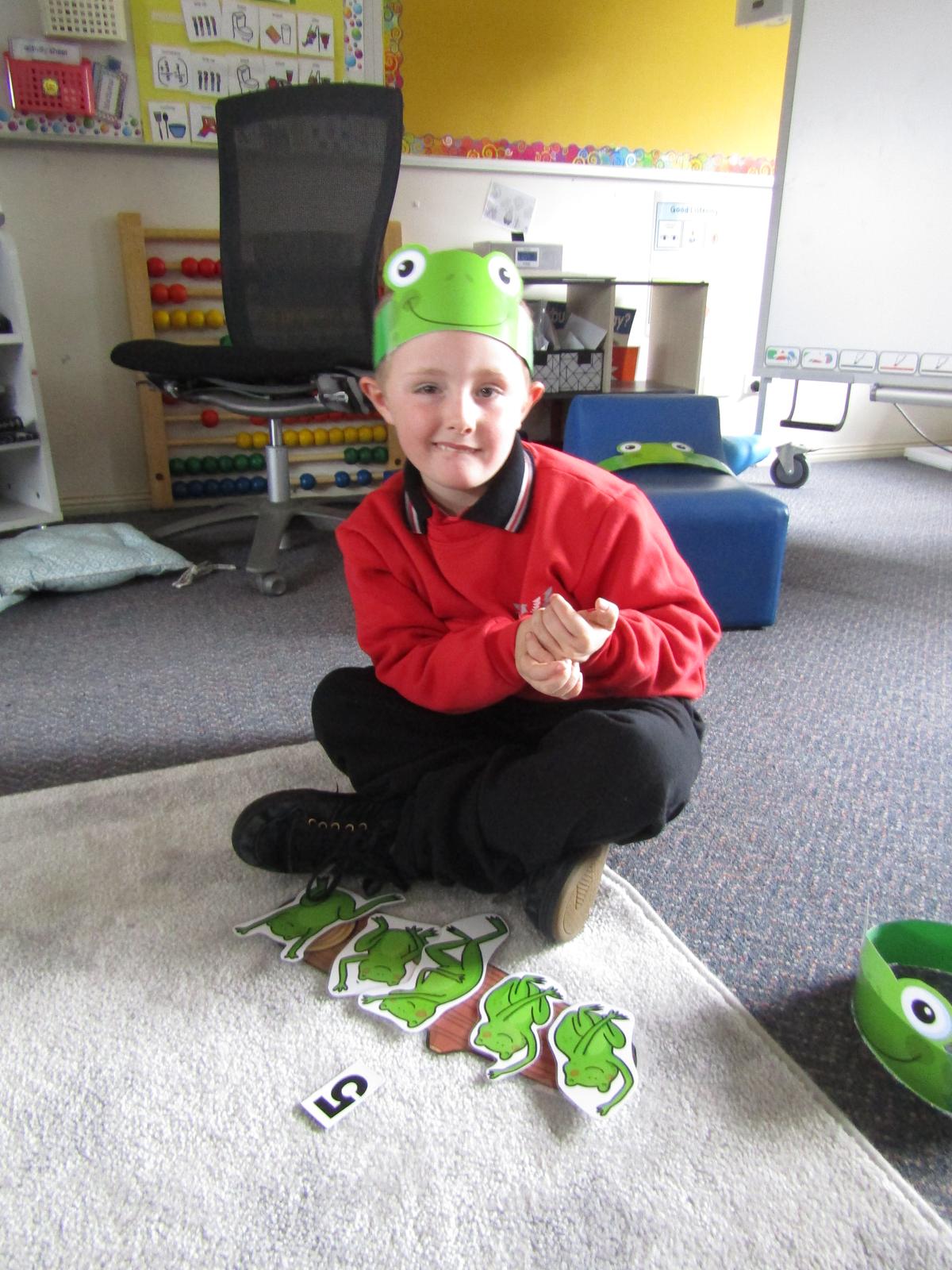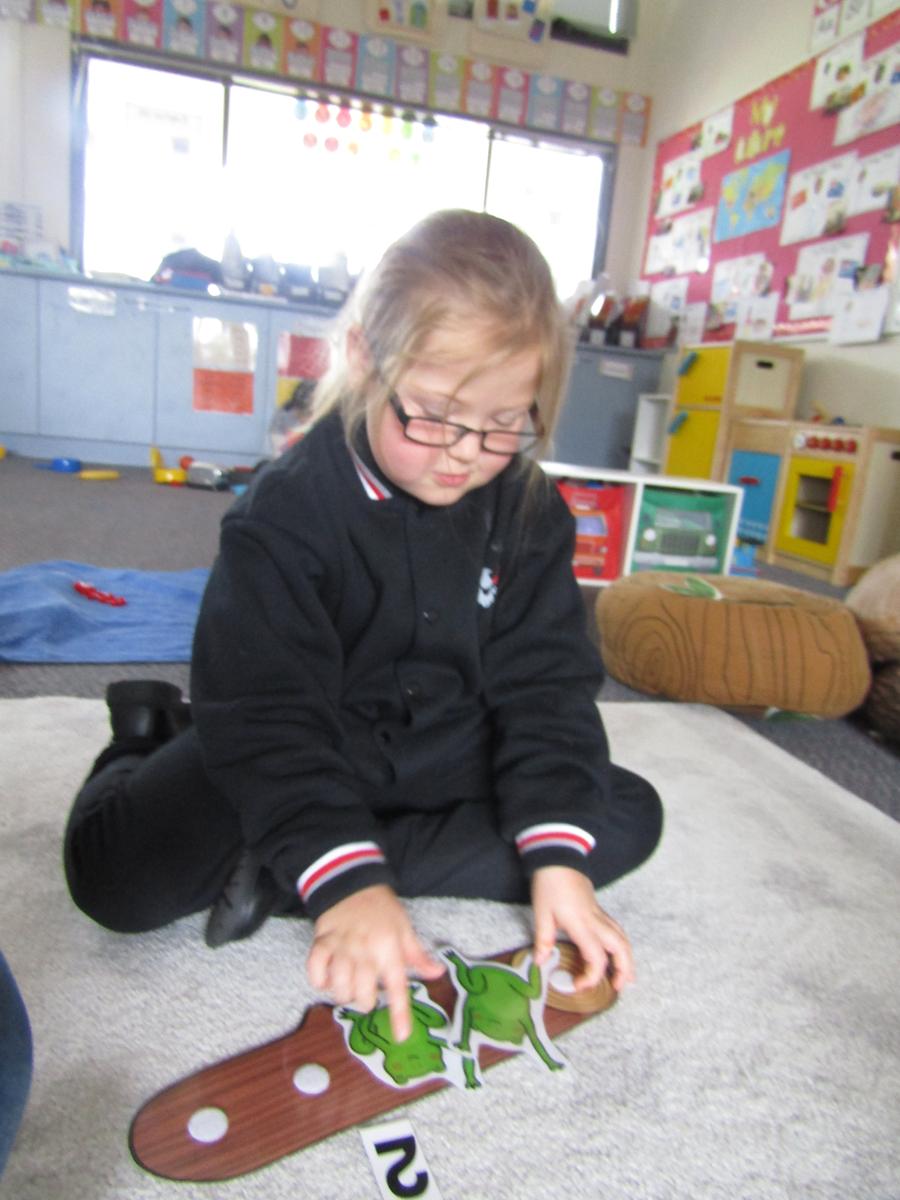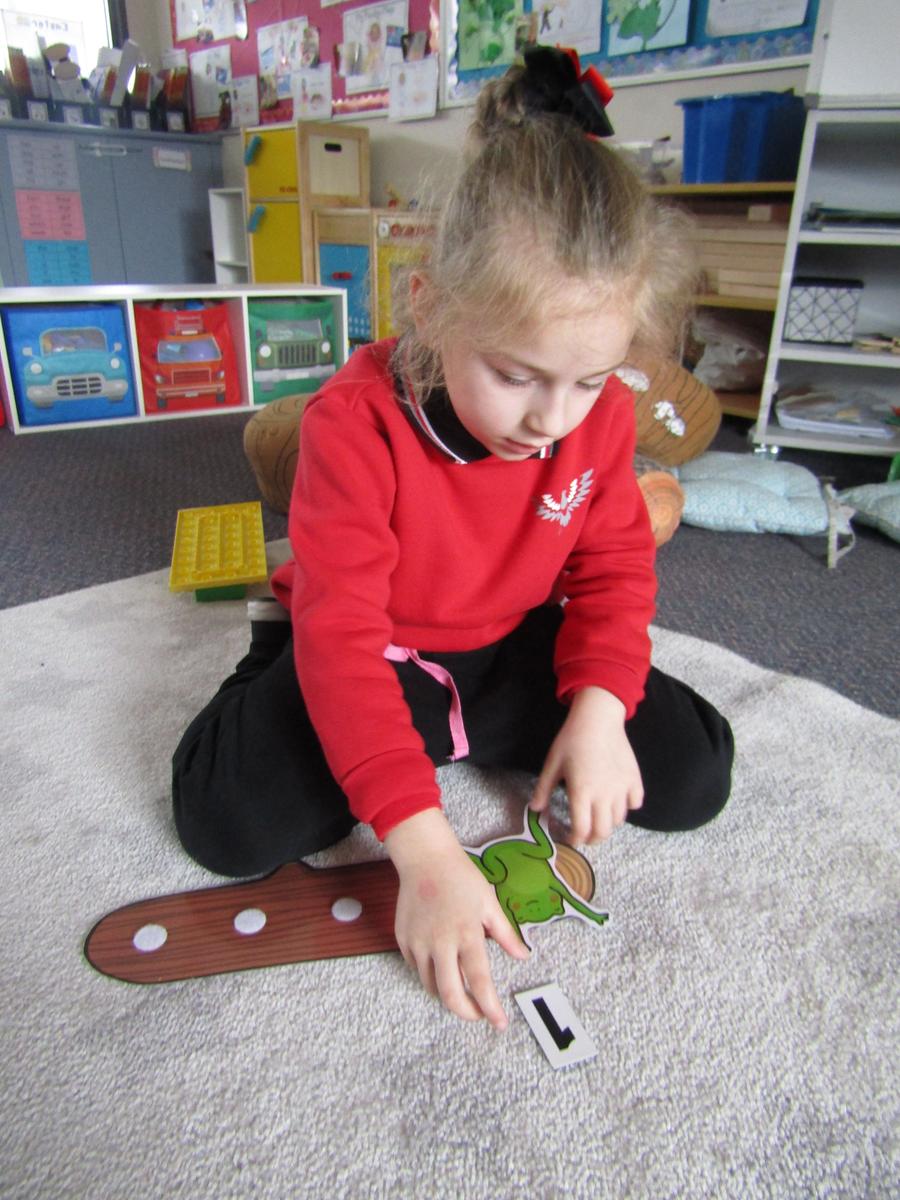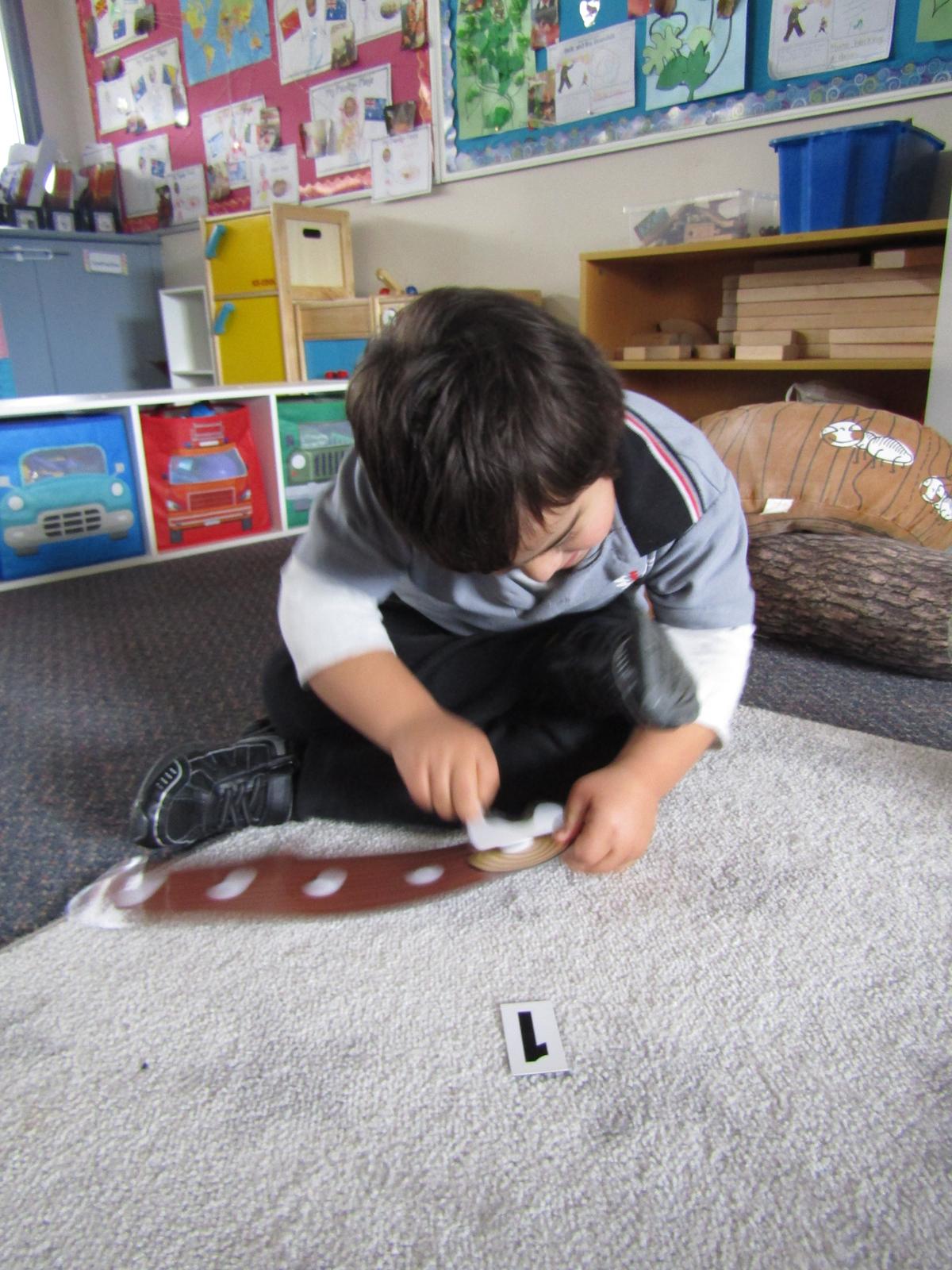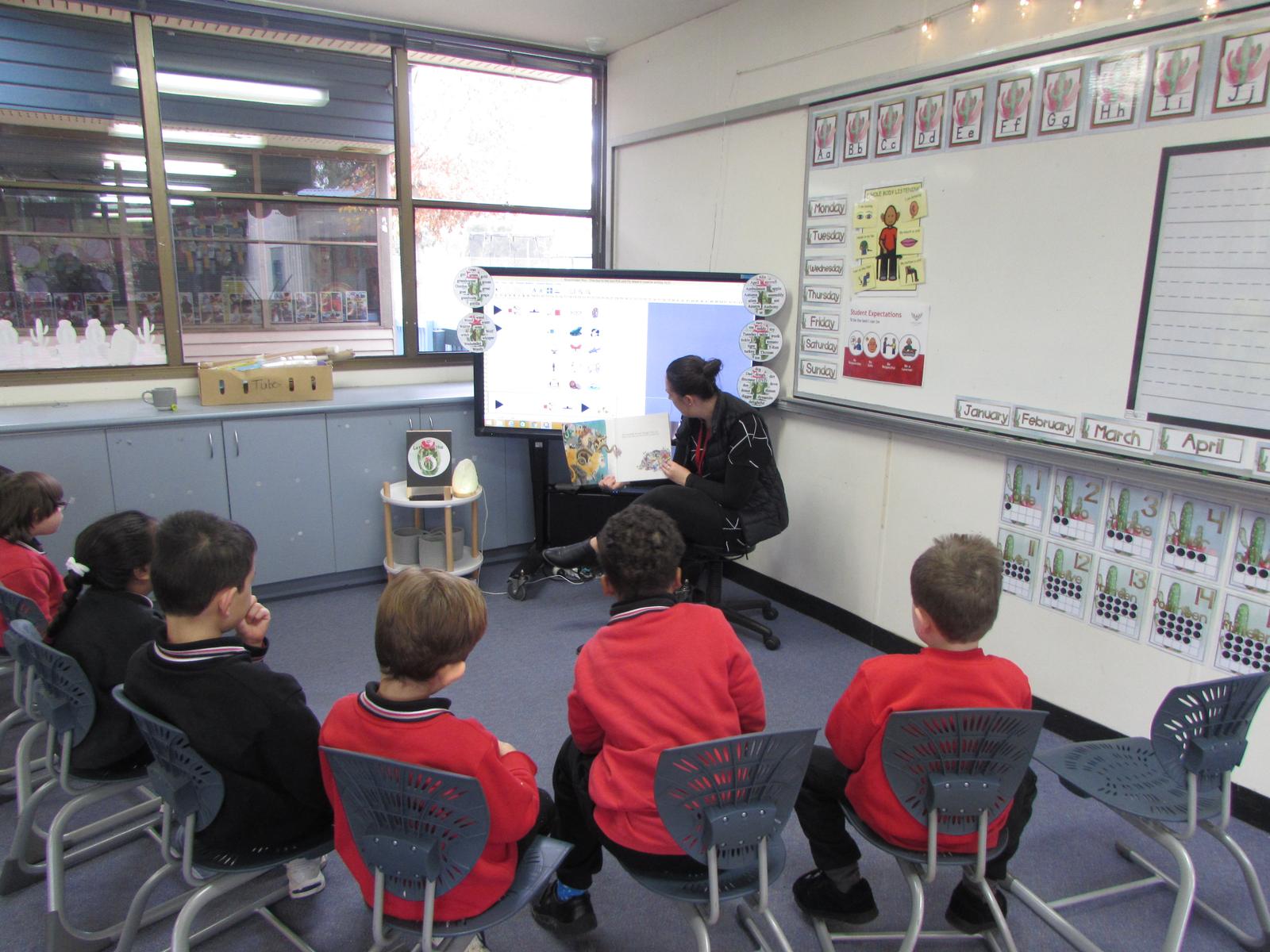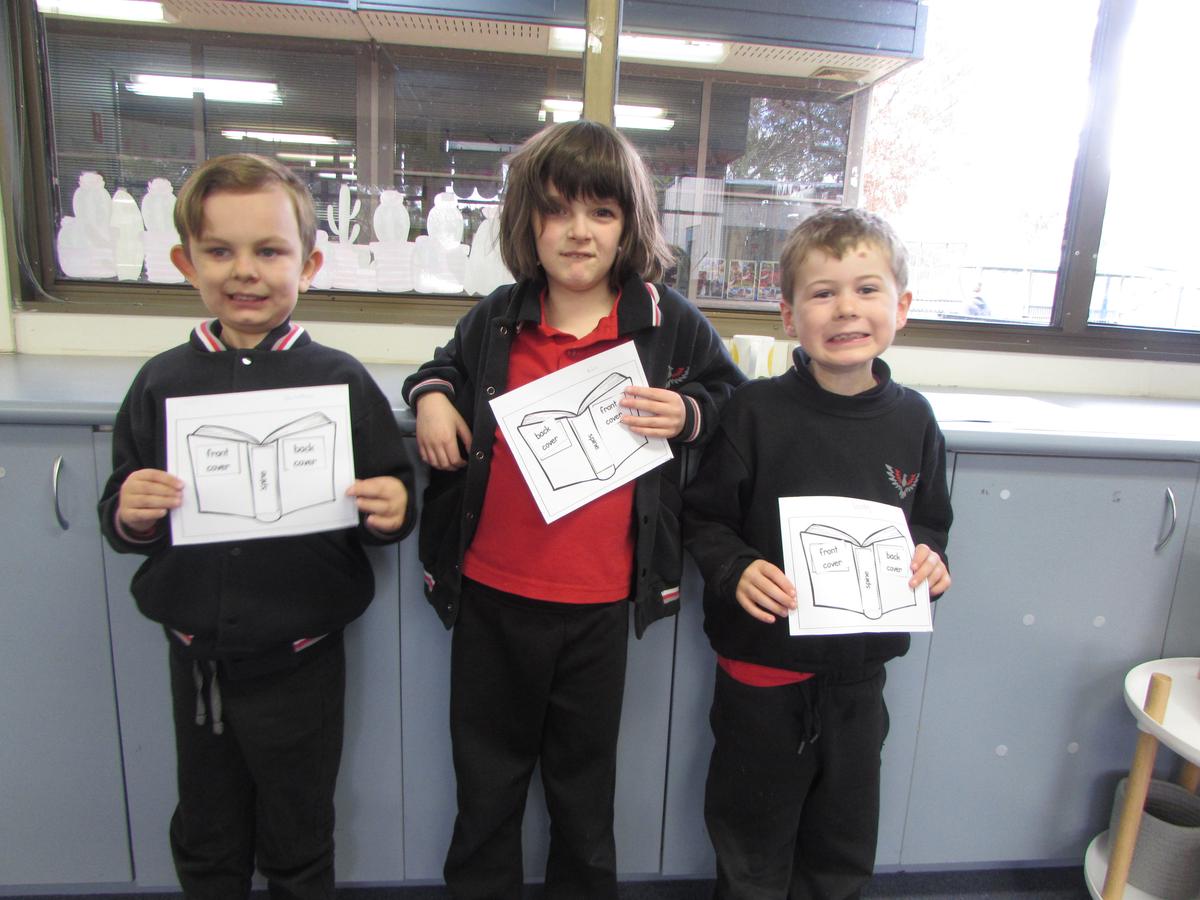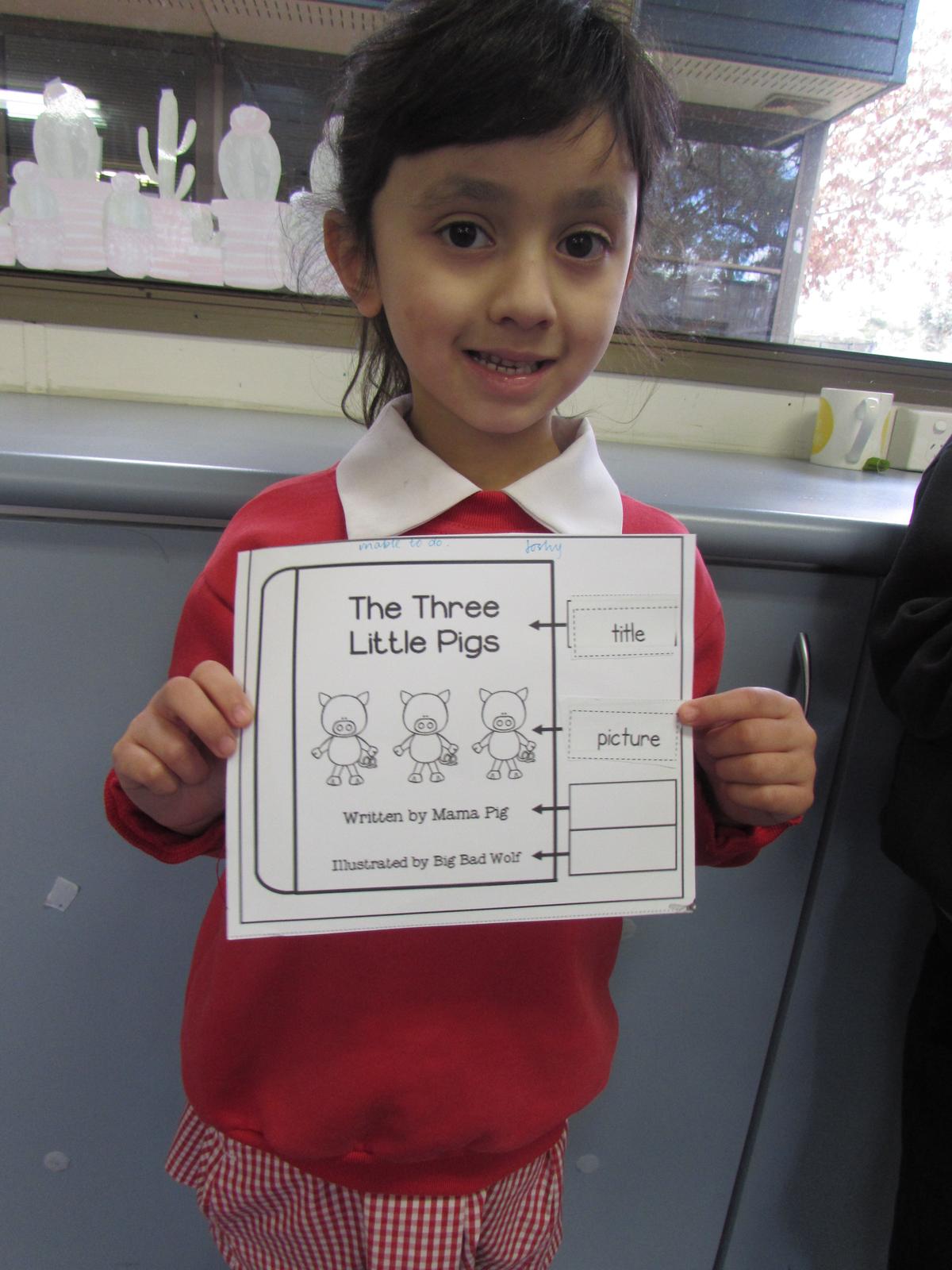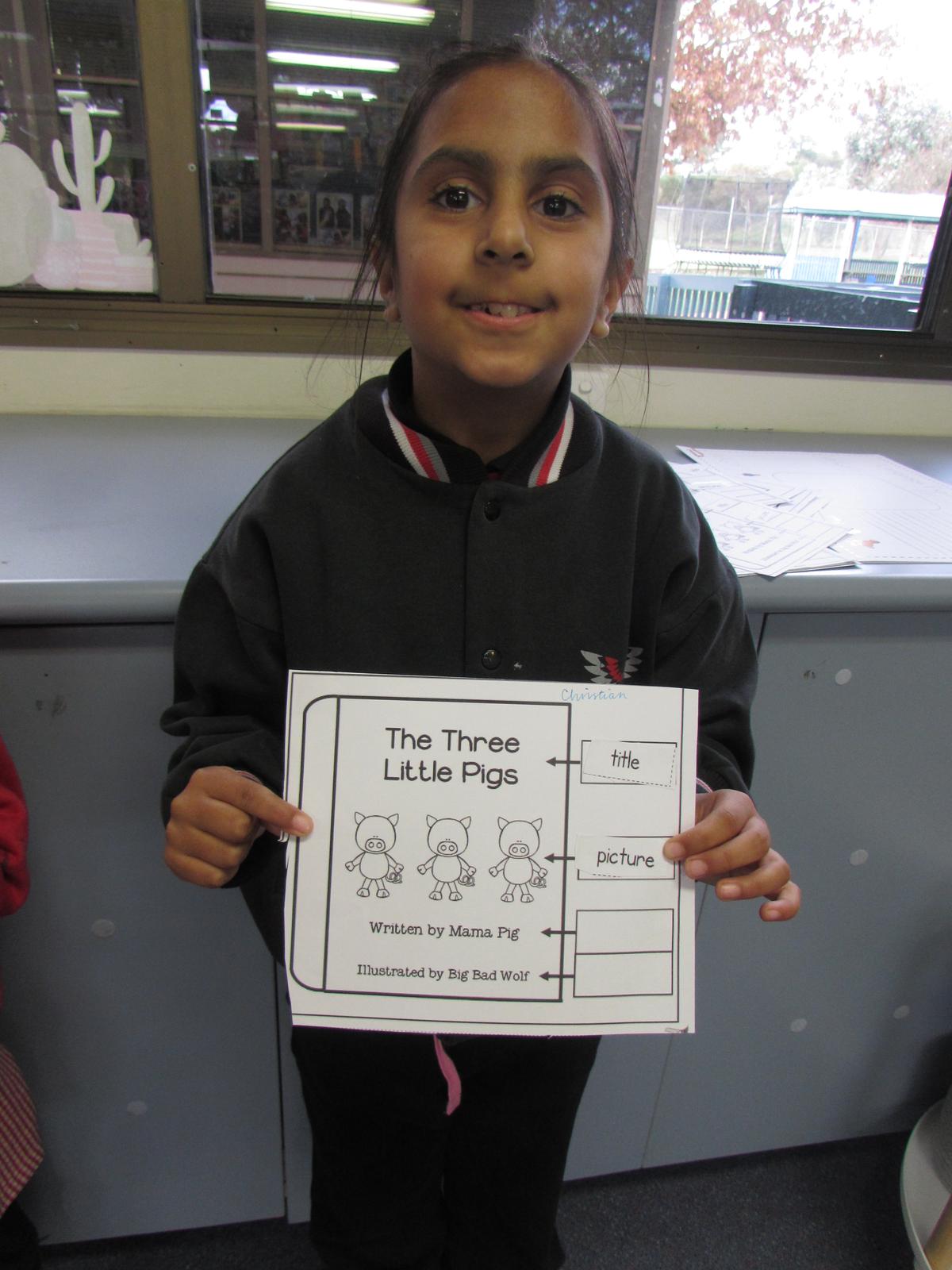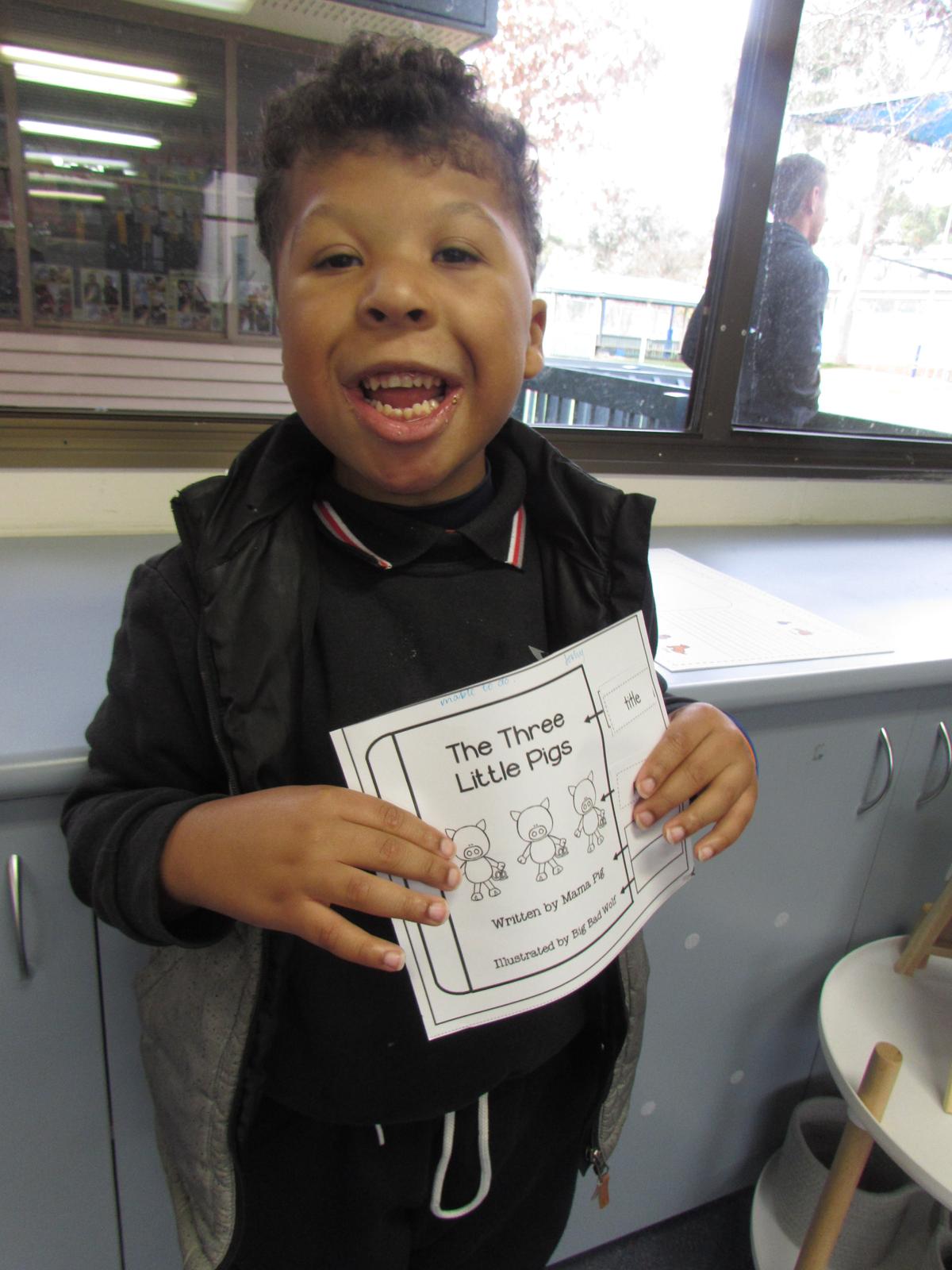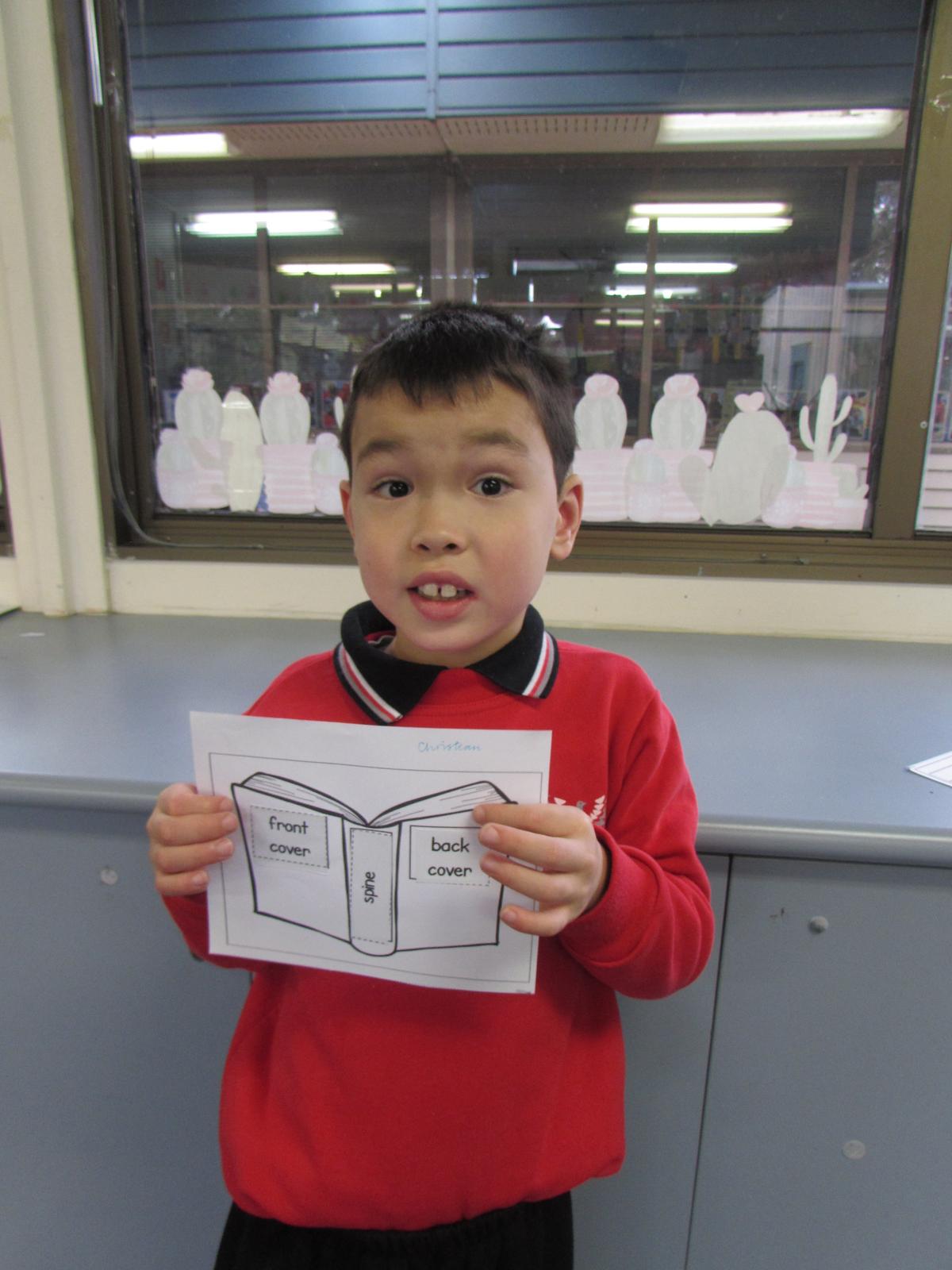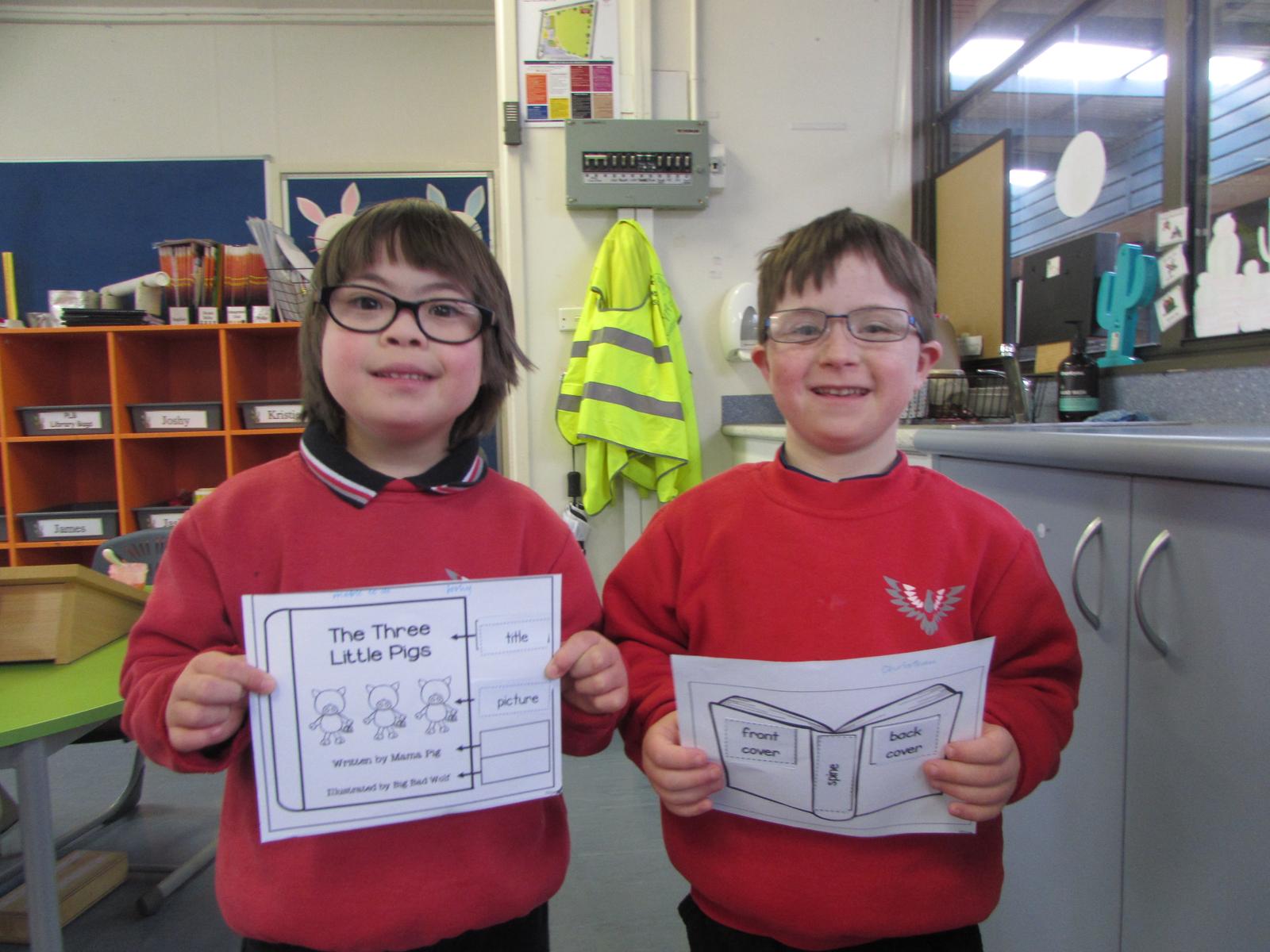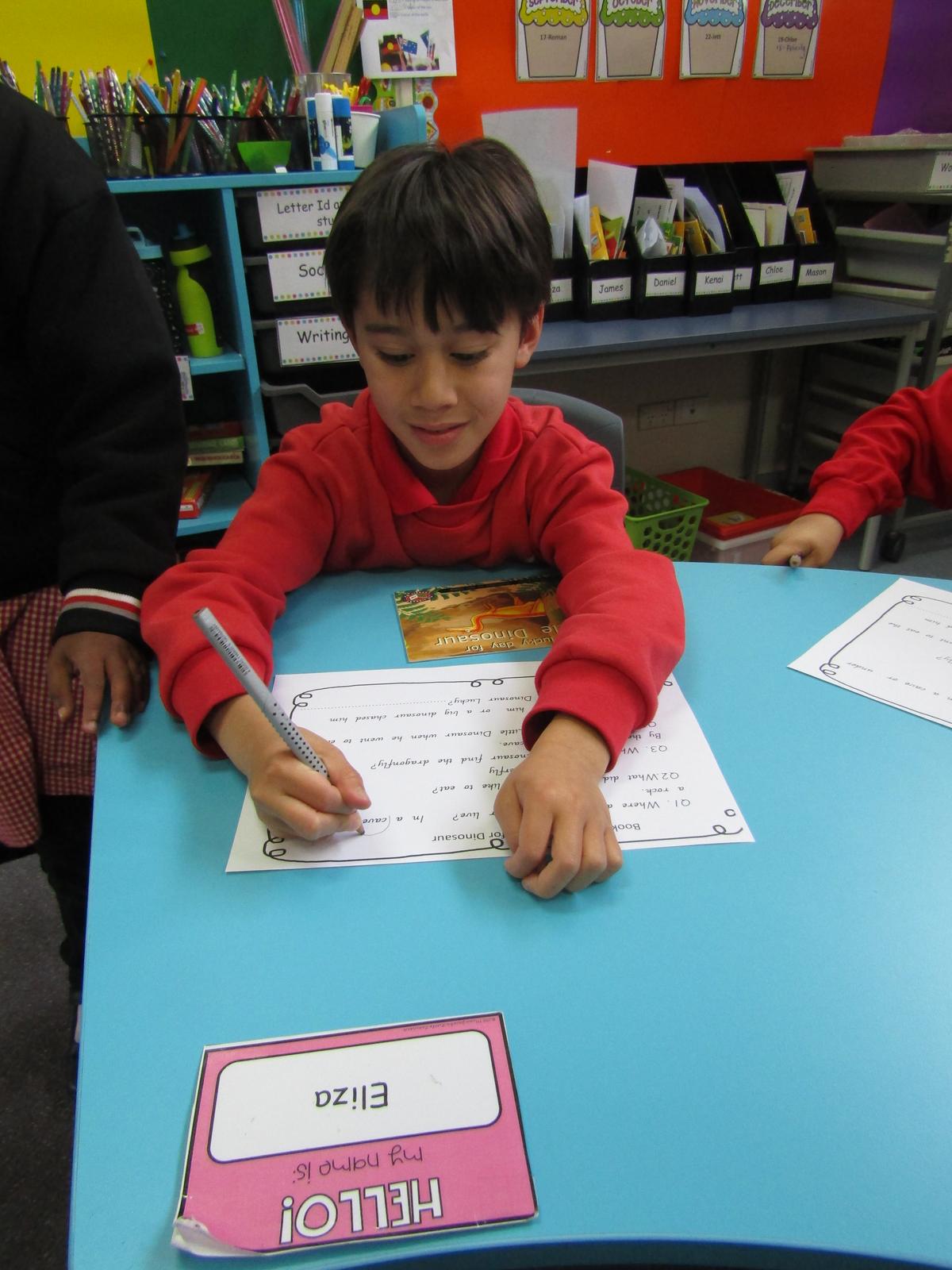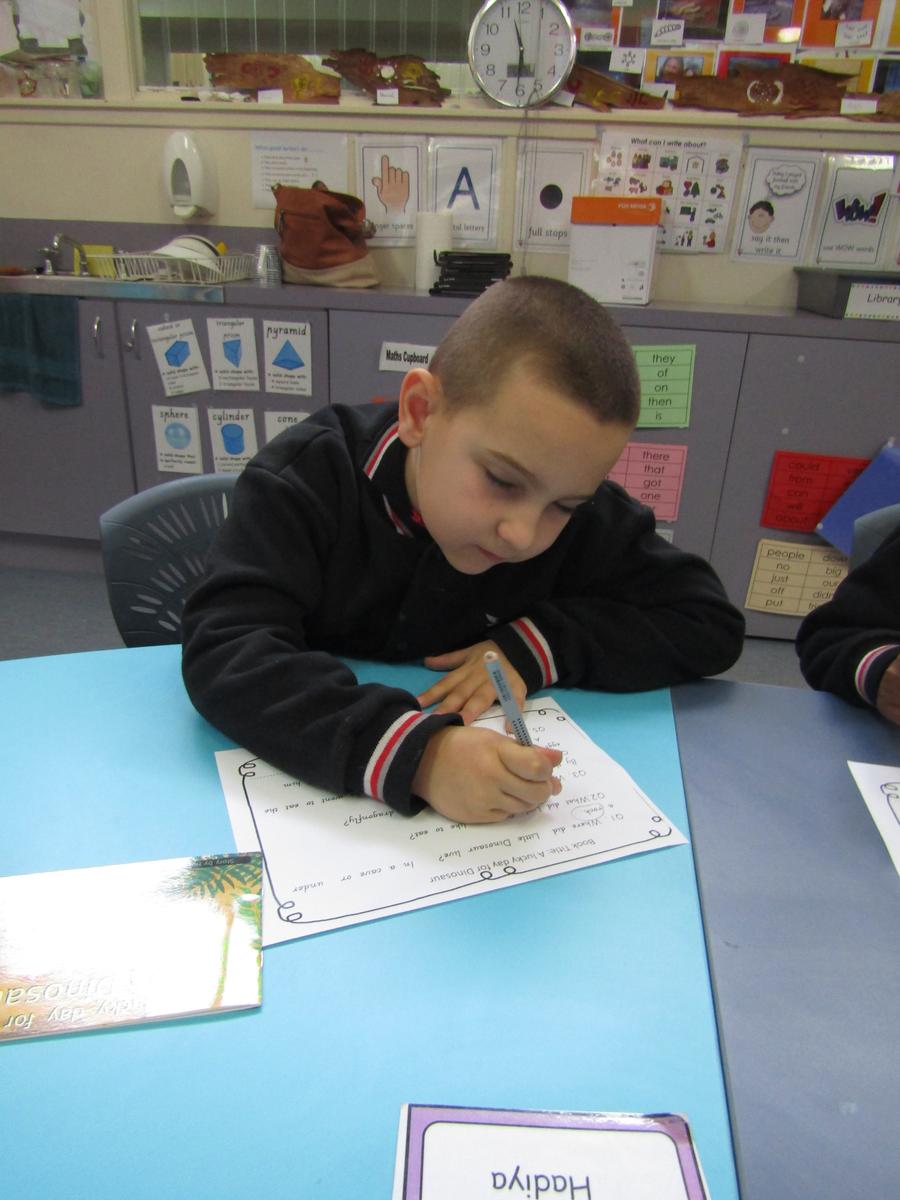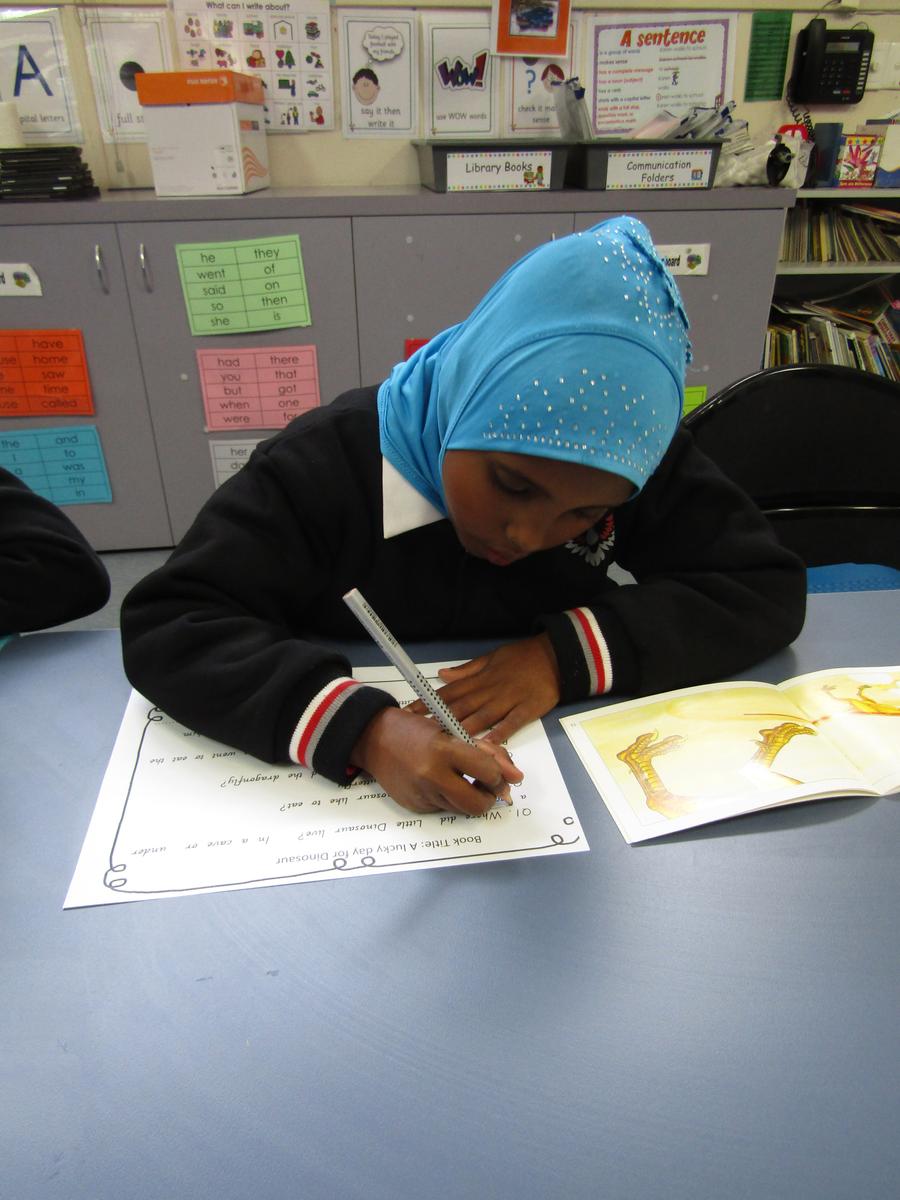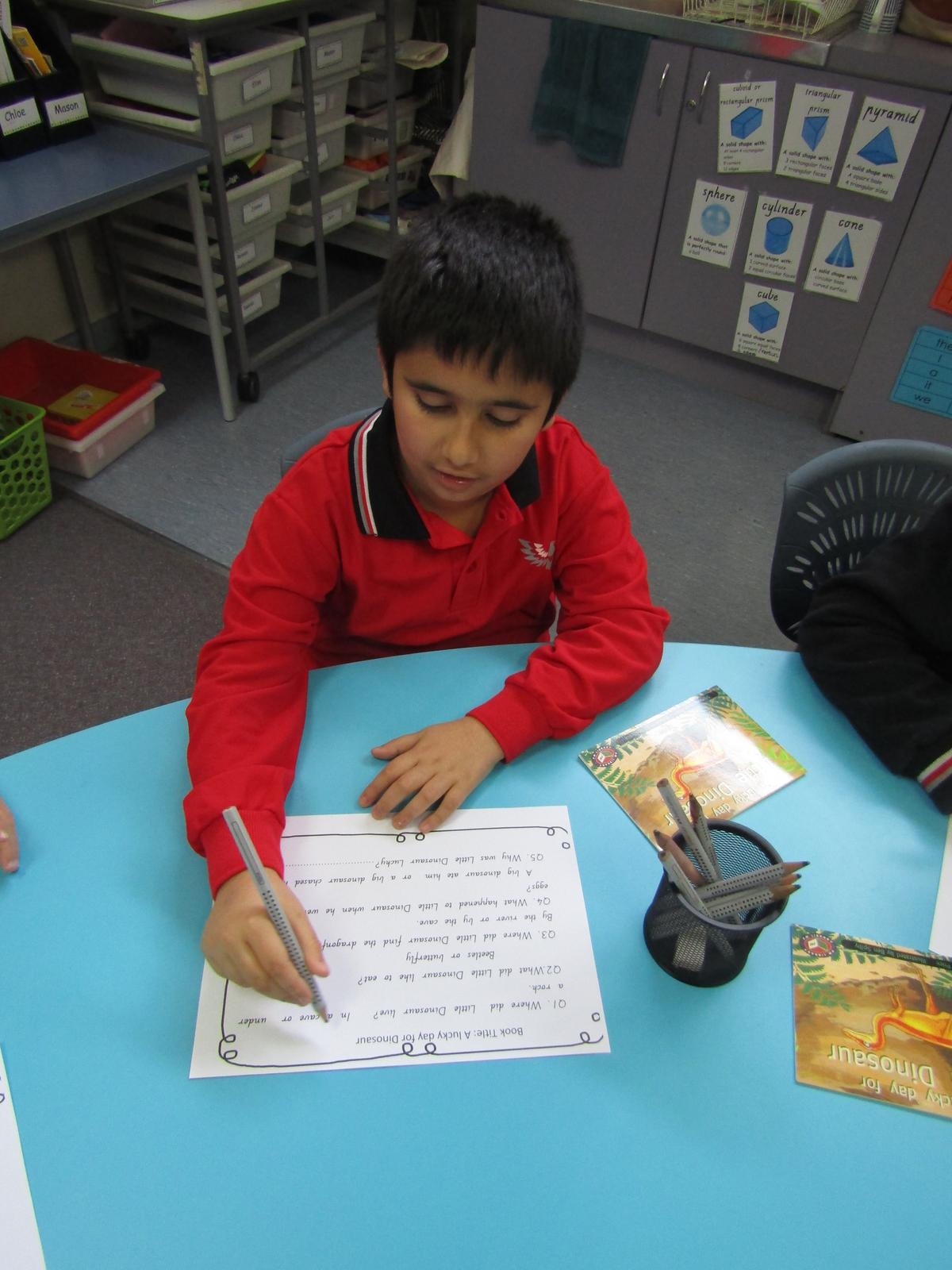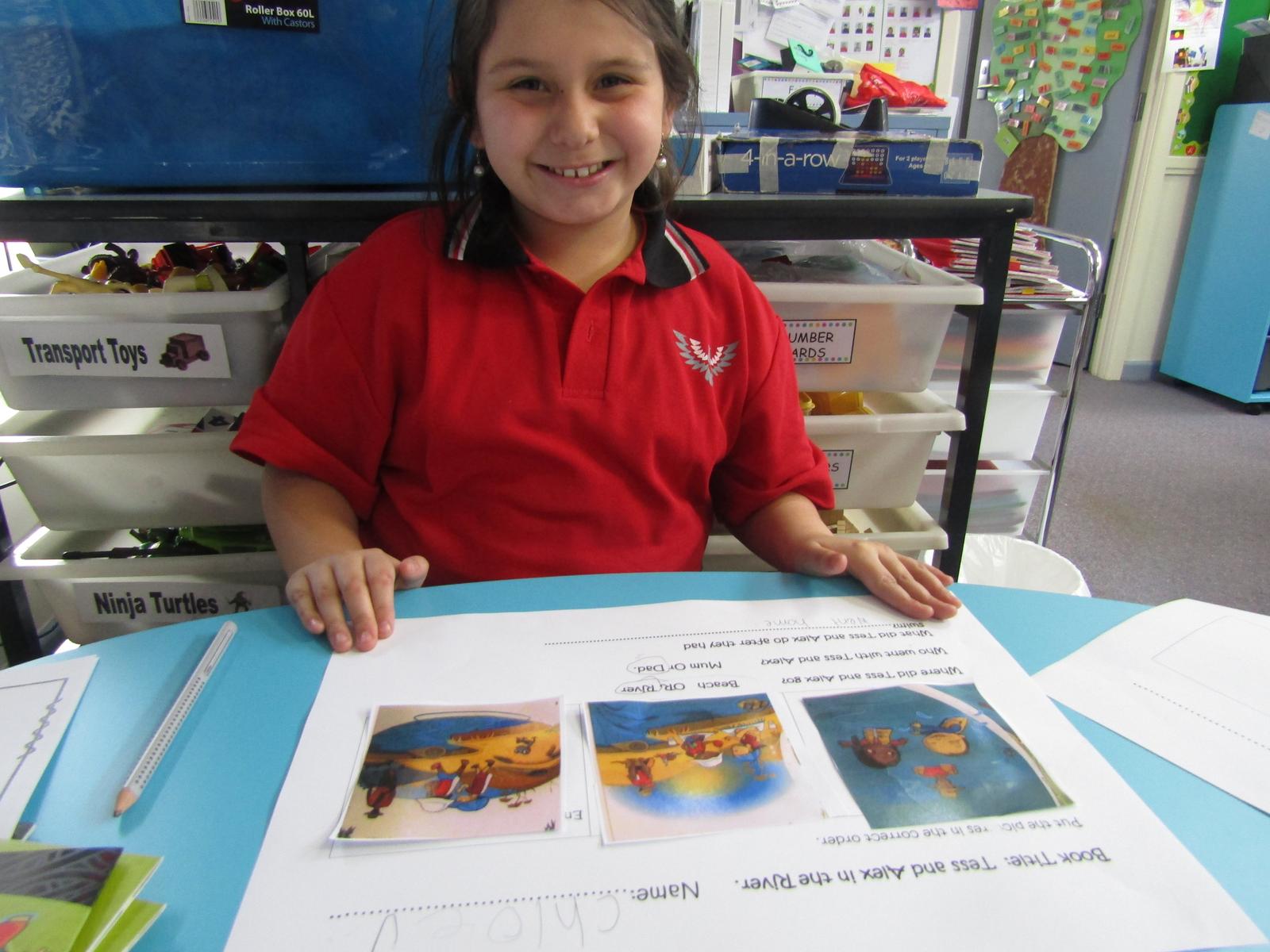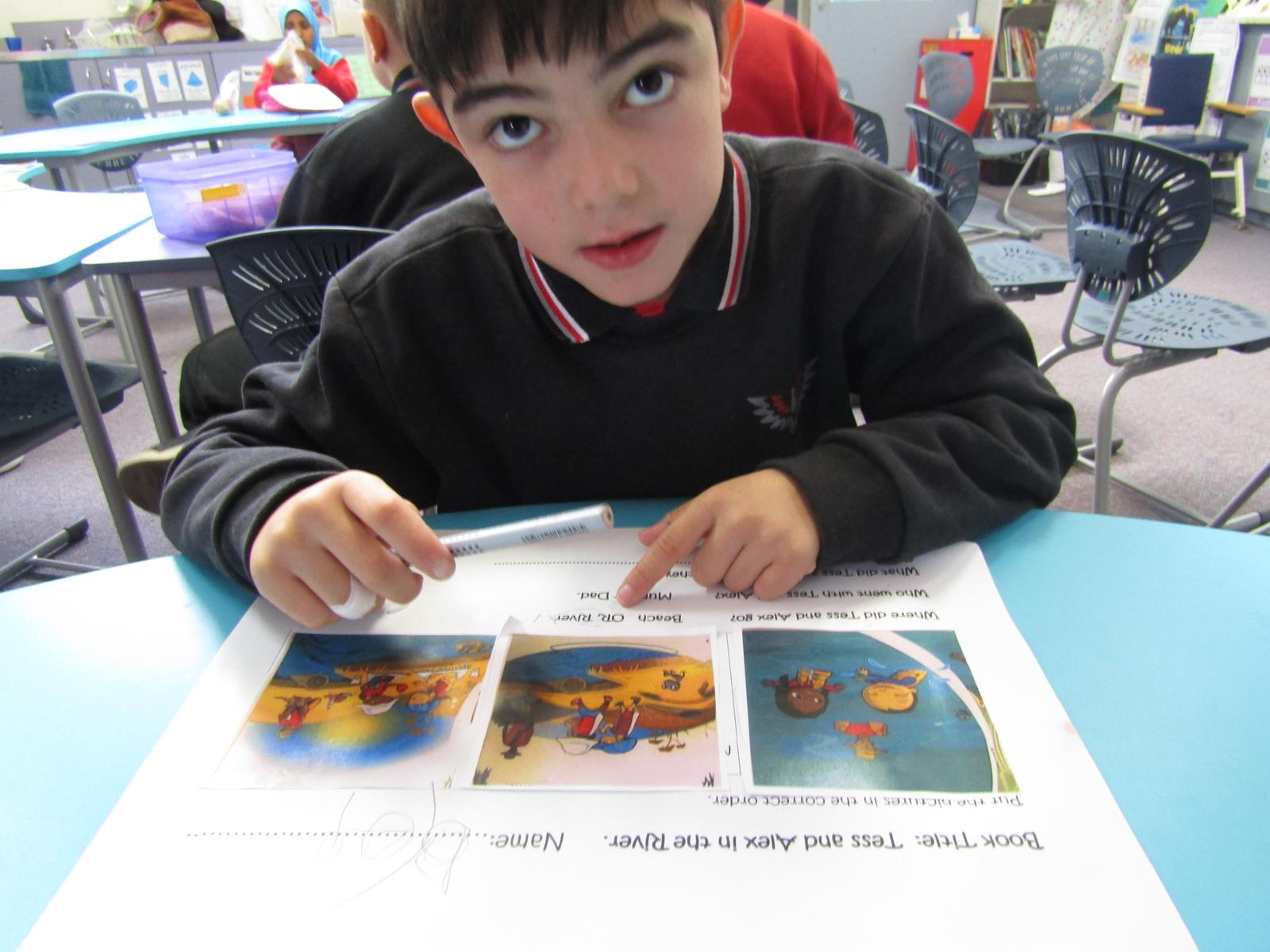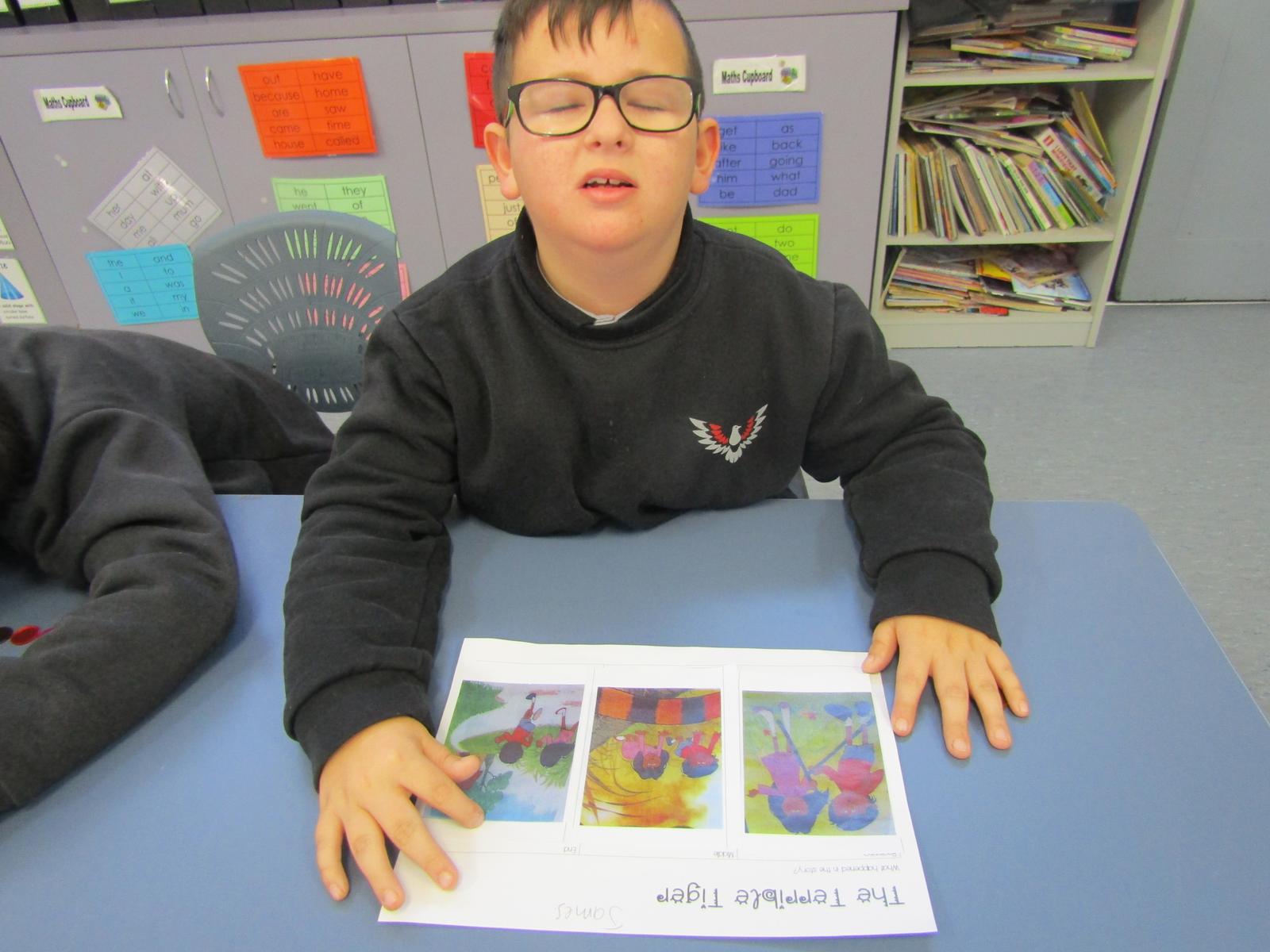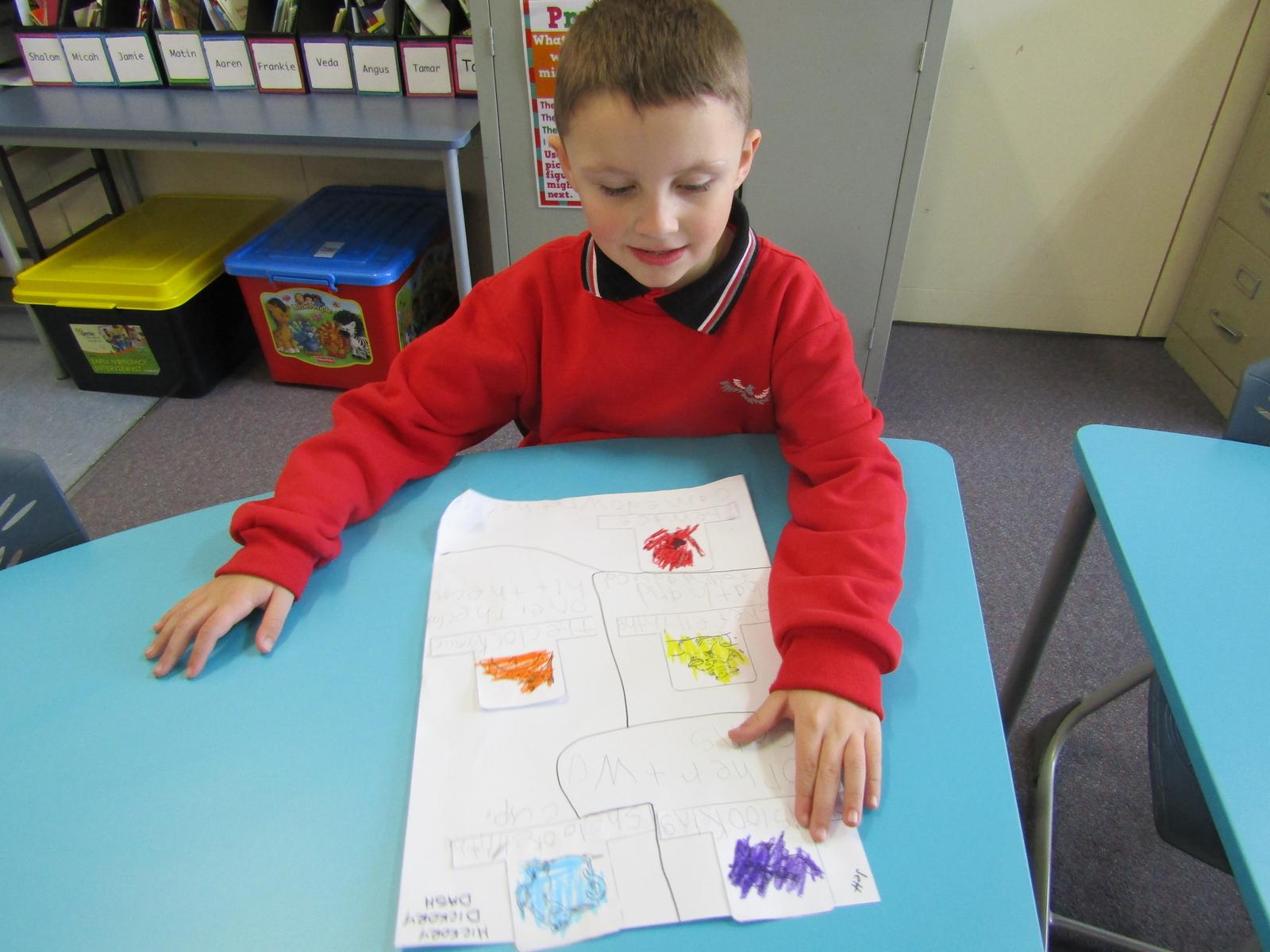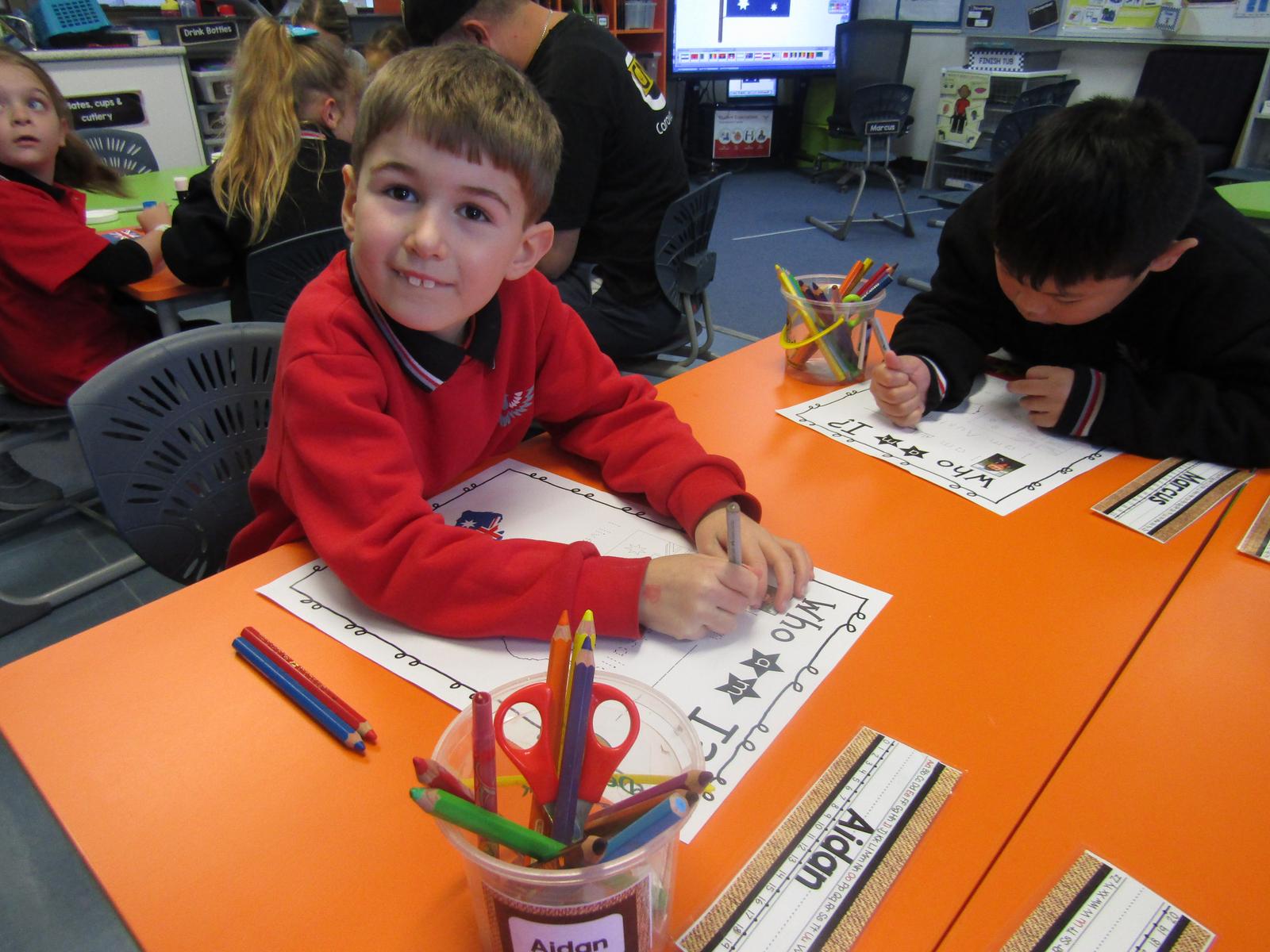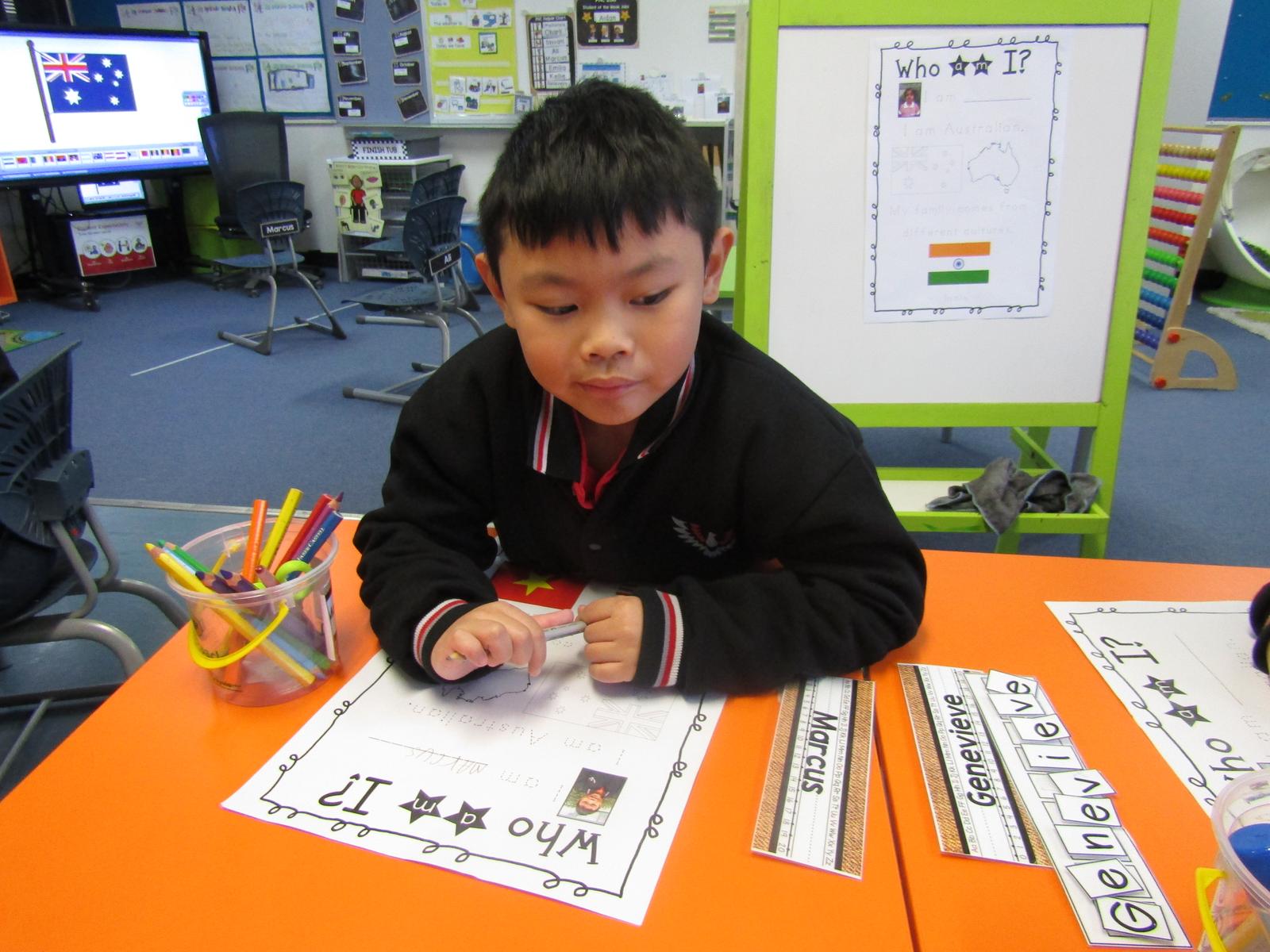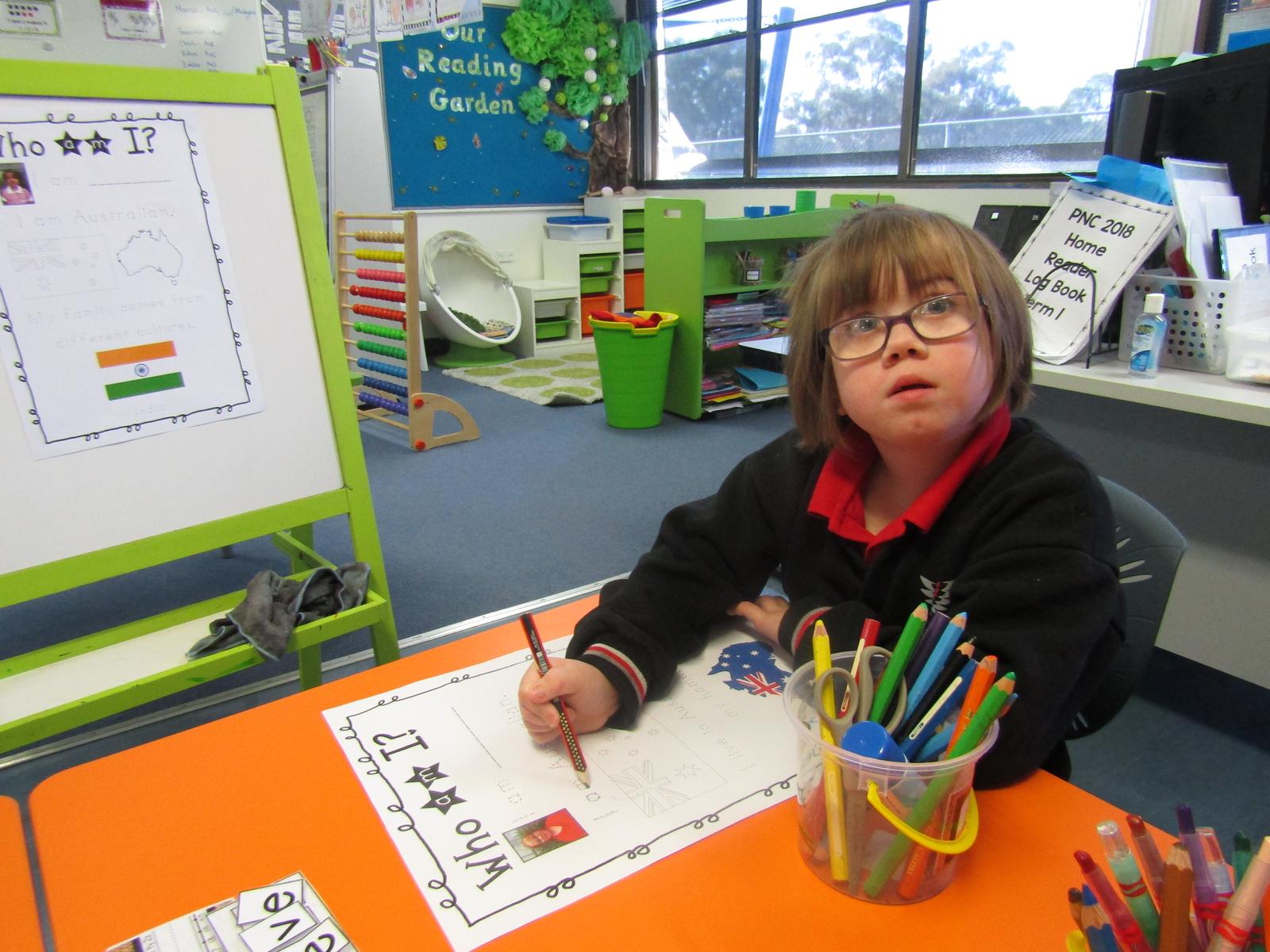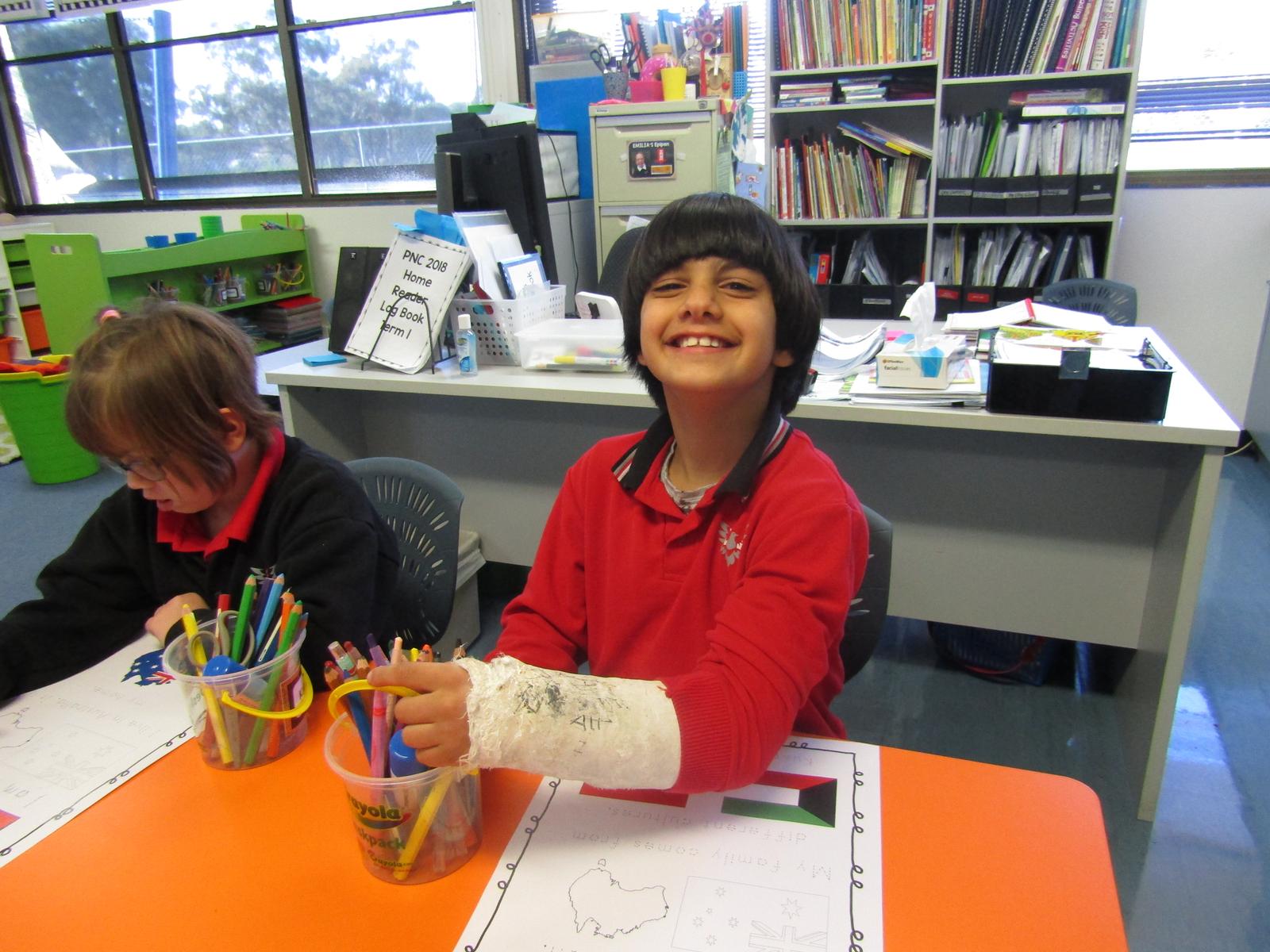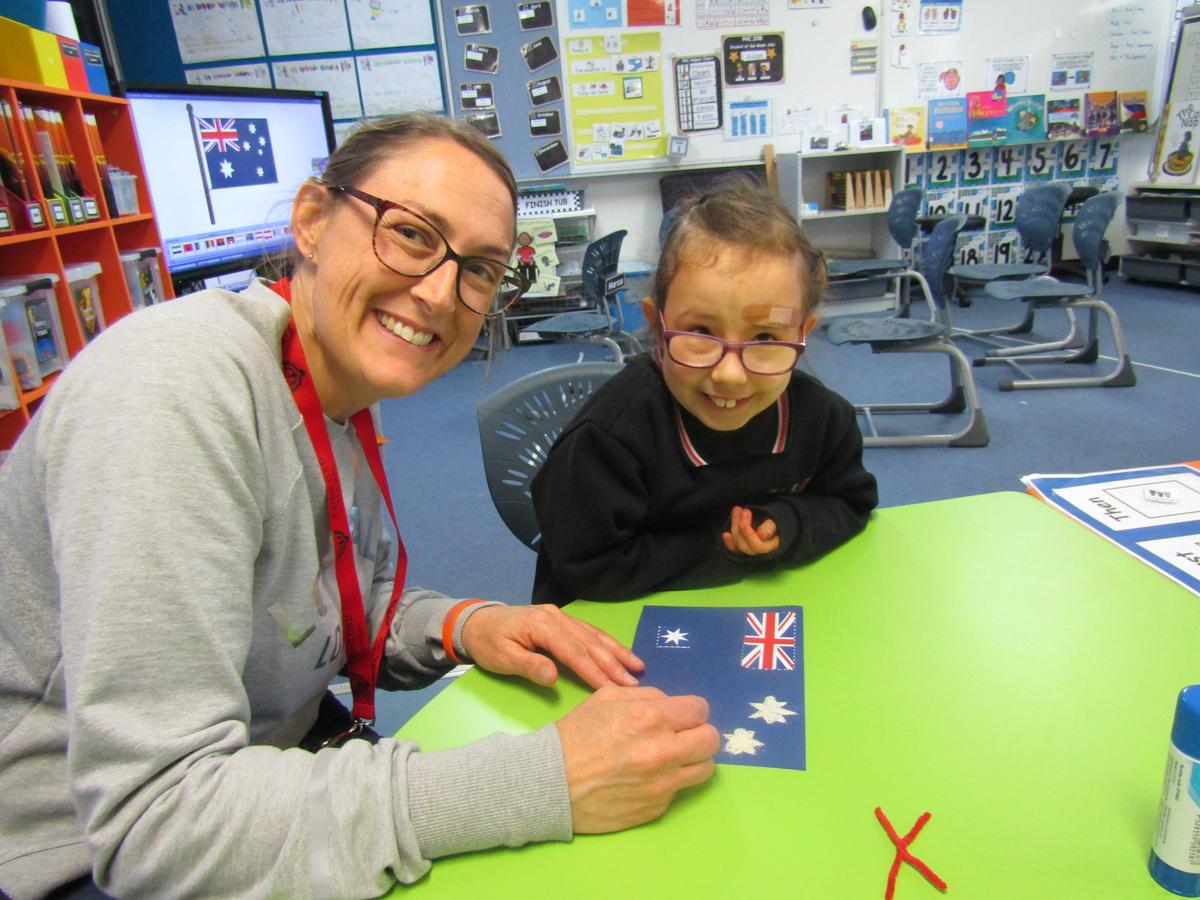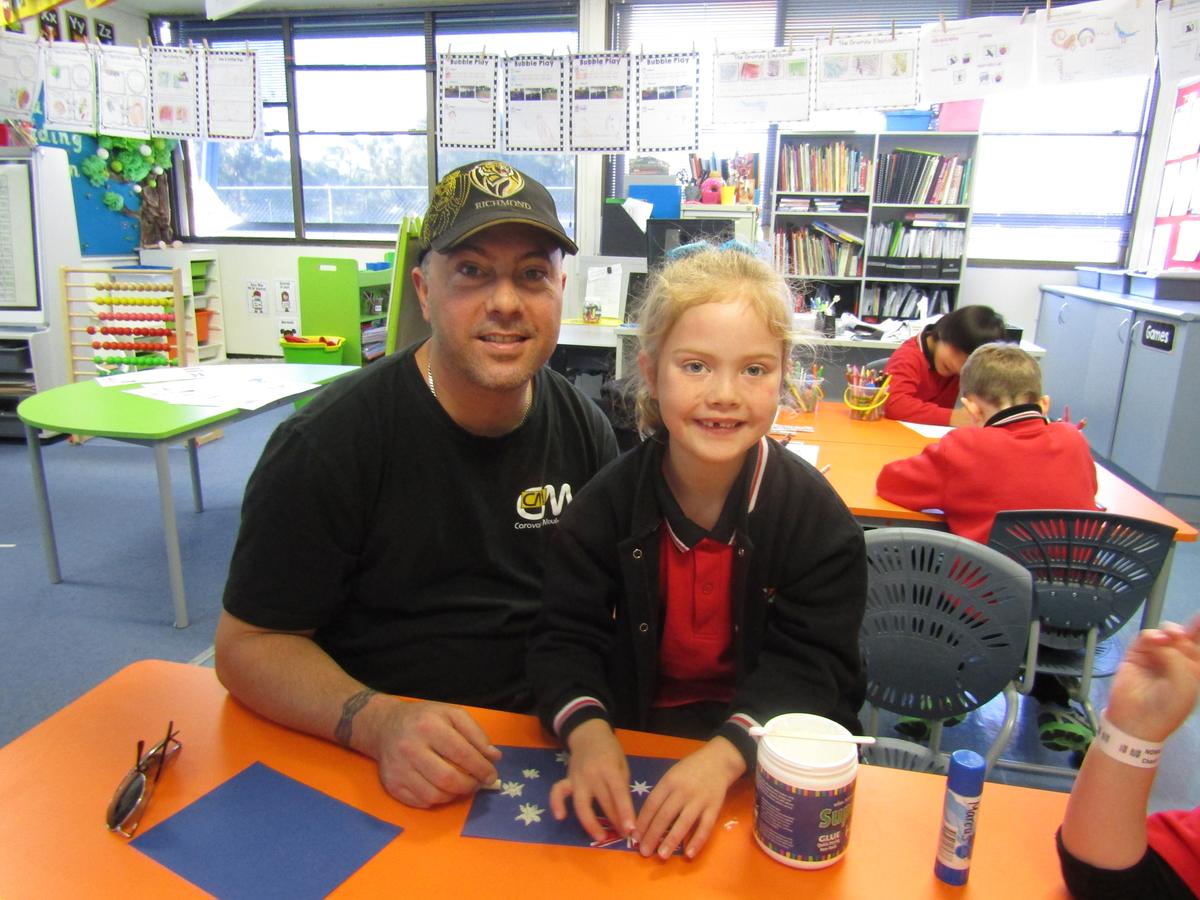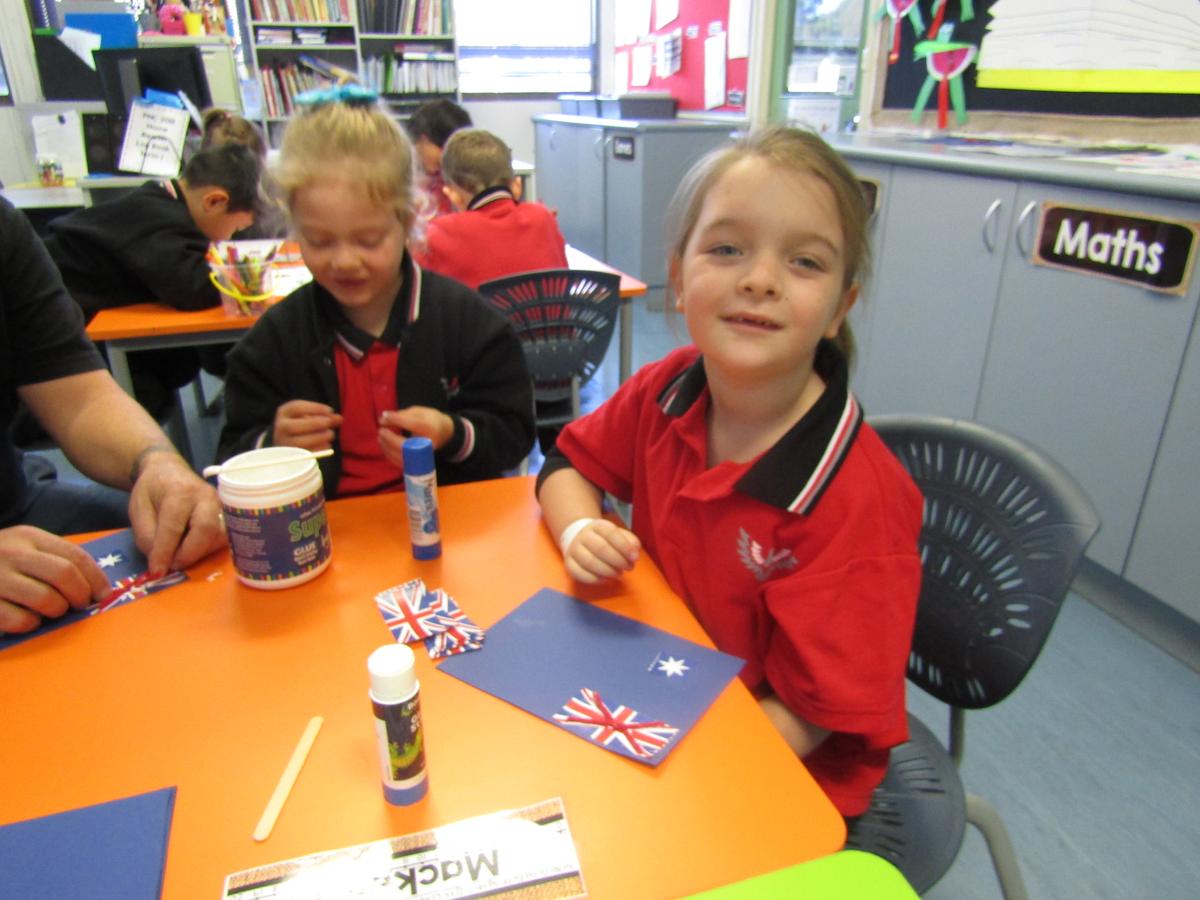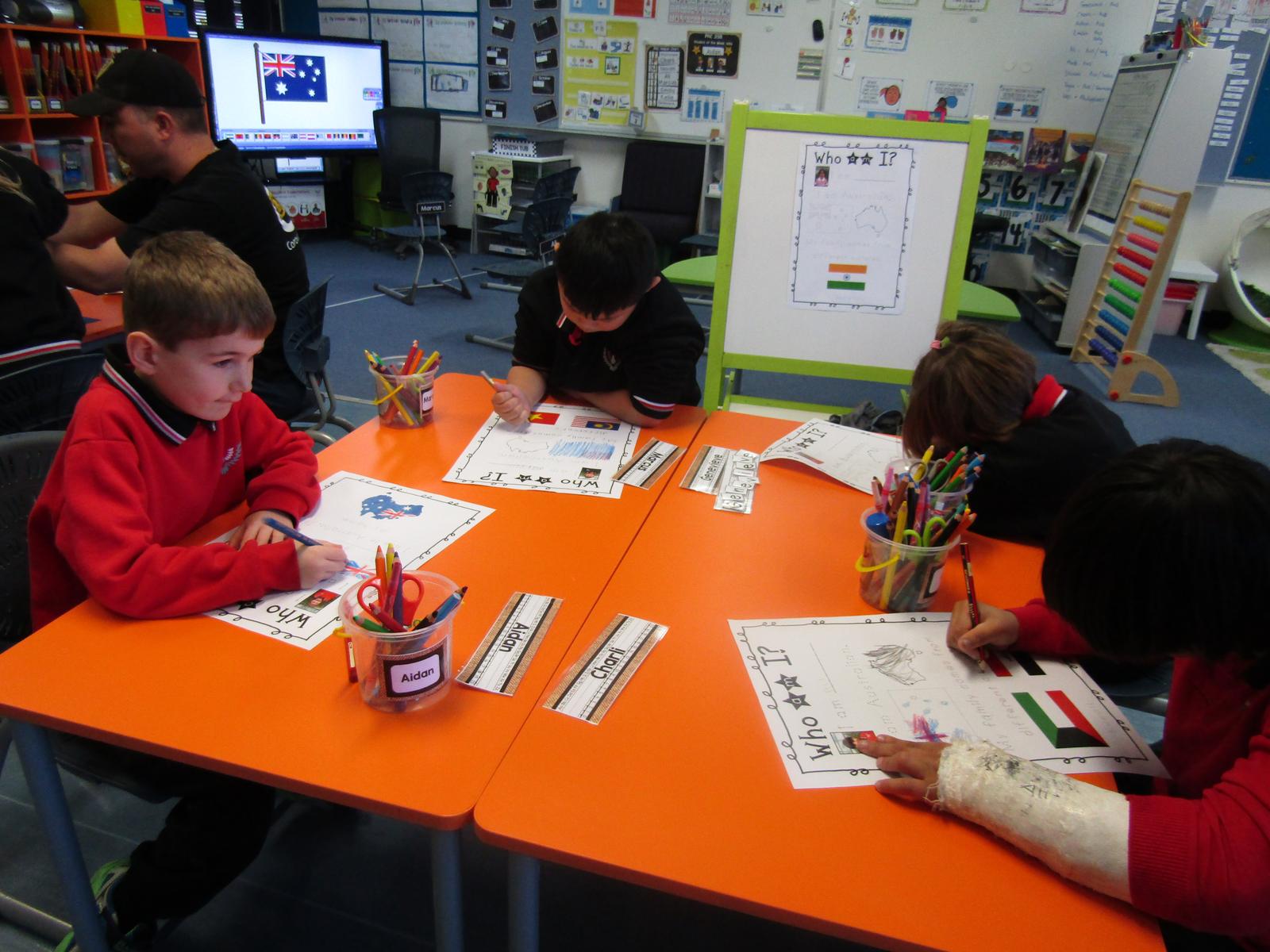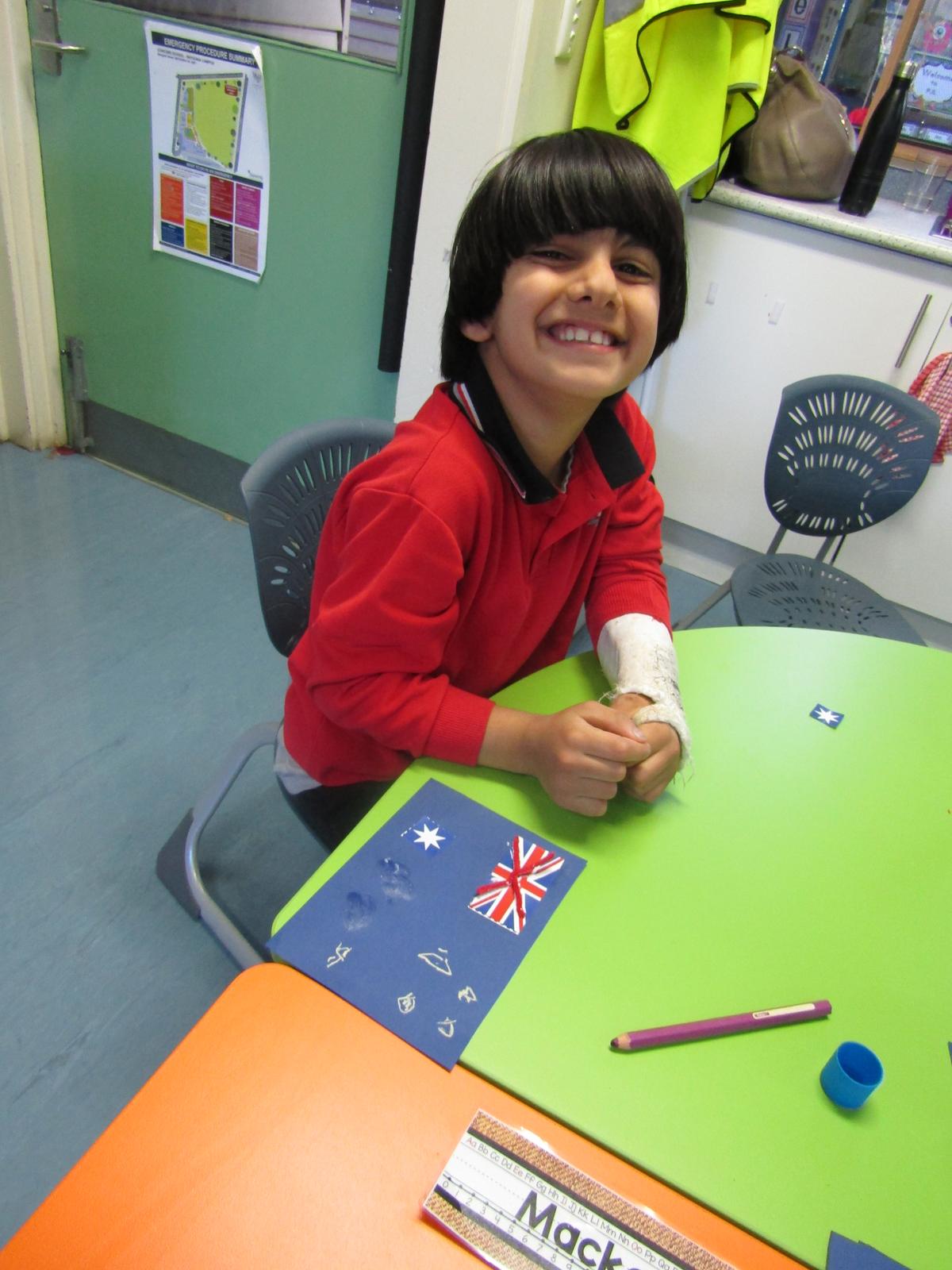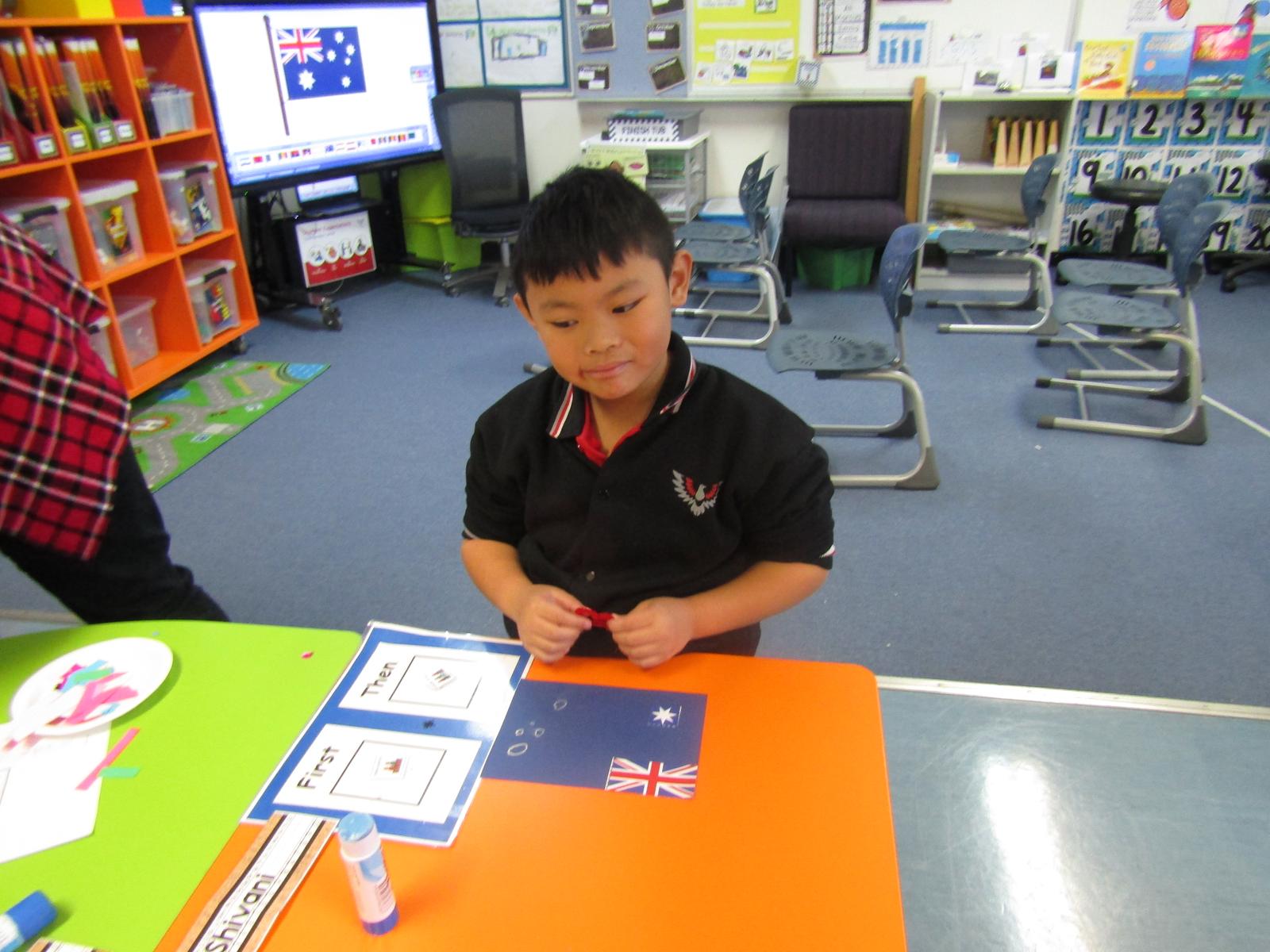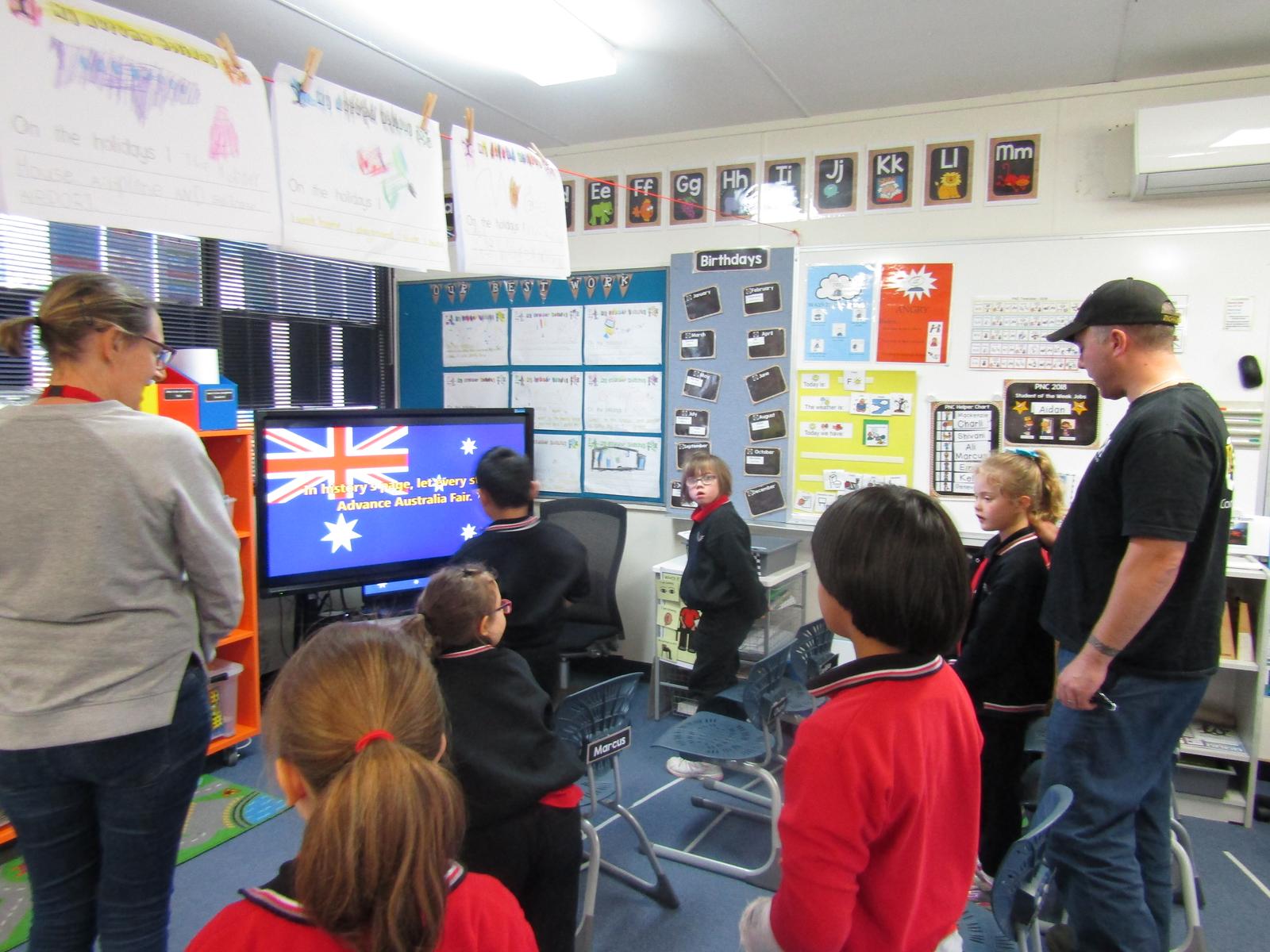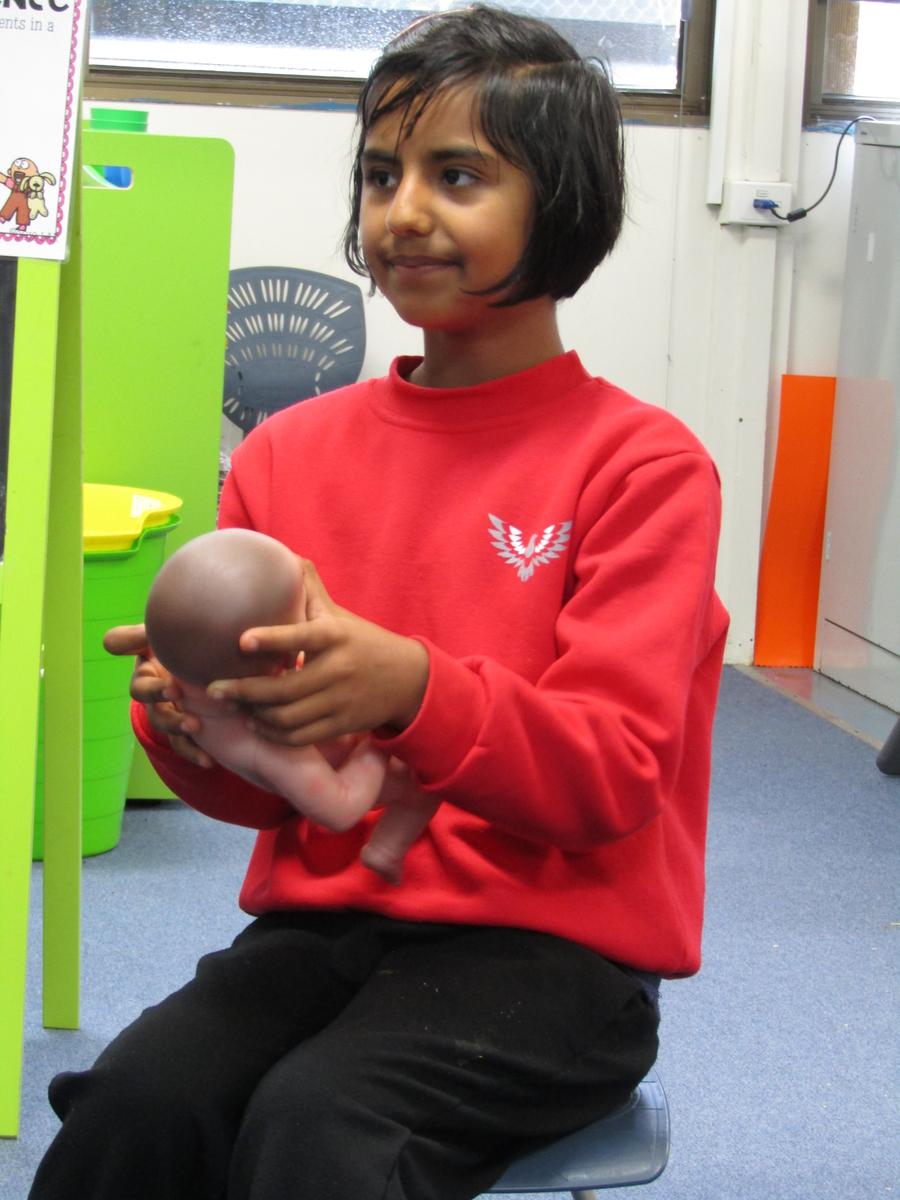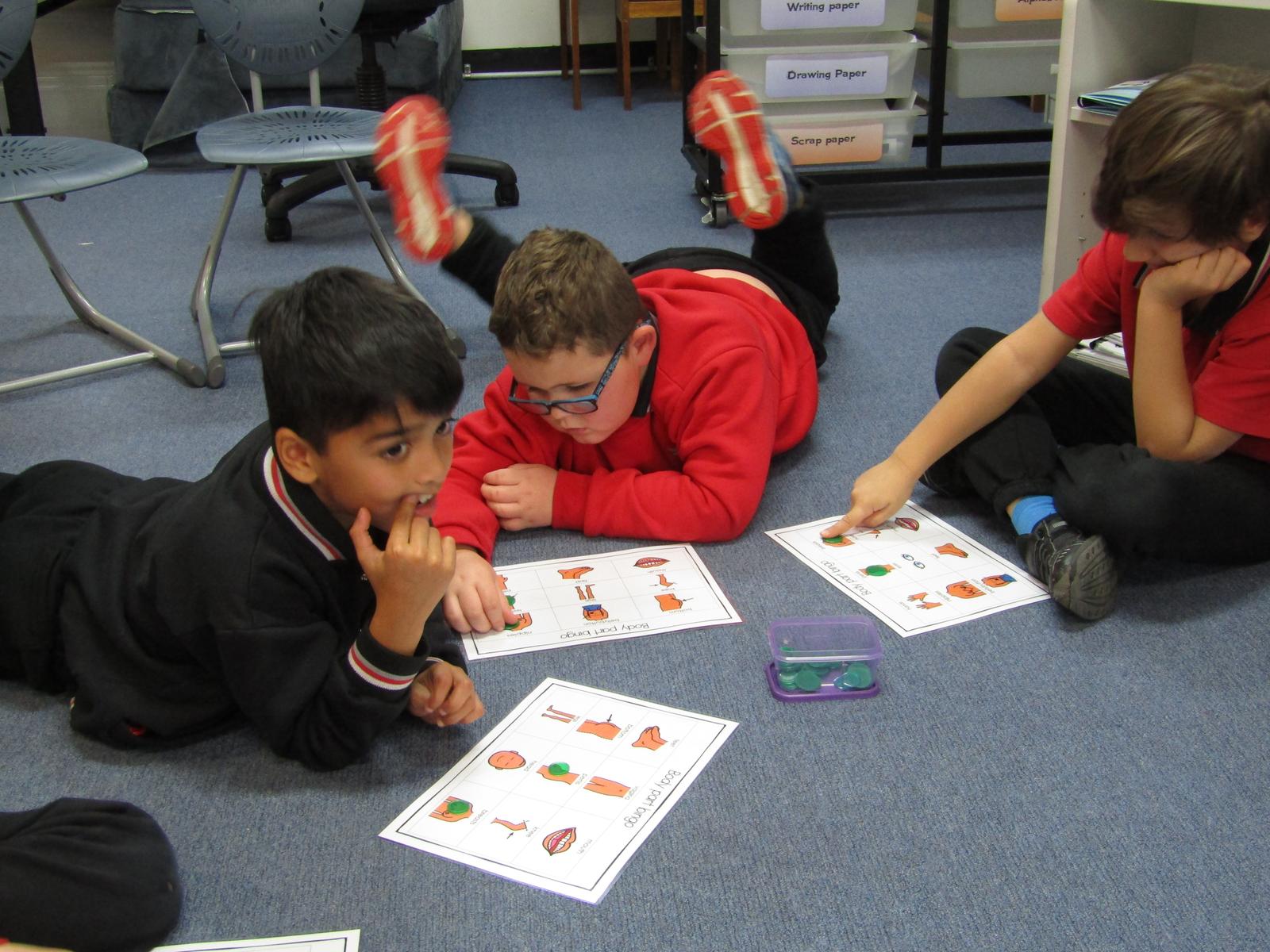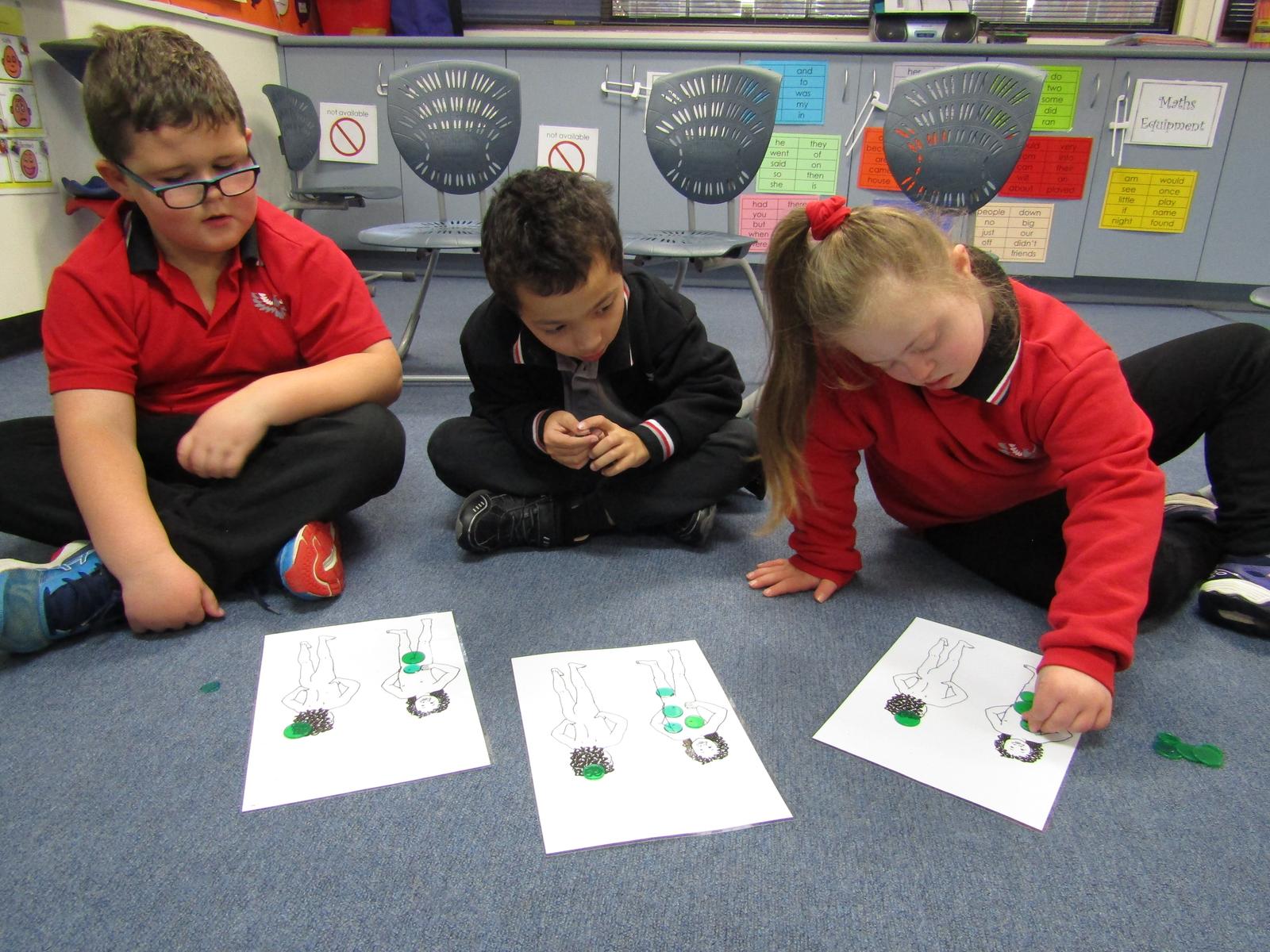Teaching and Learning
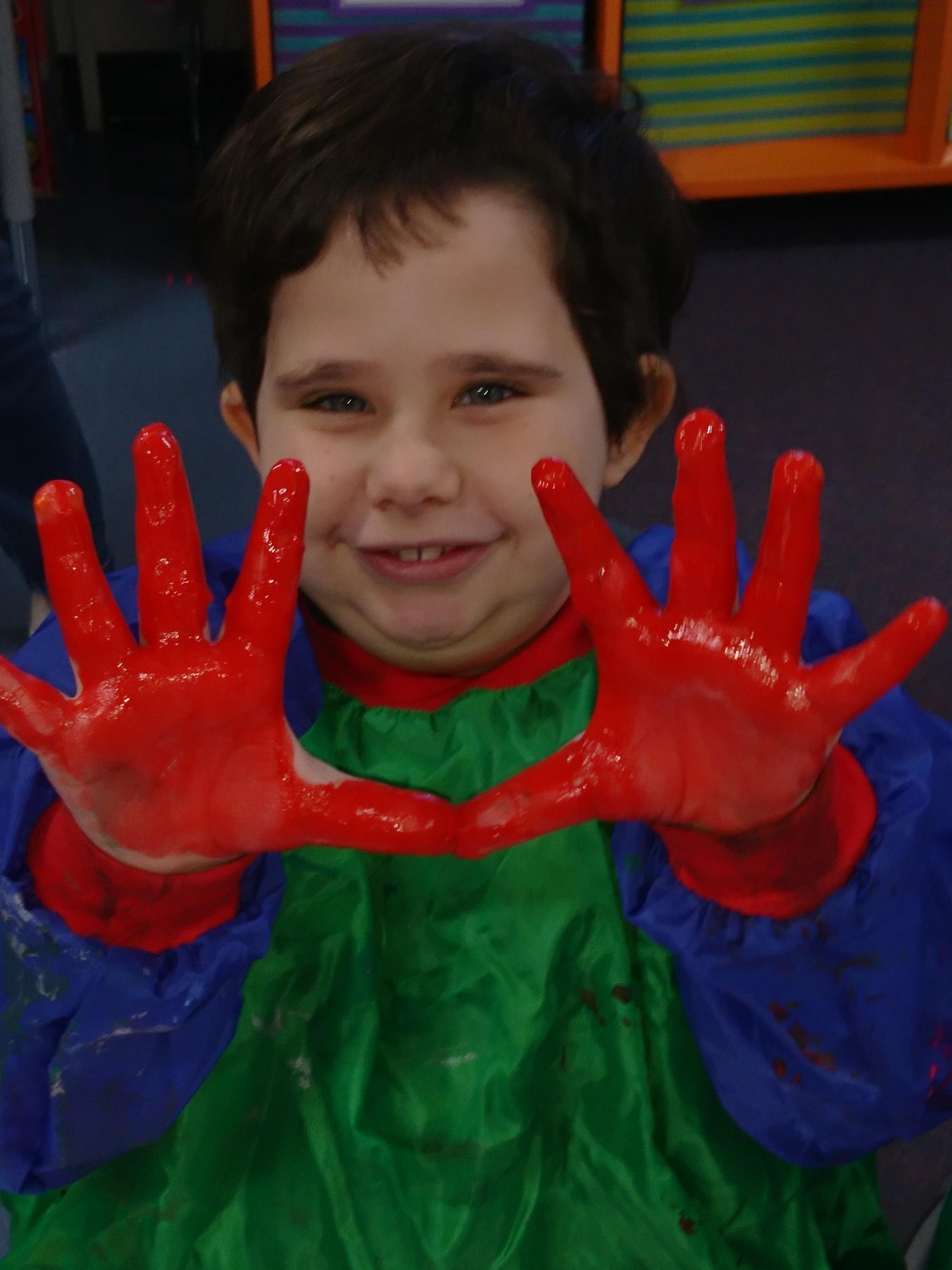
Mathematics
In the area of Mathematics students have continued to build their knowledge and skills in the area of subtraction using numbers to 3, 5, 10, 20
Activities have included:
- Using shared experiences with concrete materials to take one away from a group of objects and count to find a total
- Experience subtraction through games
- Use language such less to describe a change in a group when taking away
- Use one less to recall simple number facts to 10
- Using two different coloured counters on a tens frame to represent that a number is made up of parts.
- Solve subtraction problems using count back from the largest number as a strategy for example 7-2 =5 Put the 7 in your head and count back 2- 7, 6, 5
In Measurement and Geometry students have started their work on Location.
Until the end of term students will:
- Follow directions during everyday situations for example during chants and songs with repeated actions, when completing art works, when locating specific objects or when completing a task.
- Use everyday language to explain where an object is
- Follow directions to move an object in , on, under, up , down , over, between, near, next to , forwards, backwards.
Reading & Viewing - Concepts About Print
The main understandings or elements of Concepts of Print for English include the concept of text (how a text conveys a message), concept of book (how a book works, how different texts are organised), the idea of directionality (that books are read from left to right, top to bottom), and other mechanical features (spacing, punctuation, the difference between letters, numerals, and other symbols).
Concepts about Print are not taught in isolation but rather as a focus during modelled, shared and guided reading activities by:
- reading a storybook and modelling and/or identifying features of text while reading, for example differences between words and letters, directionality, return sweep, front and back cover of book.
- reading a poem or a song that students are familiar with and highlighting features of the text - e.g. capital letters, full stops and discussing the purpose of these features
- reading books with different font types/sizes, bold, exclamation mark, question mark and capital letters
- Isolating familiar words in text.
Writing
- Building a print rich classroom environment - using labels, alphabet posters, word walls, reading corners also contributes to the development of concepts of print.
Writing
The main recount topic this week has been around Education week and the activities that occurred with parents.
Students responded to this shared experience orally, by drawing, dictating a sentence or having a go at their own writing. Students once again used use photos and visual information such as pictures, picture words and picture word sentences to assist them. Students recounted the sequence of events and developed a conclusion about what happened as part of their Education week experiences.
In all of the recount experience students responded to the orientation prompts: First, then, next, finally
- Who was there?
- What happened?
- When did it happen?
- Where did it happen?
Integrated Unit
As part of the Integrated Unit “Stories of the Past” students have been exposed to different countries, customs, traditions and the stories that can be told. Students are continuing to investigate their cultural backgrounds and the different traditions and stories that are told within their own families. This includes the flags of different countries and the foods that are associated with these countries and their cultures. PLW, PHT and PKW have also investigated Indian and Vietnamese cultures.
As part of this ongoing multicultural focus on “Stories of the Past" students will attend a dance workshop which will incorporate the traditional Chinese dragon or lion heads that are used to tell traditional Chinese stories. The students will be involved in creating an exciting dance performance and learning about Chinese culture and their stories at the same time. African Drumming is also coming to Lower Primary to present a workshop focusing on introducing students to West African culture through music, dance and storytelling.
Social Competencies
The Sexuality program has commenced with some classes revising gender and body parts and exploring the parts that are the same and different for boys and girls. Some classes have also explored the private parts and what this means. Students are enjoying activities using the anatomical dolls, bingo games, games and songs and worksheets involving cut and paste to cover up the private body parts with overlays.
Kath Moore
Watsonia Campus Principal
